What To Know About Medicinal Herbal Essential Oils
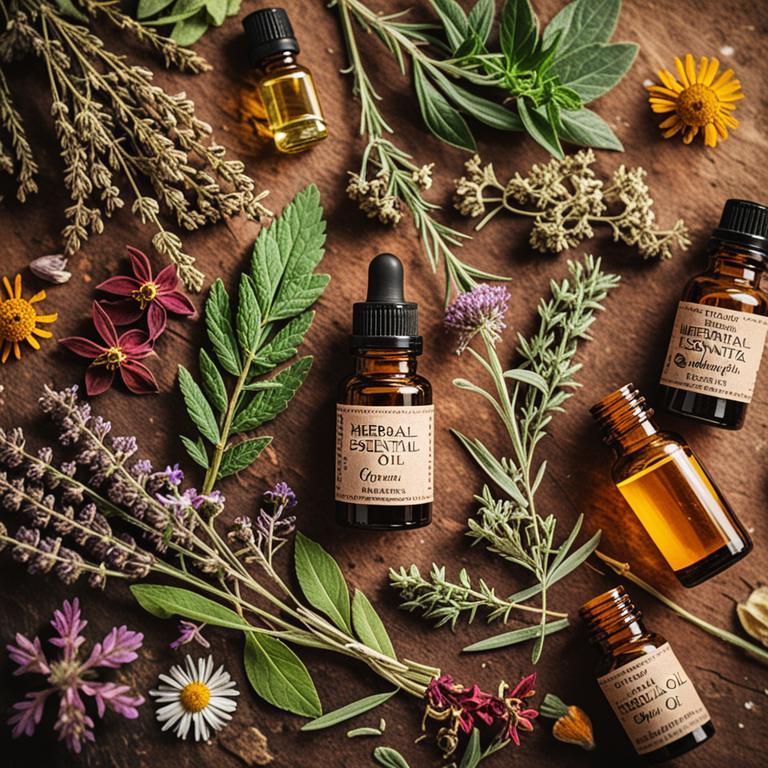
Some of the best medicinal herbal essential oils include lavender, peppermint, eucalyptus, tea tree, and chamomile, each offering unique therapeutic benefits.
Lavender is widely known for its calming effects and is often used to reduce stress and promote sleep. Peppermint essential oil can help alleviate headaches and improve mental alertness due to its stimulating properties. Eucalyptus is valued for its ability to ease respiratory congestion and support immune health.
Tea tree oil is renowned for its strong antiseptic properties, making it effective for treating skin infections and fungal issues.
FREE Herb Drying Checklist
How to make sure every batch retains maximum flavor, color, and aroma without the risk of mold or over-drying. Eliminate guesswork and trial-and-error, making herb drying faster, easier, and more efficient every time.
Table of Contents
- 1. Rosemary (Rosmarinus officinalis)
- 2. English lavender (Lavandula angustifolia)
- 3. Ginger (Zingiber officinale)
- 4. Ceylon cinnamon (Cinnamomum zeylanicum)
- 5. Turmeric (Curcuma longa)
- 6. Eucalyptus (Eucalyptus globulus)
- 7. Black pepper (Piper nigrum)
- 8. Thyme (Thymus vulgaris)
- 9. Salvia (Salvia officinalis)
- 10. Peppermint (Mentha piperita)
- 11. Stinging nettle (Urtica dioica)
- 12. Chaste tree (Vitex agnus-castus)
- 13. Melaleuca (Melaleuca alternifolia)
- 14. Ceylon cinnamon (Cinnamomum verum)
- 15. Thistle (Silybum marianum)
- 16. Lemon balm (Melissa officinalis)
- 17. Fennel (Foeniculum vulgare)
- 18. Oregano (Origanum vulgare)
- 19. Yarrow (Achillea millefolium)
- 20. Chamomile (Matricaria chamomilla)
- 21. Lemon grass (Cymbopogon citratus)
- 22. St. john's wort (Hypericum perforatum)
- 23. Echinacea (Echinacea purpurea)
- 24. Cumin (Cuminum cyminum)
- 25. Dog rose (Rosa canina)
- 26. Licorice (Glycyrrhiza glabra)
- 27. Scots pine (Pinus sylvestris)
- 28. German chamomile (Chamomilla recutita)
- 29. Citrus sinensis
- 30. Aloe barbadensis
- 31. Valerian (Valeriana officinalis)
- 32. Blessed thistle (Cnicus benedictus)
- 33. Black cumin (Nigella sativa)
- 34. Sandalwood (Santalum album)
- 35. Bell pepper (Capsicum annuum)
- 36. Common teucrium (Teucrium marum)
- 37. Field horsetail (Equisetum arvense)
- 38. Common grape (Vitis vinifera)
- 39. Marigold (Calendula officinalis)
- 40. Black cohosh (Cimicifuga racemosa)
- 41. Pogostemon (Pogostemon cablin)
- 42. Polium germander (Teucrium polium)
- 43. Camellia (Camellia sinensis)
- 44. Ginkgo (Ginkgo biloba)
- 45. White water lily (Nymphaea alba)
- 46. Anise (Pimpinella anisum)
- 47. Basil (Ocimum basilicum)
- 48. Citron (Citrus aurantium)
- 49. Greek oregano (Satureja hortensis)
- 50. Mountain arnica (Arnica montana)
- 51. Catnip (Nepeta cataria)
- 52. Olibanum (Boswellia carteri)
- 53. Lemon grass (Cymbopogon martini)
- 54. Camphor tree (Cinnamomum camphora)
- 55. Indian frankincense (Boswellia serrata)
- 56. Golden root (Rhodiola rosea)
- 57. Black elderberry (Sambucus nigra)
- 58. Centella (Centella asiatica)
- 59. Damask rose (Rosa damascena)
- 60. Kava (Piper methysticum)
- 61. Panax ginseng (Panax ginseng)
- 62. Puncture vine (Tribulus terrestris)
- 63. Cilantro (Coriandrum sativum)
- 64. Tulsi (Ocimum sanctum)
- 65. Caraway (Carum carvi)
- 66. Wormwood (Artemisia absinthium)
- 67. European plum (Prunus domestica)
- 68. Lemon (Citrus limon)
- 69. Maypop (Passiflora incarnata)
- 70. Hemp (Cannabis sativa)
- 71. Peperomia plant (Peperomia pellucida)
- 72. Dill (Anethum graveolens)
- 73. Sweet wormwood (Artemisia annua)
- 74. Garlic (Allium sativum)
- 75. White cedar (Thuja occidentalis)
- 76. Clary sage (Salvia sclarea)
- 77. Horse radish (Cnidium monnieri)
- 78. Tree peony (Paeonia suffruticosa)
- 79. Tongkat ali (Eurycoma longifolia)
- 80. Sutherlandia frutescens
- 81. Sunflower (Helianthus annuus)
- 82. Eucalyptus citriodora
- 83. Geranium (Pelargonium graveolens)
- 84. Italian cypress (Cupressus sempervirens)
- 85. Pomegranate (Punica granatum)
- 86. Wheat (Triticum aestivum)
- 87. Sweet almond (Prunus dulcis)
- 88. Love-in-a-mist (Peucedanum ostruthium)
- 89. Artichoke (Cynara scolymus)
- 90. Horse chestnut (Aesculus hippocastanum)
- 91. Pyrethrum (Anthemis nobilis)
- 92. Sacred lotus (Nelumbo nucifera)
- 93. Chinese peony (Paeonia lactiflora)
- 94. Common mallow (Symphytum officinale)
- 95. Sabal palmetto
- 96. Sabal serrulata
- 97. Ashwagandha (Withania somnifera)
- 98. Heartworts (Leonurus cardiaca)
- 99. Maca (Lepidium meyenii)
- 100. Cyperus rotundus
1. Rosemary (Rosmarinus officinalis)

Rosmarinus officinalis herbal essential oils are used to promote mental clarity and enhance cognitive function due to their stimulating properties.
They are commonly incorporated into aromatherapy practices to reduce stress and anxiety, offering a natural way to support emotional well-being. These essential oils also possess antimicrobial and anti-inflammatory properties, making them beneficial for skin care and wound healing. In addition, they are used in massage therapy to improve circulation and relieve muscle tension.
Their versatility and therapeutic benefits make rosmarinus officinalis essential oils a valuable component in both traditional and modern holistic health practices.
2. English lavender (Lavandula angustifolia)

Lavandula angustifolia herbal essential oils are used to promote relaxation and reduce stress due to their calming and sedative properties.
They are commonly applied in aromatherapy to ease anxiety and improve mood by stimulating the parasympathetic nervous system. These oils are also utilized in skincare for their antimicrobial and anti-inflammatory effects, making them effective for treating minor skin irritations and acne. Additionally, lavender essential oil is often incorporated into massage oils and diffusers to create a soothing atmosphere in homes and therapeutic settings.
Because of their versatility and therapeutic benefits, lavandula angustifolia essential oils are highly valued in both alternative medicine and everyday wellness routines.
3. Ginger (Zingiber officinale)

Zingiber officinale herbal essential oils are used to promote digestive health by stimulating the production of digestive enzymes and reducing symptoms of indigestion, bloating, and nausea.
These oils also have potent anti-inflammatory properties that can help alleviate pain and swelling associated with conditions like arthritis and muscle injuries. Their warming effect makes them ideal for use in massage therapy to relieve tension and improve circulation in the body. Additionally, zingiber officinale essential oils are valued for their ability to support respiratory health by helping to clear congestion and ease symptoms of colds and sinusitis.
Due to their versatility and therapeutic benefits, these essential oils are widely utilized in aromatherapy, natural remedies, and complementary medicine practices.
4. Ceylon cinnamon (Cinnamomum zeylanicum)

Cinnamomum zeylanicum herbal essential oils are used to promote respiratory health by acting as a natural decongestant and expectorant, helping to clear mucus and ease breathing.
These oils are also valued for their antimicrobial properties, which can help in treating skin infections and reducing the risk of bacterial or fungal growth. Additionally, they are commonly used in aromatherapy to reduce stress and anxiety, thanks to their calming and uplifting aroma. The essential oils may also support digestive health by stimulating digestion and relieving symptoms of indigestion or bloating.
Overall, their versatile therapeutic properties make them a popular choice in both traditional and modern holistic medicine.
5. Turmeric (Curcuma longa)

Curcuma longa herbal essential oils are used to support digestive health by promoting the secretion of digestive enzymes and reducing inflammation in the gastrointestinal tract.
These oils have potent antioxidant properties that help neutralize free radicals, thereby protecting cells from oxidative damage. They are also valued for their anti-inflammatory effects, which can alleviate symptoms of conditions like arthritis and skin inflammation. Due to their ability to enhance the absorption of nutrients, curcuma longa essential oils are often incorporated into formulations aimed at improving overall vitality and immune function.
Their versatility in both traditional and modern medicine makes them a valuable natural remedy for a variety of health concerns.
6. Eucalyptus (Eucalyptus globulus)

Eucalyptus globulus herbal essential oils are used to support respiratory health by helping to relieve symptoms of congestion and inflammation in the airways.
Their active compounds, such as eucalyptol and cineole, have antimicrobial properties that can help combat respiratory infections. These oils are also commonly used in aromatherapy to promote mental clarity and reduce stress, making them beneficial for both physical and emotional well-being. Due to their anti-inflammatory and antiseptic qualities, they are often included in natural remedies for skin conditions and muscle pain.
Overall, their versatility and therapeutic benefits make eucalyptus globulus essential oils a valuable component in both traditional and modern holistic health practices.
7. Black pepper (Piper nigrum)

Piper nigrum herbal essential oils are used to promote respiratory health by acting as a natural decongestant and expectorant, helping to clear mucus and ease breathing.
These oils are also valued for their antimicrobial properties, which can support immune function and aid in the treatment of minor infections. Additionally, piper nigrum essential oils are commonly used in aromatherapy to reduce stress and enhance mental clarity due to their invigorating and uplifting scent. Their ability to stimulate circulation makes them beneficial for improving skin health and reducing inflammation.
Overall, the versatility of piper nigrum essential oils makes them a valuable component in both traditional and modern holistic health practices.
8. Thyme (Thymus vulgaris)

Thymus vulgaris herbal essential oils are used to support respiratory health by helping to relieve symptoms of colds, coughs, and bronchitis due to their antimicrobial and decongestant properties.
These oils are also commonly used in aromatherapy to promote mental clarity and reduce stress, thanks to their stimulating and uplifting effects on the mind. Additionally, thymus vulgaris essential oils have antiseptic qualities that make them useful in treating minor skin infections and wounds when diluted properly. Their ability to enhance immune function makes them a popular choice for boosting overall wellness during seasonal changes or when feeling under the weather.
Because of their versatility and potent therapeutic benefits, thymus vulgaris essential oils are widely valued in both traditional and modern holistic medicine practices.
9. Salvia (Salvia officinalis)

Salvia officinalis herbal essential oils are used to promote relaxation and reduce stress due to their calming and soothing properties.
These oils are also commonly employed in aromatherapy to help alleviate symptoms of anxiety and depression by balancing mood and enhancing emotional well-being. Additionally, salvia officinalis essential oils are valued for their antimicrobial and anti-inflammatory effects, making them useful in treating skin conditions and respiratory issues. They are often incorporated into diffusers, massage oils, and topical applications to support both physical and mental health.
The versatility of these oils makes them a popular choice in holistic and alternative medicine practices for their wide range of therapeutic benefits.
10. Peppermint (Mentha piperita)

Mentha piperita herbal essential oils are used to support respiratory health by helping to clear nasal congestion and ease breathing.
Their invigorating properties make them effective in reducing mental fatigue and promoting a sense of alertness and clarity. These oils are also commonly used in aromatherapy to relieve headaches and soothe stress-related tension. Due to their antimicrobial and anti-inflammatory properties, they can aid in treating minor skin irritations and infections.
Overall, mentha piperita essential oils are valued for their versatility and ability to address a wide range of physical and emotional wellness needs.
11. Stinging nettle (Urtica dioica)

Urtica dioica herbal essential oils are used to support skin health and reduce inflammation due to their potent anti-inflammatory and antioxidant properties.
These oils are commonly applied topically to treat conditions such as eczema, psoriasis, and other skin irritations by soothing redness and promoting healing. They are also valued for their ability to stimulate circulation and detoxify the body when used in aromatherapy or topical applications. The presence of compounds like alpha-pinene and limonene contributes to their effectiveness in relieving muscle pain and stress.
Overall, urtica dioica essential oils are a versatile natural remedy that offers both therapeutic and wellness benefits.
12. Chaste tree (Vitex agnus-castus)

Vitex agnus-castus herbal essential oils are used to support hormonal balance, particularly in women experiencing menstrual irregularities or symptoms of premenstrual syndrome (PMS).
These oils are valued for their ability to regulate the hypothalamic-pituitary-adrenal (HPA) axis, which can help reduce stress and improve mood. They are also commonly used in aromatherapy to alleviate symptoms of menopause, such as hot flashes and emotional fluctuations. The essential oil's phytoestrogenic properties may help in promoting reproductive health and easing menstrual discomfort.
Due to their adaptogenic qualities, vitex agnus-castus essential oils are often recommended for their overall calming and balancing effects on the body.
13. Melaleuca (Melaleuca alternifolia)

Melaleuca alternifolia herbal essential oils are used to support immune health and promote skin healing due to their potent antimicrobial properties.
These oils contain compounds like terpinen-4-ol, which have been shown to inhibit the growth of bacteria, fungi, and viruses. They are commonly applied topically to treat minor cuts, wounds, and skin infections, helping to reduce inflammation and prevent infection. Additionally, they are used in aromatherapy to help alleviate respiratory congestion and improve mood by reducing stress and anxiety.
Their natural antiseptic qualities make them a popular choice for both traditional and modern holistic health practices.
14. Ceylon cinnamon (Cinnamomum verum)

Cinnamomum verum herbal essential oils are used to promote respiratory health by helping to relieve congestion and soothe coughs due to their antimicrobial and anti-inflammatory properties.
These oils are also commonly used in aromatherapy to reduce stress and enhance mental clarity, thanks to their calming and uplifting effects on the mind. In addition, they can be applied topically to alleviate muscle pain and inflammation, making them valuable in massage therapy and natural remedies. The warming and stimulating qualities of cinnamomum verum essential oils also make them useful in supporting digestion and improving circulation.
Overall, their versatility and therapeutic benefits make them a popular choice in both traditional and modern holistic practices.
15. Thistle (Silybum marianum)

Silybum marianum herbal essential oils are used to support liver health and detoxification processes in the body.
These oils contain compounds like silymarin, which have been shown to protect liver cells from damage caused by toxins and free radicals. They are also believed to enhance the regeneration of liver tissue, making them beneficial for individuals with liver disorders or those exposed to environmental toxins. Additionally, the anti-inflammatory and antioxidant properties of these oils may contribute to improved overall metabolic function.
Due to their potential therapeutic benefits, silybum marianum essential oils are increasingly being used in holistic and complementary medicine practices.
16. Lemon balm (Melissa officinalis)
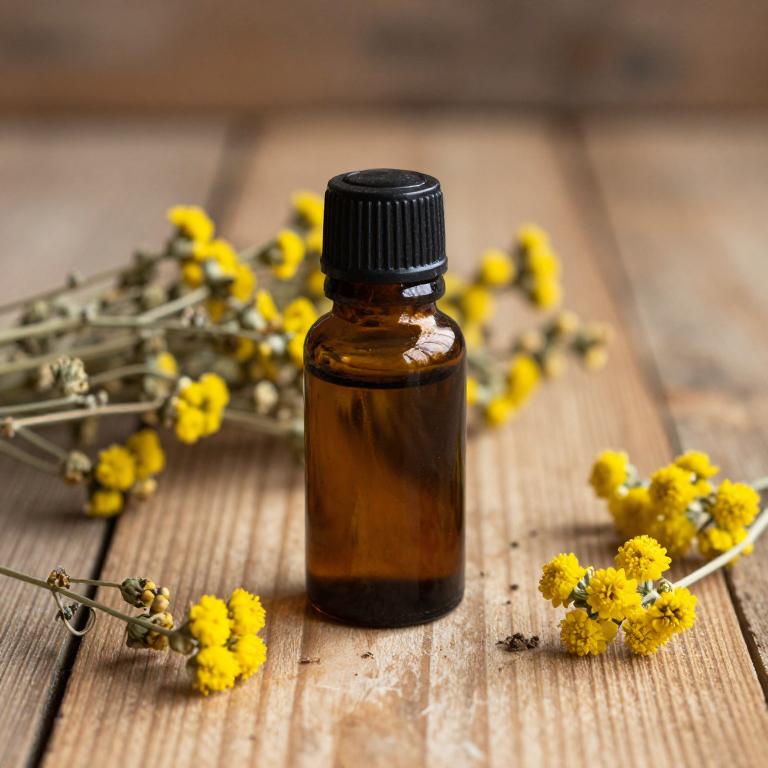
Melissa officinalis herbal essential oils are used to promote relaxation and reduce stress due to their calming and soothing properties.
These oils are commonly used in aromatherapy to ease anxiety and improve mood by stimulating the limbic system, which is responsible for emotional responses. They are also valued for their potential to support respiratory health by helping to clear congestion and ease breathing. In addition, melissa essential oils may aid in digestive health by reducing bloating and promoting a sense of well-being.
Their versatility makes them a popular choice in natural remedies for both mental and physical wellness.
17. Fennel (Foeniculum vulgare)

Foeniculum vulgare herbal essential oils are used to support digestive health by stimulating the production of digestive enzymes and reducing bloating and gas.
These oils are also valued for their ability to relieve respiratory issues, such as coughs and congestion, due to their expectorant and decongestant properties. Additionally, foeniculum vulgare essential oils are often used in aromatherapy to promote relaxation and reduce stress, thanks to their calming and soothing effects. Their antimicrobial properties make them useful in treating minor skin irritations and infections.
Overall, the versatility of foeniculum vulgare essential oils makes them a valuable component in both traditional and modern holistic health practices.
18. Oregano (Origanum vulgare)
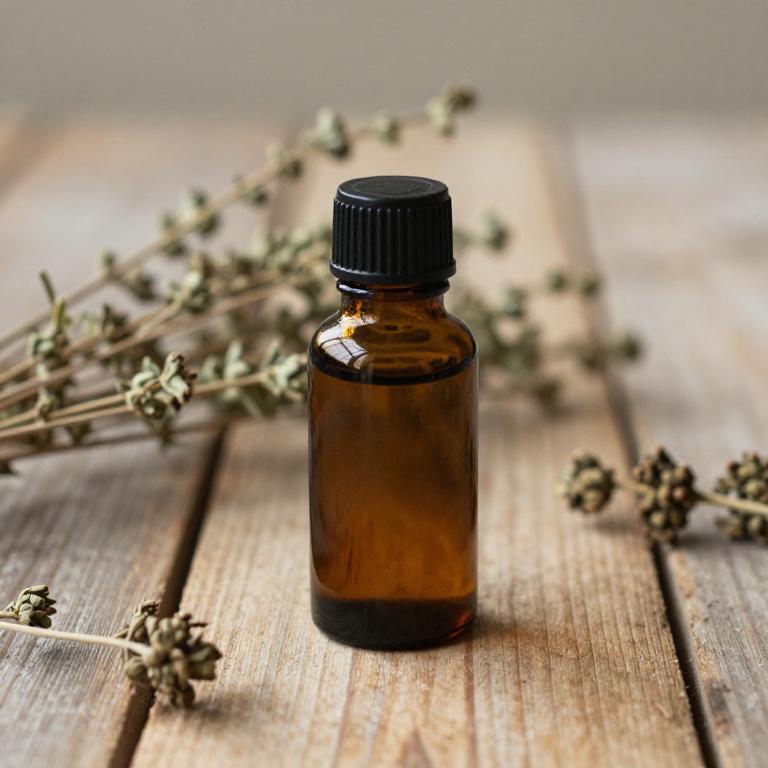
Origanum vulgare herbal essential oils are used to support respiratory health by helping to clear congestion and reduce inflammation in the airways.
These oils are also valued for their antimicrobial properties, which can help combat bacterial and viral infections. Additionally, they are commonly used in aromatherapy to promote relaxation and reduce stress due to their uplifting and calming effects. The anti-inflammatory and antioxidant properties of origanum vulgare essential oils make them useful in skincare for treating acne and soothing irritated skin.
Overall, their wide range of therapeutic benefits makes them a versatile and valuable component in natural health practices.
19. Yarrow (Achillea millefolium)
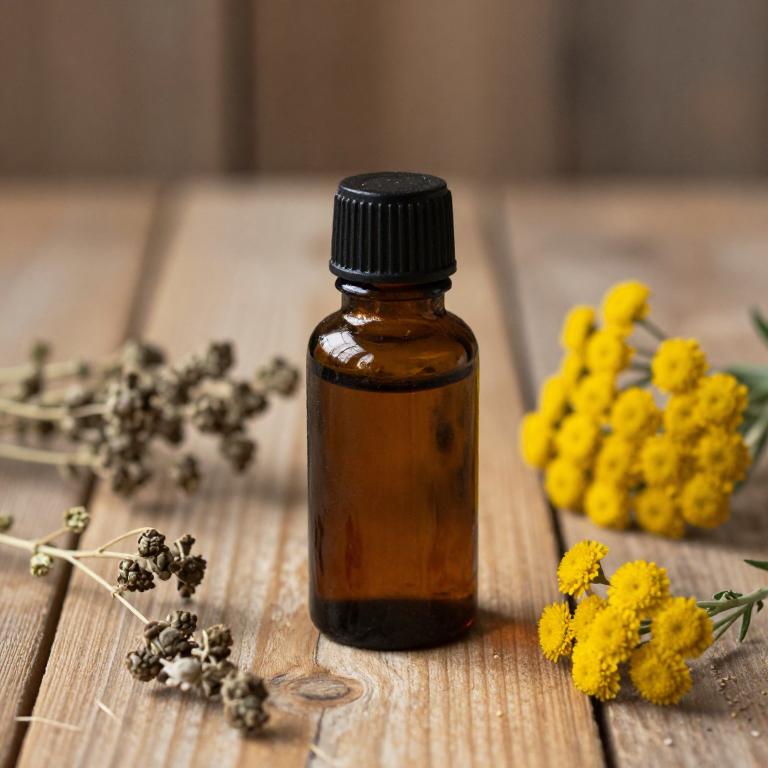
Achillea millefolium herbal essential oils are used to support skin health and treat various dermatological conditions due to their anti-inflammatory and antimicrobial properties.
These oils are commonly incorporated into topical treatments for acne, eczema, and psoriasis because they help reduce redness, irritation, and bacterial infections. Additionally, they are valued in aromatherapy for their calming effects, which can help alleviate stress and promote relaxation. The presence of compounds like chamazulene contributes to their therapeutic benefits, making them a popular choice in natural medicine.
Overall, the versatility and effectiveness of achillea millefolium essential oils make them a valuable resource in both skincare and holistic health practices.
20. Chamomile (Matricaria chamomilla)
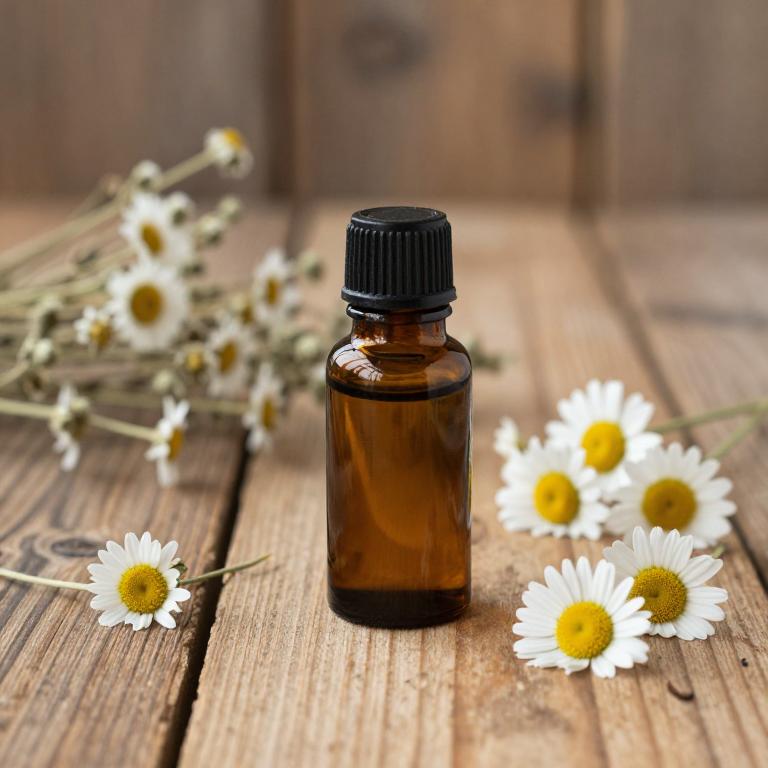
Matricaria chamomilla herbal essential oils are used to promote relaxation and alleviate stress-related symptoms due to their calming and soothing properties.
These oils are commonly employed in aromatherapy to reduce anxiety and improve mood by stimulating the limbic system, which is responsible for emotional regulation. They are also applied topically to soothe skin irritations, inflammation, and minor wounds because of their anti-inflammatory and antiseptic qualities. Additionally, chamomilla essential oils are used in skincare products to help with acne and eczema due to their ability to balance skin conditions.
Their versatility in both aromatherapy and topical applications makes them a valuable component in natural health and wellness practices.
21. Lemon grass (Cymbopogon citratus)
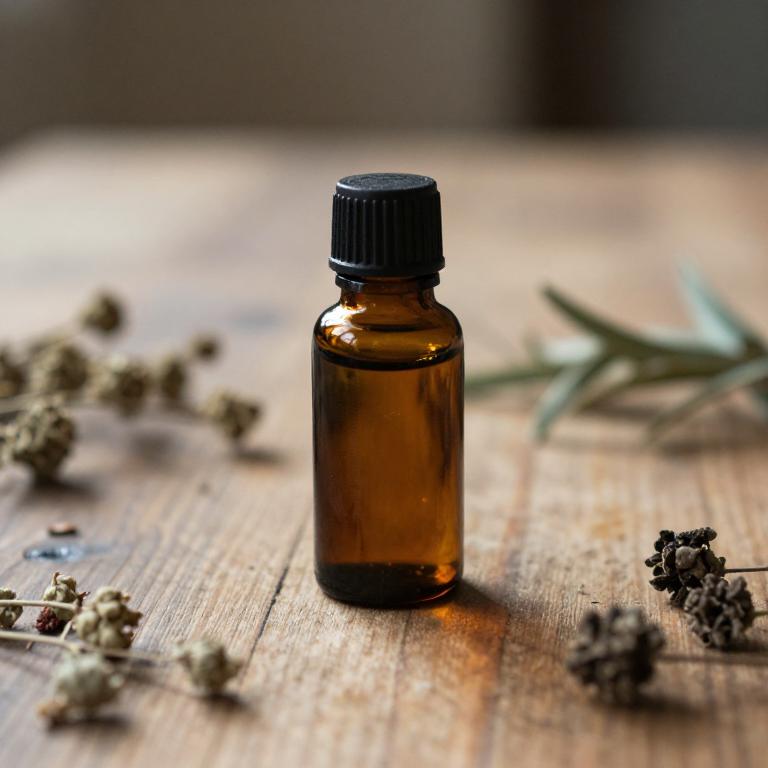
Cymbopogon citratus herbal essential oils are used to promote relaxation and reduce stress due to their calming and soothing properties.
These oils are commonly incorporated into aromatherapy practices to help alleviate anxiety and enhance mental clarity. They are also utilized in natural skincare products for their antioxidant and anti-inflammatory benefits, which can help improve skin health and appearance. Additionally, cymbopogon citratus essential oils are valued in traditional medicine for their ability to support digestive health and alleviate symptoms of indigestion.
Their versatility and natural therapeutic effects make them a popular choice for both personal wellness and holistic health practices.
22. St. john's wort (Hypericum perforatum)
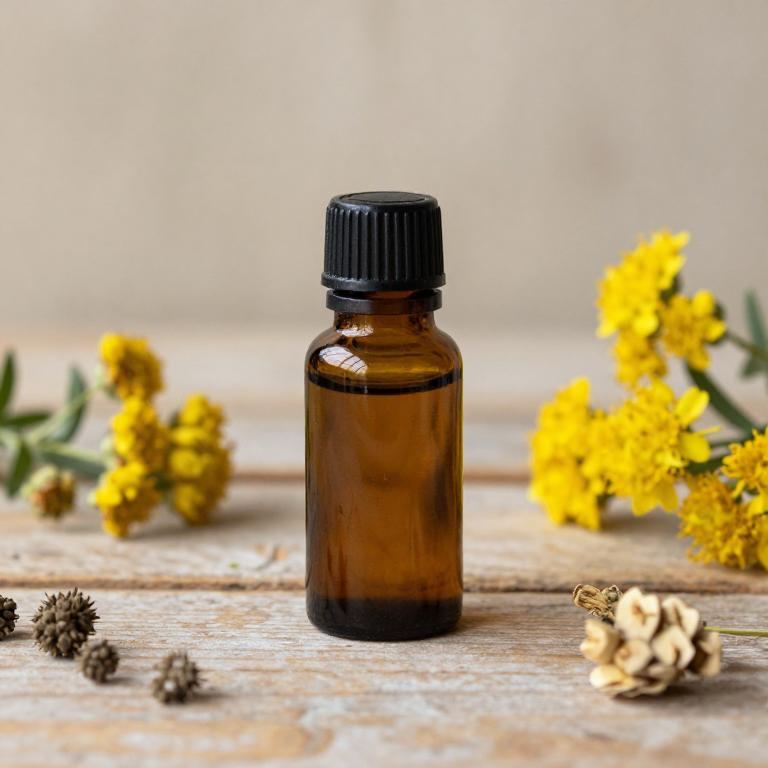
Hypericum perforatum herbal essential oils are used to promote emotional well-being and alleviate symptoms of mild depression and anxiety.
These oils contain compounds like hyperforin and flavonoids, which are believed to support mood regulation by enhancing neurotransmitter activity in the brain. They are also commonly used in aromatherapy to reduce stress and improve mental clarity, making them popular in relaxation and self-care routines. Additionally, hypericum perforatum essential oils may help with skin conditions due to their antimicrobial and anti-inflammatory properties.
Their versatility in both emotional and physical applications makes them a valuable component in holistic health practices.
23. Echinacea (Echinacea purpurea)
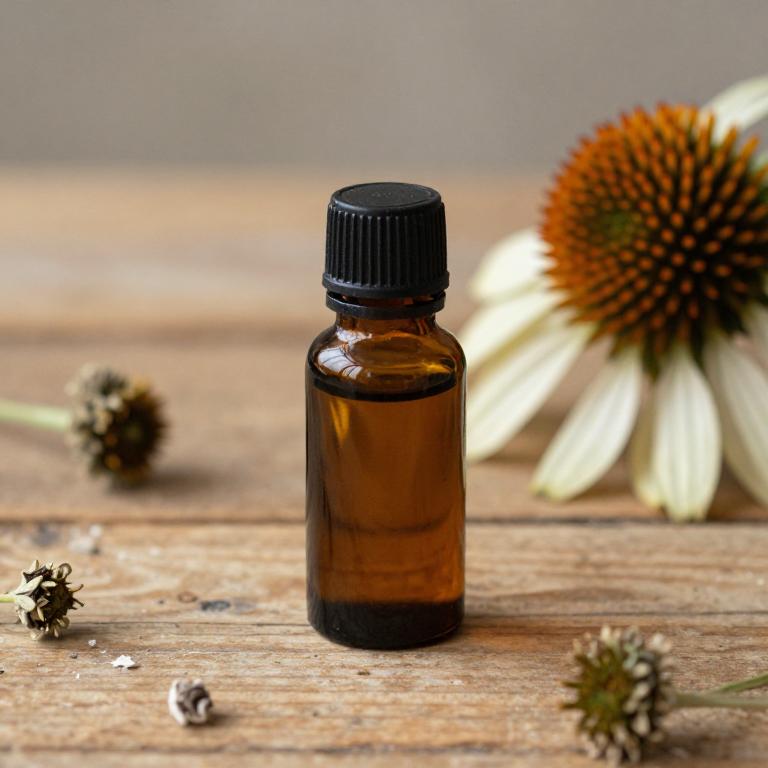
Echinacea purpurea herbal essential oils are used to boost the immune system and reduce the severity and duration of colds and flu.
These oils contain compounds like alkamides, caffeic acid derivatives, and flavonoids, which have antimicrobial and anti-inflammatory properties. They are often used in aromatherapy to promote respiratory health and alleviate symptoms of congestion. Additionally, echinacea essential oils may help in reducing stress and enhancing overall well-being due to their calming effects.
Their natural origin and potential therapeutic benefits make them a popular choice in alternative medicine for supporting the body's natural defenses.
24. Cumin (Cuminum cyminum)
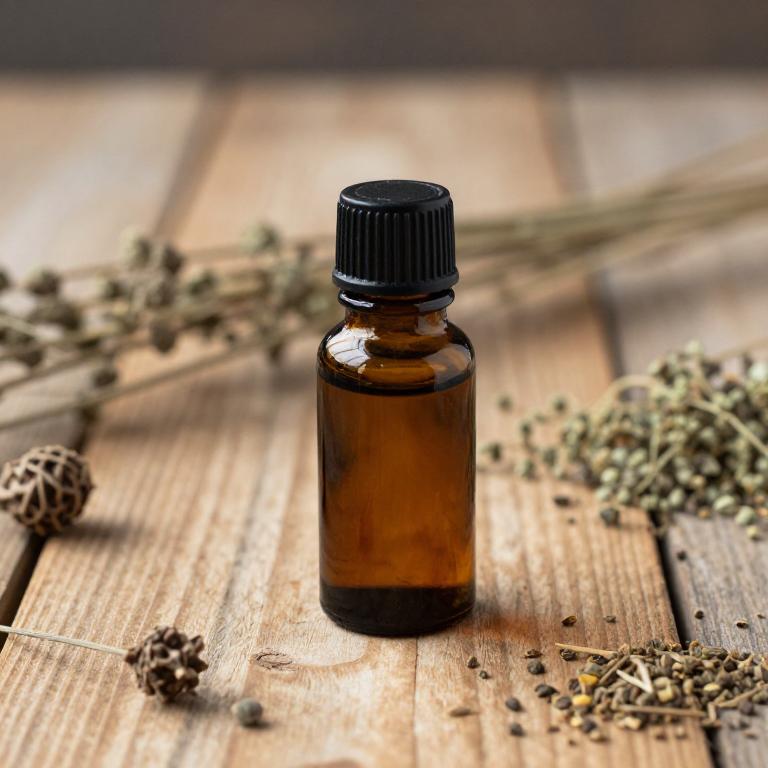
Cuminum cyminum herbal essential oils are used to support digestive health by stimulating the production of digestive enzymes and reducing bloating and gas.
They are also valued for their antimicrobial properties, which can help in fighting off infections and promoting overall wellness. These oils are commonly used in aromatherapy to alleviate stress and anxiety due to their calming and uplifting effects. Additionally, they may aid in respiratory health by helping to clear congestion and ease breathing.
Because of their versatile benefits, cuminum cyminum essential oils are widely used in both traditional and modern holistic medicine practices.
25. Dog rose (Rosa canina)
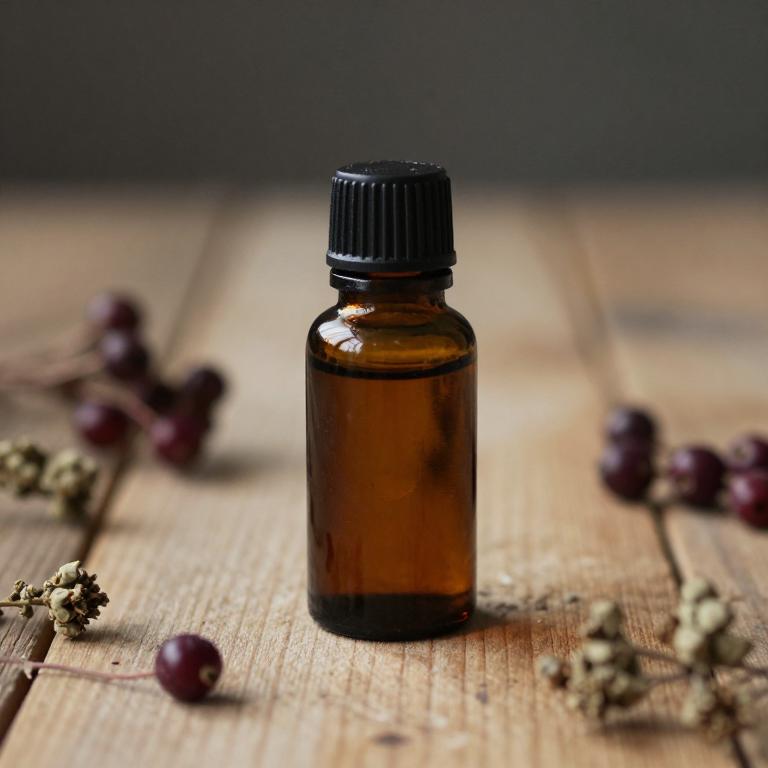
Rosa canina herbal essential oils are used to support skin health due to their high concentration of antioxidants and anti-inflammatory properties.
These oils are particularly beneficial for treating dry, sensitive, or irritated skin, as they help to soothe and nourish the skin's surface. They are also commonly incorporated into skincare products for their ability to promote wound healing and reduce the appearance of scars. Additionally, rosa canina essential oils may aid in improving circulation and reducing inflammation when used in aromatherapy or topical applications.
Their natural origin and therapeutic benefits make them a popular choice in both traditional and modern holistic medicine practices.
26. Licorice (Glycyrrhiza glabra)
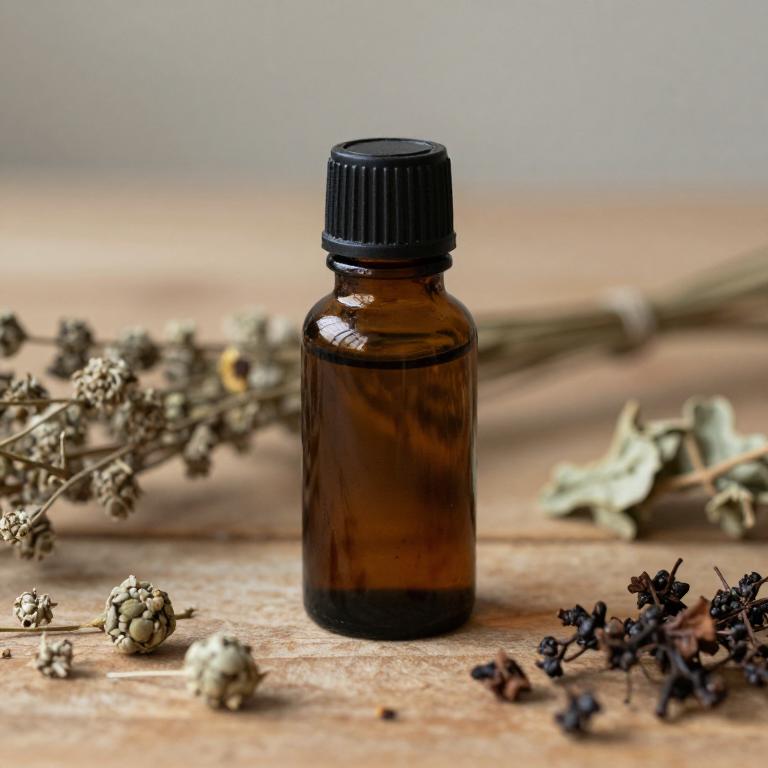
Glycyrrhiza glabra herbal essential oils are used to support respiratory health due to their expectorant and anti-inflammatory properties, which help to loosen mucus and reduce irritation in the airways.
These oils are also valued for their ability to soothe skin irritations and promote healing, making them useful in topical applications for conditions like eczema and minor burns. In aromatherapy, glycyrrhiza glabra essential oils are employed to alleviate stress and anxiety, thanks to their calming and mood-enhancing effects. Additionally, they may aid in digestive health by reducing inflammation in the gastrointestinal tract and supporting overall gut function.
The versatility of these oils makes them a valuable component in both traditional and modern holistic medicine practices.
27. Scots pine (Pinus sylvestris)
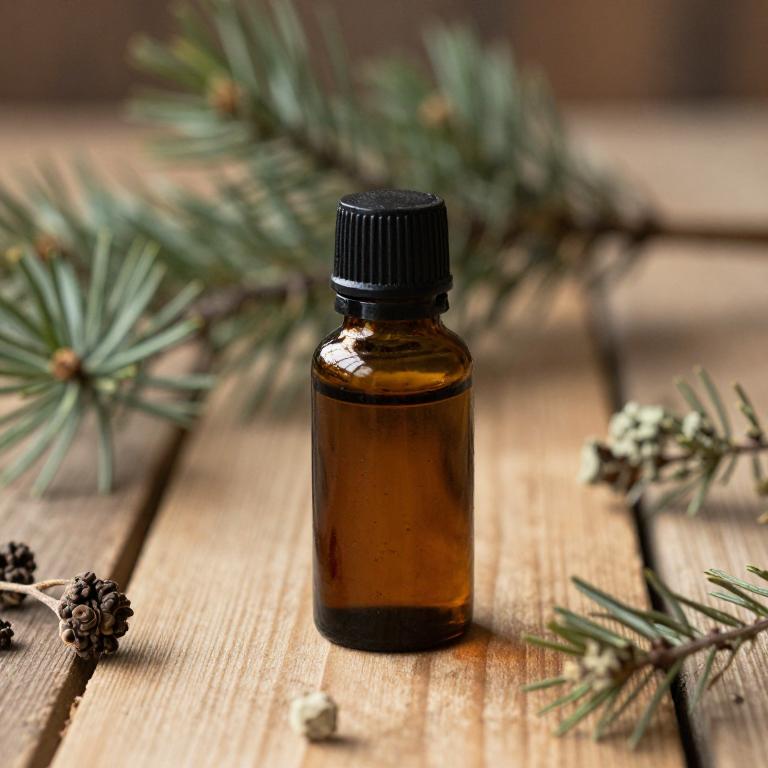
Pinus sylvestris herbal essential oils are used to promote respiratory health by helping to clear congestion and ease breathing due to their expectorant properties.
These oils are also beneficial for skin conditions, as they have antimicrobial and anti-inflammatory effects that can aid in healing wounds and reducing acne. Additionally, the calming aroma of pinus sylvestris essential oils can help reduce stress and anxiety, making them useful in aromatherapy practices. Their ability to stimulate circulation and improve mood makes them a popular choice in holistic wellness treatments.
Overall, the versatility of pinus sylvestris essential oils makes them a valuable natural remedy in both physical and mental well-being.
28. German chamomile (Chamomilla recutita)
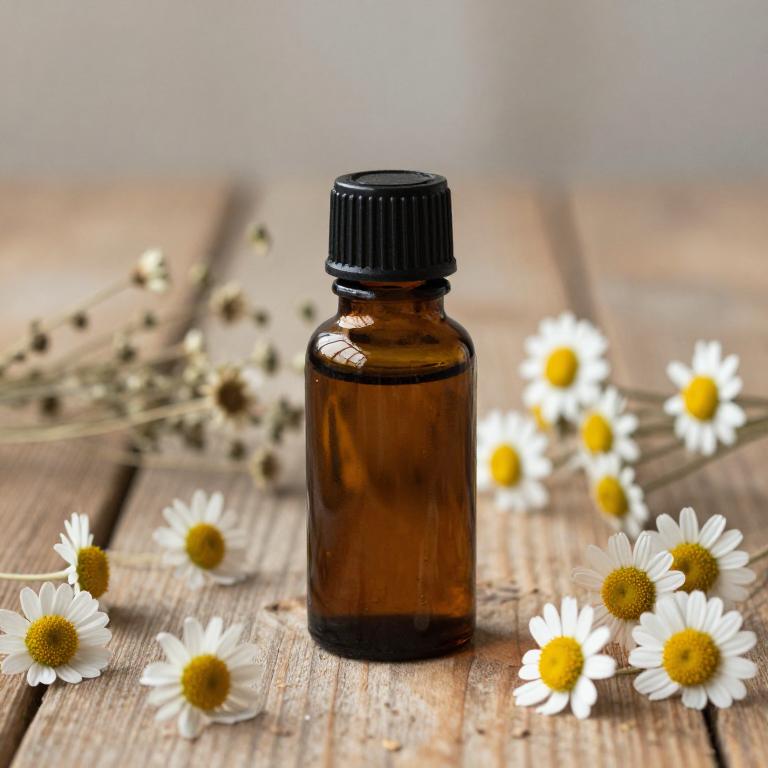
Chamomilla recutita herbal essential oils are used to promote relaxation and ease anxiety due to their calming and soothing properties.
These oils are commonly applied in aromatherapy to reduce stress and improve mood by stimulating the parasympathetic nervous system. They are also used topically to alleviate skin irritations, such as eczema and minor burns, thanks to their anti-inflammatory and antimicrobial effects. Additionally, chamomilla essential oils can support digestive health by helping to relieve symptoms of indigestion and bloating.
Their versatility and gentle nature make them a popular choice in natural remedies for both physical and emotional well-being.
29. Citrus sinensis
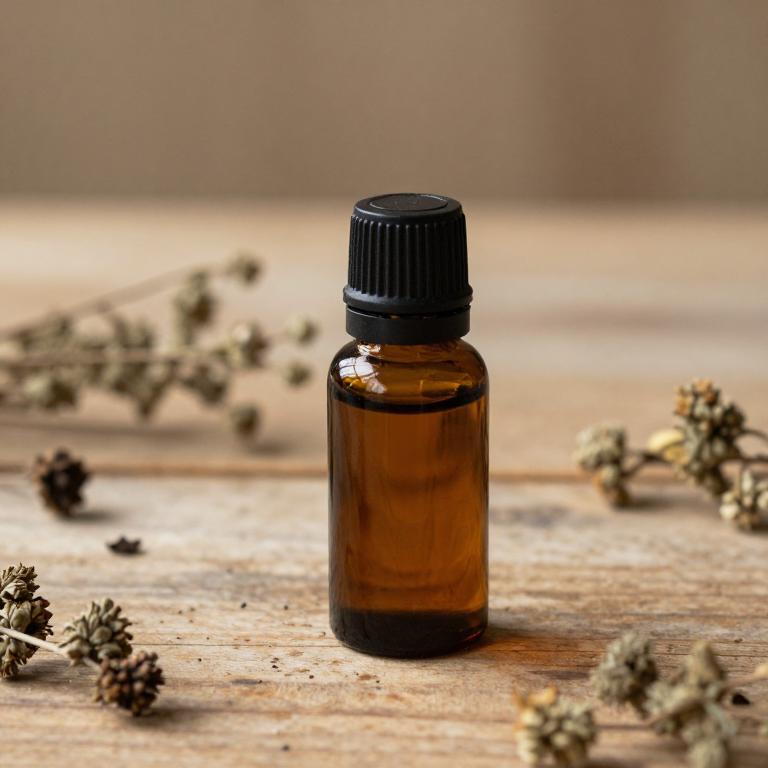
Citrus sinensis herbal essential oils are used to promote mental clarity and reduce stress due to their uplifting and calming properties.
These oils are commonly diffused in aromatherapy to enhance mood and create a sense of relaxation, making them ideal for use in spa settings or at home. They also possess antimicrobial properties that can help in cleansing the air and supporting respiratory health. In addition, citrus sinensis essential oils are often used in skincare products for their ability to balance skin tone and provide a refreshing sensation.
Their versatility and natural benefits make them a popular choice in both therapeutic and everyday applications.
30. Aloe barbadensis
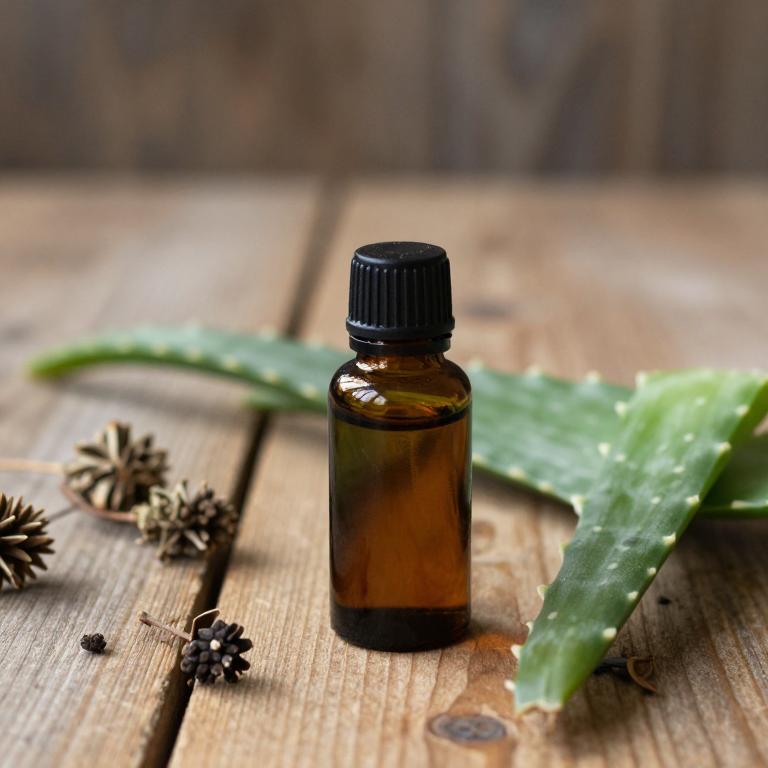
Aloe barbadensis herbal essential oils are used to promote skin health and aid in the healing of wounds and burns due to their anti-inflammatory and antimicrobial properties.
These oils can also be incorporated into skincare routines to moisturize and soothe dry or irritated skin, making them ideal for those with sensitive or acne-prone skin. Additionally, they are often used in aromatherapy to reduce stress and enhance relaxation, thanks to their calming and soothing aroma. The natural compounds in aloe barbadensis essential oils help to stimulate cell regeneration, which can improve the overall texture and appearance of the skin.
Because of these benefits, aloe barbadensis herbal essential oils are a popular choice in both traditional and modern holistic health practices.
31. Valerian (Valeriana officinalis)
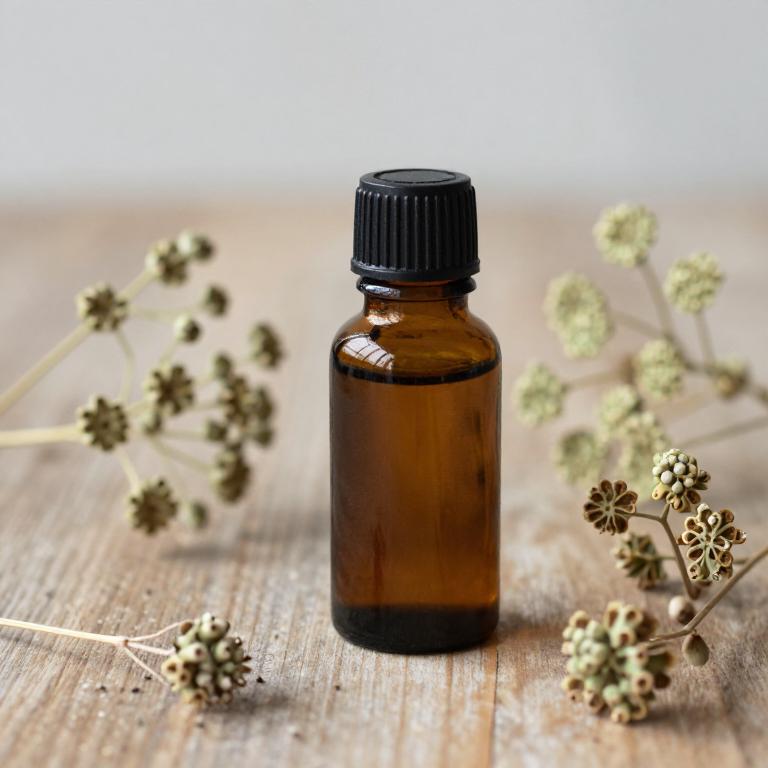
Valeriana officinalis herbal essential oils are used to promote relaxation and alleviate symptoms of anxiety and insomnia.
These oils contain compounds like valerenic acid, which have been shown to interact with the body's GABA receptors, helping to reduce nervous system activity. They are often used in aromatherapy to create a calming environment, making them popular in stress relief practices. Additionally, valerian essential oils may support digestive health by easing symptoms of indigestion and bloating.
Due to their soothing properties, they are also incorporated into topical applications for muscle tension and restlessness.
32. Blessed thistle (Cnicus benedictus)
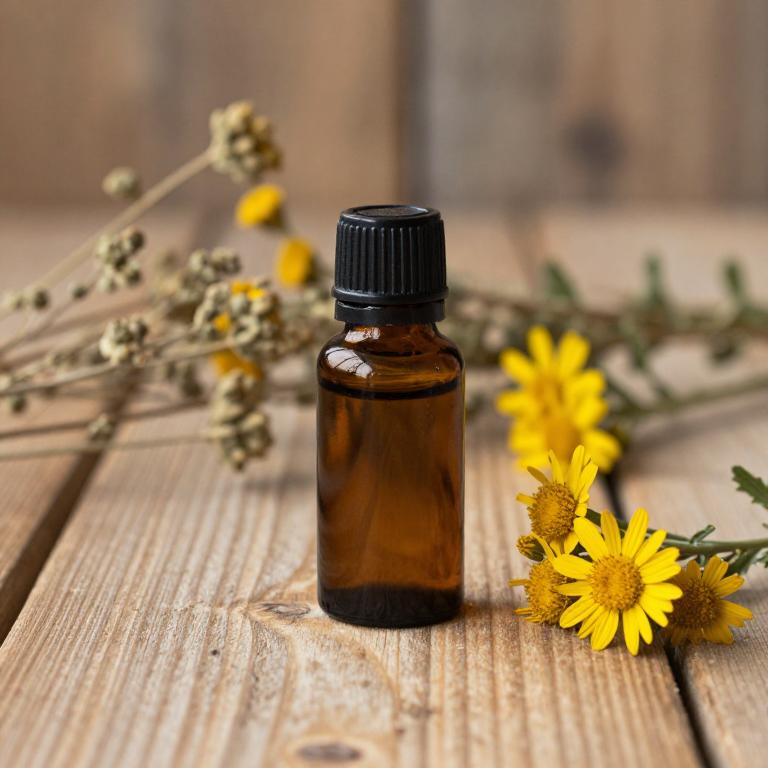
Cnicus benedictus herbal essential oils are used to promote emotional well-being and reduce stress by balancing the nervous system.
These oils are valued for their calming properties, making them effective in aromatherapy practices to alleviate anxiety and promote relaxation. They are also used to support respiratory health due to their expectorant and antiseptic qualities, helping to clear congestion and soothe coughs. Additionally, the essential oils may aid in skin care by reducing inflammation and promoting healing, thanks to their antimicrobial and anti-inflammatory components.
Overall, the unique combination of therapeutic properties in Cnicus benedictus essential oils makes them a versatile and valuable addition to holistic health practices.
33. Black cumin (Nigella sativa)
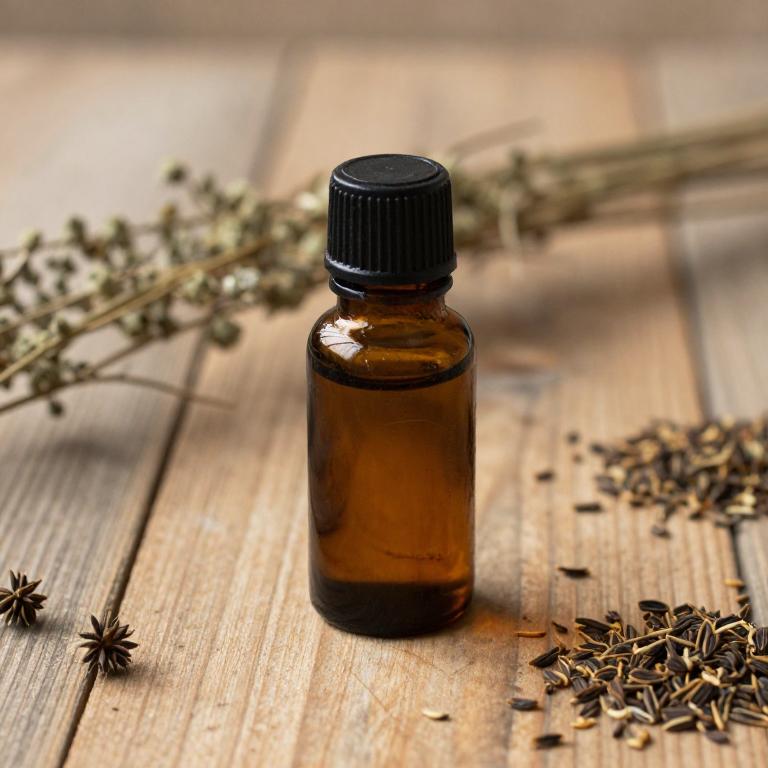
Nigella sativa herbal essential oils are used to promote respiratory health by helping to alleviate symptoms of coughs, asthma, and bronchitis due to their anti-inflammatory and bronchodilatory properties.
These oils are also valued for their ability to support digestive health, as they can help reduce inflammation in the gastrointestinal tract and improve overall digestion. Additionally, they are commonly used in aromatherapy to reduce stress and anxiety, thanks to their calming and mood-enhancing effects. The essential oils of nigella sativa are also believed to have antimicrobial properties, making them useful in treating minor skin infections and supporting immune function.
Overall, their diverse therapeutic benefits make nigella sativa essential oils a valuable natural remedy in both traditional and modern holistic medicine.
34. Sandalwood (Santalum album)
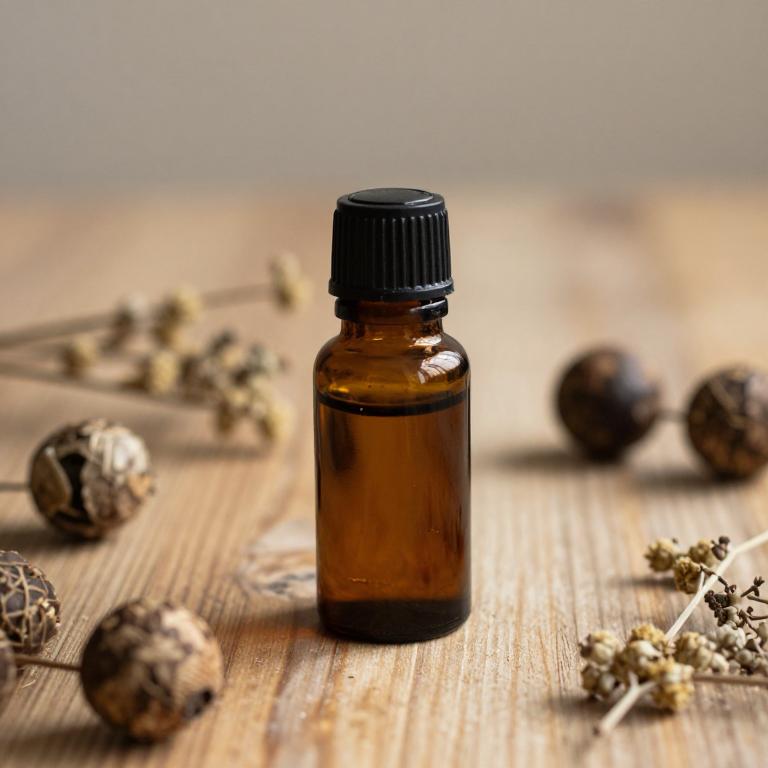
Santalum album herbal essential oils are used to promote emotional balance and reduce stress due to their calming and grounding properties.
These oils are commonly incorporated into aromatherapy practices to help alleviate anxiety and enhance mood by stimulating the limbic system in the brain. They are also valued for their ability to support skin health, as they have emollient qualities that can soothe dryness and improve skin texture. Additionally, santalum album essential oils are used in skincare formulations for their antioxidant properties, which help protect the skin from environmental damage.
Their versatility and therapeutic benefits make them a popular choice in both aromatherapy and holistic wellness routines.
35. Bell pepper (Capsicum annuum)
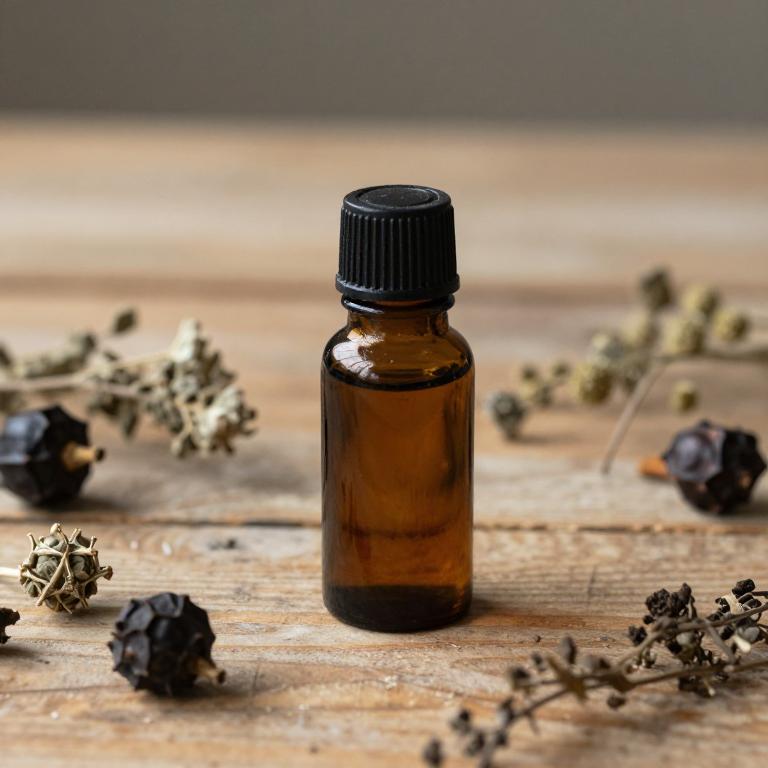
Capsicum annuum herbal essential oils are used to promote circulation and relieve muscle pain due to their warming and stimulating properties.
These oils are commonly applied topically in massage therapy to enhance blood flow and reduce inflammation in muscles and joints. They are also used in aromatherapy to help alleviate stress and improve mood by stimulating the nervous system. The active compounds in capsicum annuum, such as capsaicin, contribute to their effectiveness in pain management and skin rejuvenation.
Because of their therapeutic benefits, these essential oils are widely utilized in natural remedies and alternative medicine practices.
36. Common teucrium (Teucrium marum)
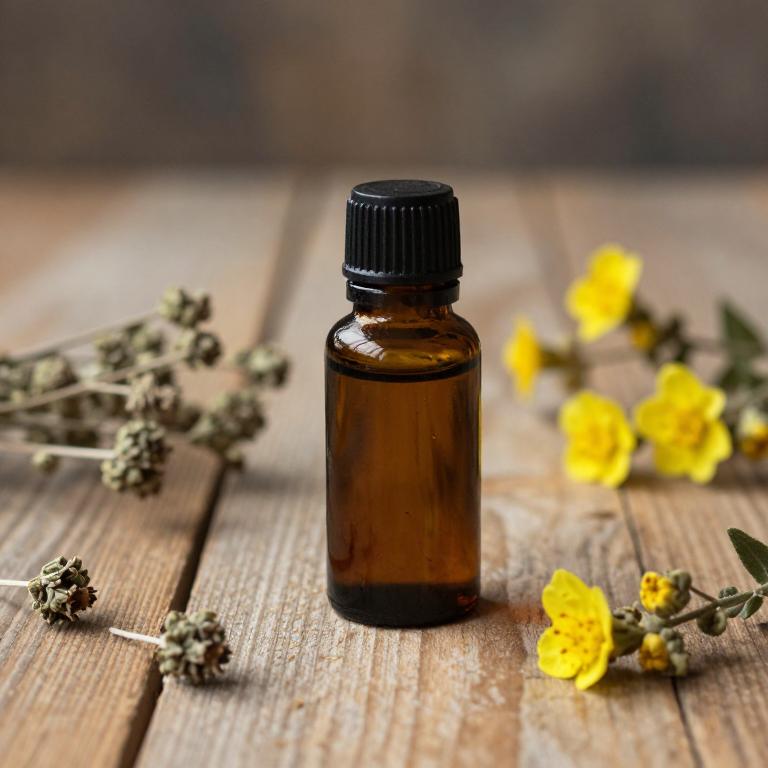
Teucrium marum herbal essential oils are used to promote respiratory health by helping to alleviate symptoms of coughs, colds, and bronchial congestion due to their expectorant and antiseptic properties.
These oils are also valued for their calming effects, making them useful in aromatherapy to reduce stress and anxiety. Their antimicrobial and anti-inflammatory properties make them beneficial for skin conditions such as acne and eczema. Additionally, teucrium marum essential oils can support digestive health by soothing gastrointestinal discomfort and aiding in digestion.
Overall, their diverse therapeutic applications stem from their rich composition of bioactive compounds that offer both physical and emotional benefits.
37. Field horsetail (Equisetum arvense)
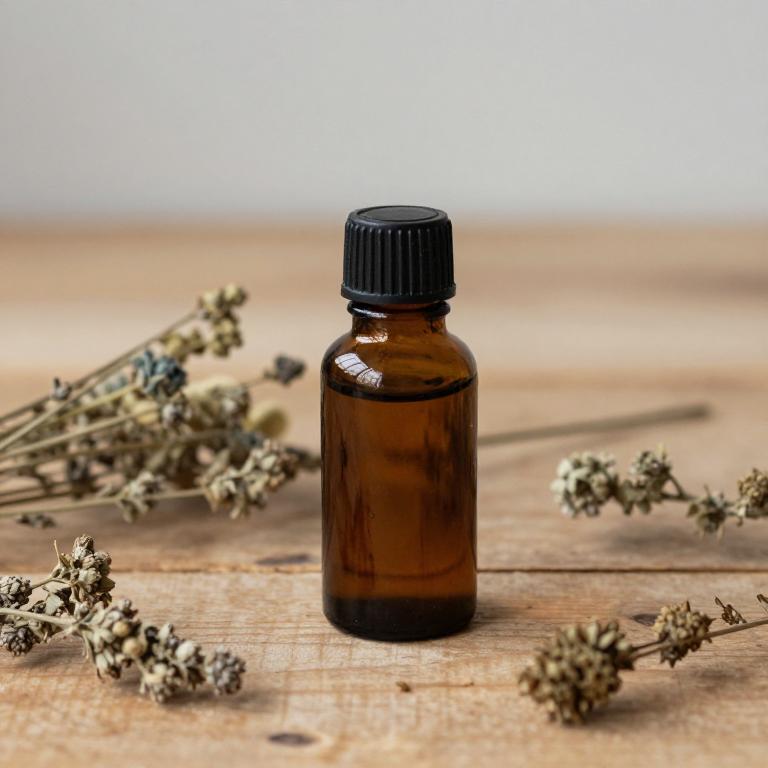
Equisetum arvense herbal essential oils are used to support respiratory health by helping to alleviate symptoms of coughs, colds, and bronchial congestion.
These oils are valued for their antimicrobial and anti-inflammatory properties, which can help reduce infection risk and soothe irritated airways. They are also commonly used in aromatherapy to promote mental clarity and reduce stress, making them beneficial for cognitive function. Additionally, the essential oils may aid in detoxification processes due to their ability to stimulate metabolic activity and support liver function.
Because of their versatility and therapeutic benefits, equisetum arvense essential oils are a popular choice in natural medicine and holistic wellness practices.
38. Common grape (Vitis vinifera)
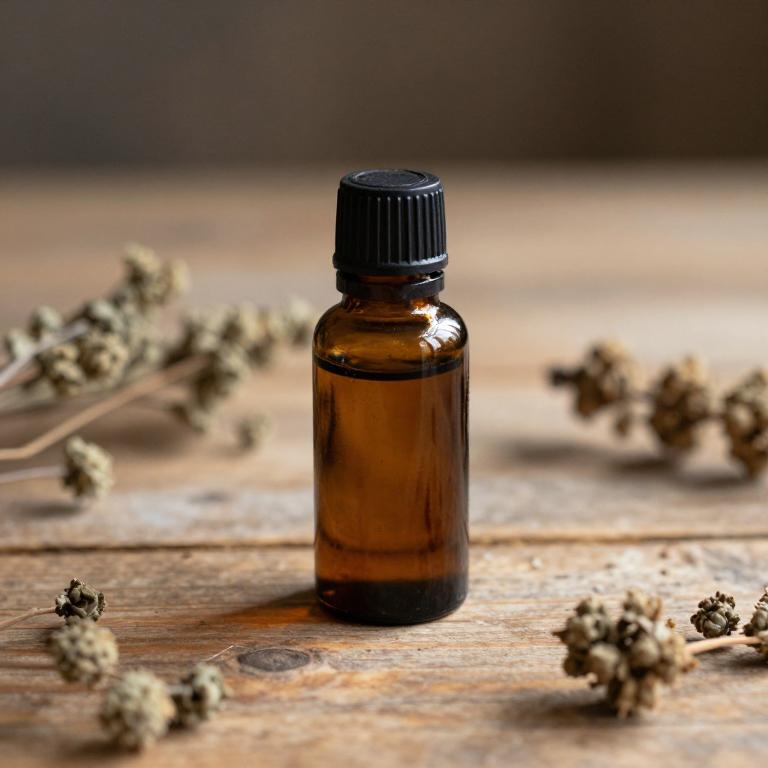
Vitis vinifera herbal essential oils are used to promote skin health and enhance the appearance of the skin by providing antioxidant properties that help in reducing oxidative stress.
These oils are also utilized in aromatherapy to relieve stress and improve mood due to their calming and uplifting effects. They can be incorporated into skincare products to treat conditions like acne and eczema because of their anti-inflammatory and antimicrobial properties. Additionally, vitis vinifera essential oils are valued for their ability to support digestive health by aiding in the digestion process and reducing bloating.
Their versatility makes them a popular choice in both traditional and modern wellness practices for their wide range of therapeutic benefits.
39. Marigold (Calendula officinalis)
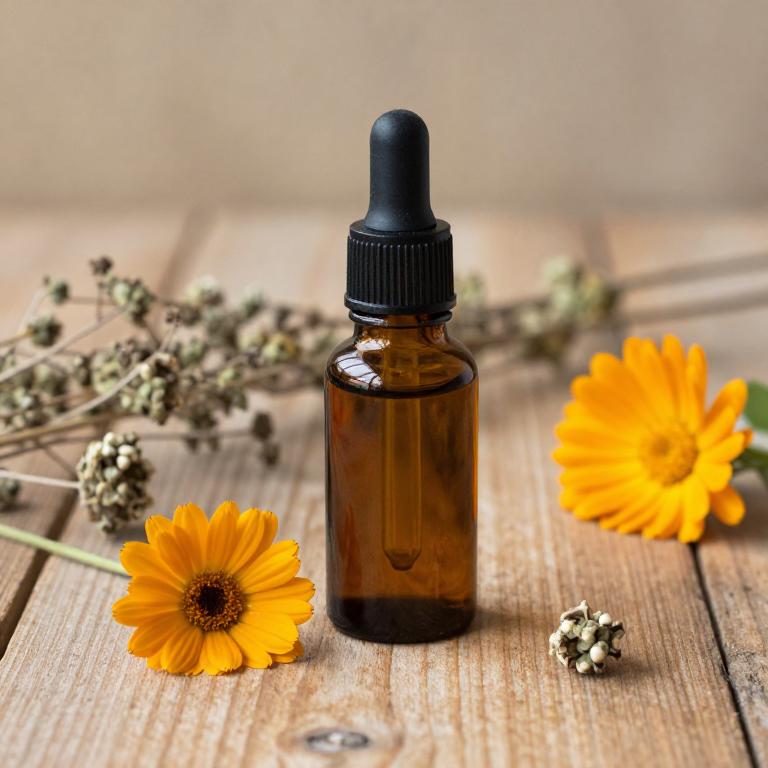
Calendula officinalis herbal essential oils are used to promote skin health and treat various dermatological conditions due to their anti-inflammatory and antimicrobial properties.
These oils are commonly applied topically to reduce redness, soothe irritation, and accelerate wound healing, making them beneficial for eczema, psoriasis, and minor burns. Their ability to enhance skin regeneration also makes them a popular ingredient in natural skincare products. Additionally, calendula essential oils are valued for their calming effects, which can help alleviate stress-related skin issues.
Overall, their versatility and therapeutic benefits make calendula officinalis essential oils a valuable component in both traditional and modern herbal medicine.
40. Black cohosh (Cimicifuga racemosa)
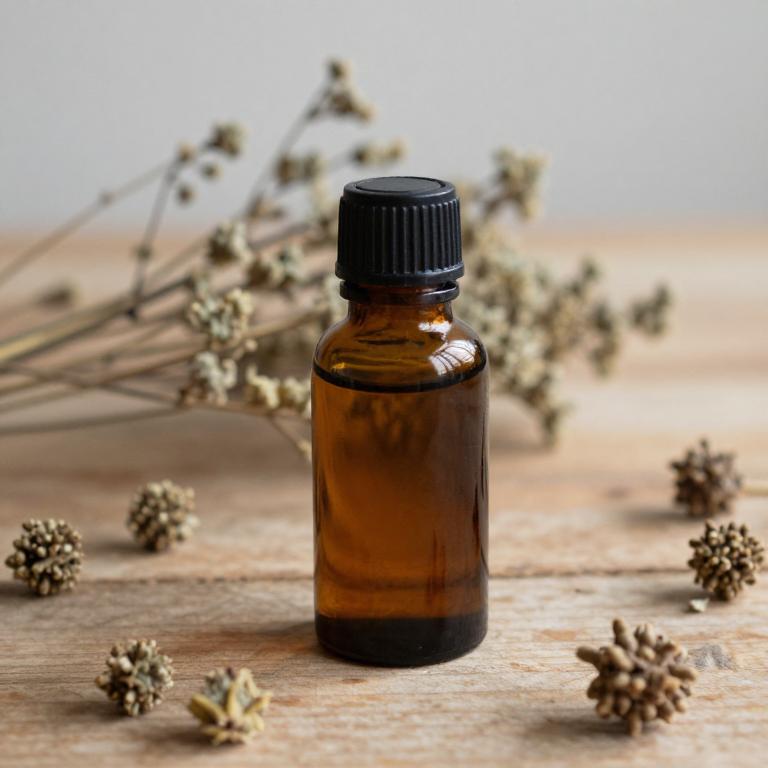
Cimicifuga racemosa herbal essential oils are used to alleviate symptoms of menopause, such as hot flashes and mood swings, due to their phytoestrogenic properties.
These oils are also valued for their ability to support hormonal balance, which can help reduce anxiety and improve sleep quality in women experiencing hormonal fluctuations. The essential oils are often incorporated into aromatherapy practices to promote relaxation and emotional well-being. Their anti-inflammatory and analgesic properties make them useful in addressing muscle pain and joint discomfort.
Overall, cimicifuga racemosa essential oils are increasingly recognized for their potential in natural health care, offering a holistic approach to managing hormonal and emotional health.
41. Pogostemon (Pogostemon cablin)
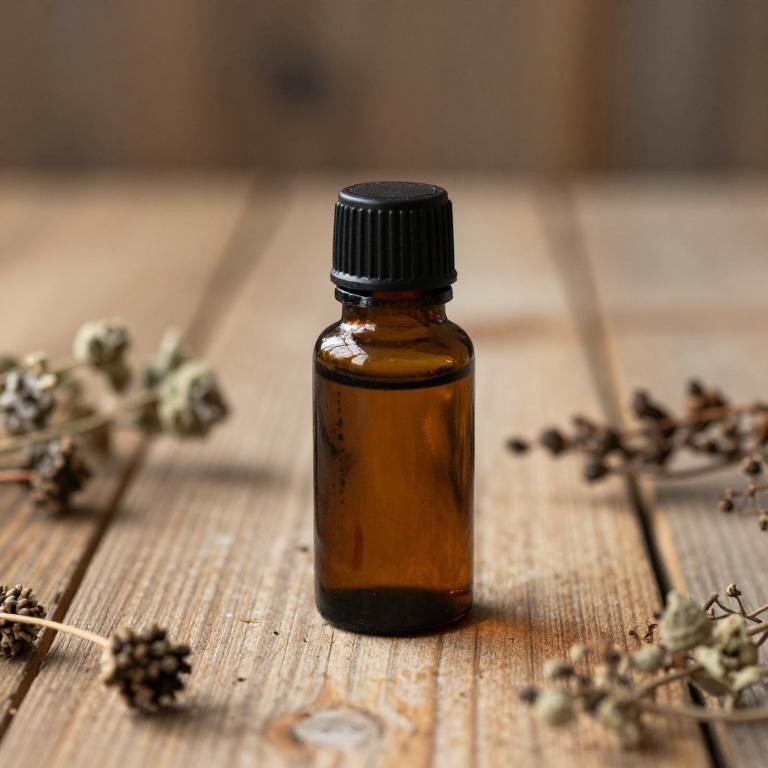
Pogostemon cablin herbal essential oils are used to promote mental clarity and reduce stress due to their calming and uplifting properties.
These oils are commonly applied in aromatherapy to help alleviate anxiety and enhance focus, making them popular in meditation and relaxation practices. They are also used in skincare for their antiseptic and anti-inflammatory benefits, helping to soothe skin irritations and improve overall skin health. Additionally, pogostemon cablin essential oils can be incorporated into massage therapy to relieve muscle tension and improve circulation.
Their versatility in both therapeutic and aromatic applications makes them a valuable component in holistic health practices.
42. Polium germander (Teucrium polium)
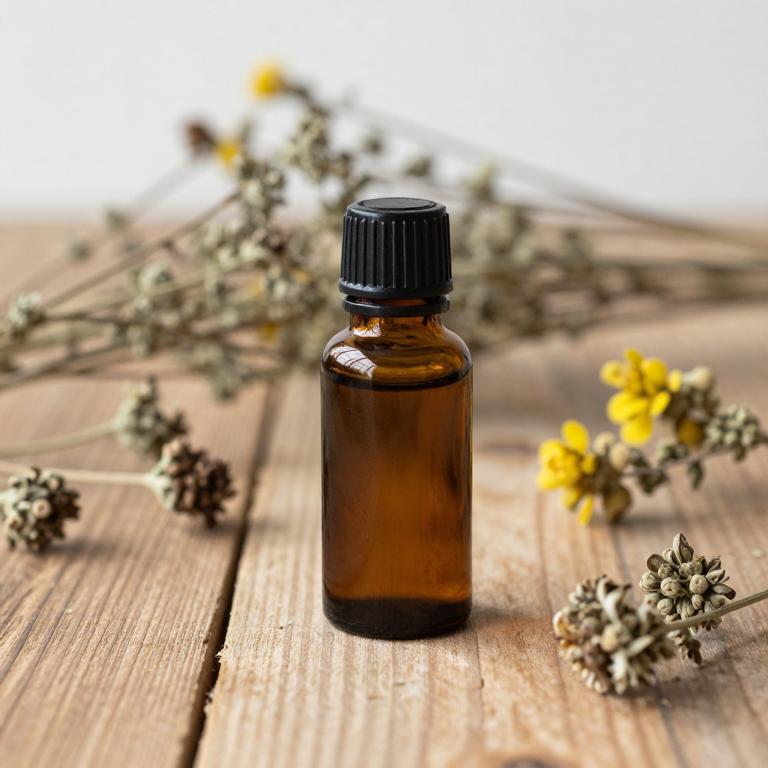
Teucrium polium herbal essential oils are used to support respiratory health by helping to relieve congestion and soothe irritated airways.
Their anti-inflammatory and antimicrobial properties make them effective in reducing symptoms of respiratory infections and promoting clearer breathing. These oils are also valued for their calming effects, which can help alleviate stress and anxiety when used in aromatherapy. Additionally, they are commonly incorporated into natural skincare products due to their ability to soothe skin irritations and promote a balanced complexion.
The versatility and therapeutic benefits of teucrium polium essential oils make them a valuable component in holistic health practices.
43. Camellia (Camellia sinensis)
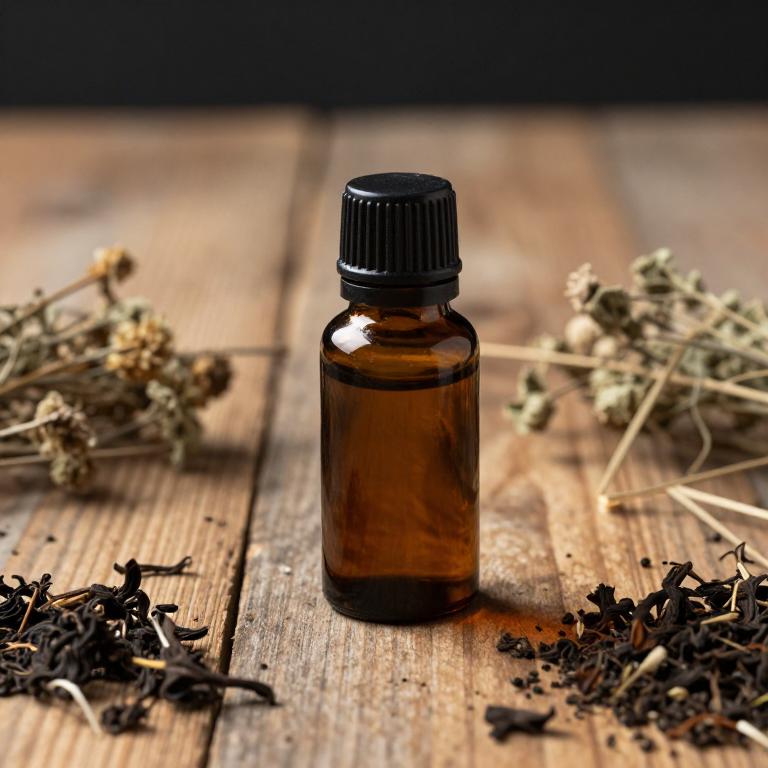
Camellia sinensis herbal essential oils are used to promote relaxation and reduce stress by calming the nervous system through their soothing properties.
These oils are also valued for their potential to support skin health due to their antioxidant and anti-inflammatory compounds, which may help in treating acne and other skin conditions. In aromatherapy, they are often used to enhance mental clarity and focus, making them beneficial for individuals seeking to improve concentration and cognitive performance. Additionally, the essential oils derived from Camellia sinensis may aid in digestive health by stimulating the production of digestive enzymes.
Their versatility in both topical and aromatic applications makes them a popular choice in natural remedies and holistic wellness practices.
44. Ginkgo (Ginkgo biloba)
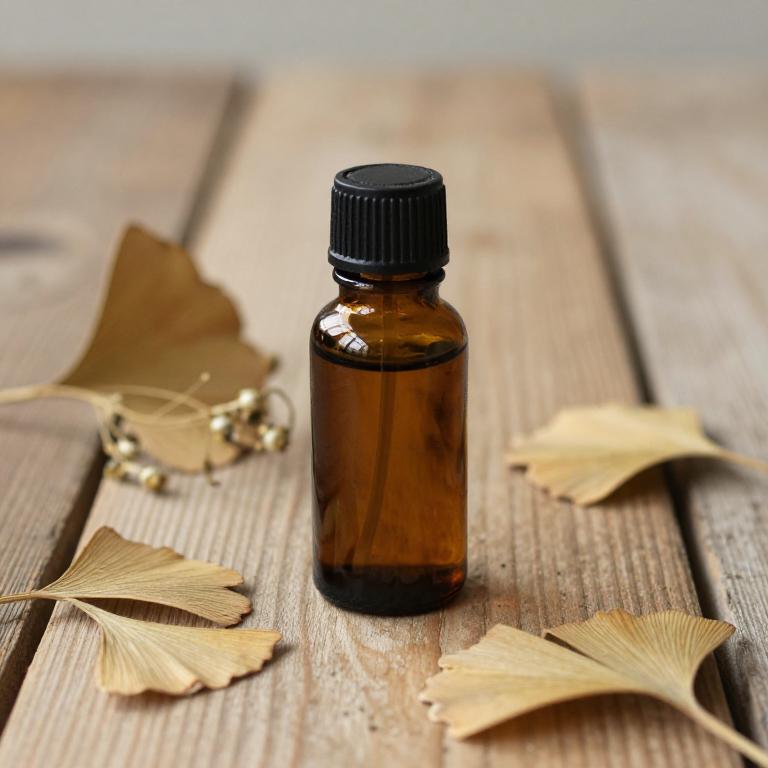
Ginkgo biloba herbal essential oils are used to enhance cognitive function and improve memory retention by increasing blood flow to the brain.
These oils contain bioactive compounds like flavonoids and terpene lactones, which are believed to support neuronal health and reduce oxidative stress. They are also utilized in aromatherapy to alleviate symptoms of anxiety and stress, promoting a sense of calm and mental clarity. Additionally, ginkgo biloba essential oils may aid in improving circulation, making them beneficial for individuals with peripheral vascular issues.
Due to their antioxidant properties, these oils are often incorporated into skincare products to protect the skin from environmental damage and promote a healthy complexion.
45. White water lily (Nymphaea alba)
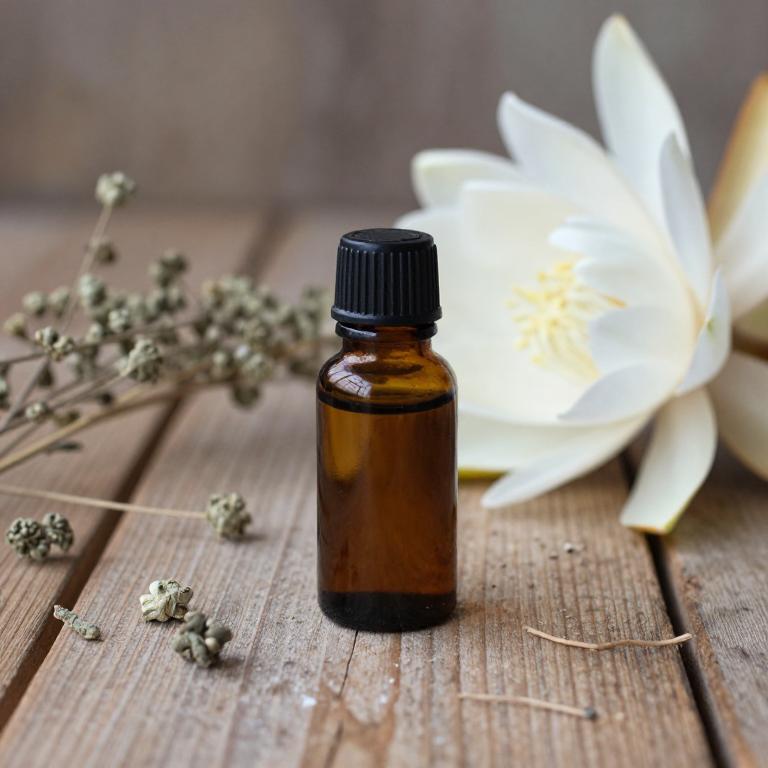
Nymphaea alba herbal essential oils are used to promote emotional balance and reduce stress due to their calming and soothing properties.
These essential oils are often incorporated into aromatherapy practices to help alleviate anxiety and foster a sense of tranquility. They are also valued for their ability to support respiratory health, making them useful in diffusers or steam inhalation treatments. The mild and pleasant scent of nymphaea alba essential oils makes them ideal for use in personal care products such as lotions and bath additives.
Their versatility and gentle nature make them a preferred choice for those seeking natural remedies for both mental and physical well-being.
46. Anise (Pimpinella anisum)
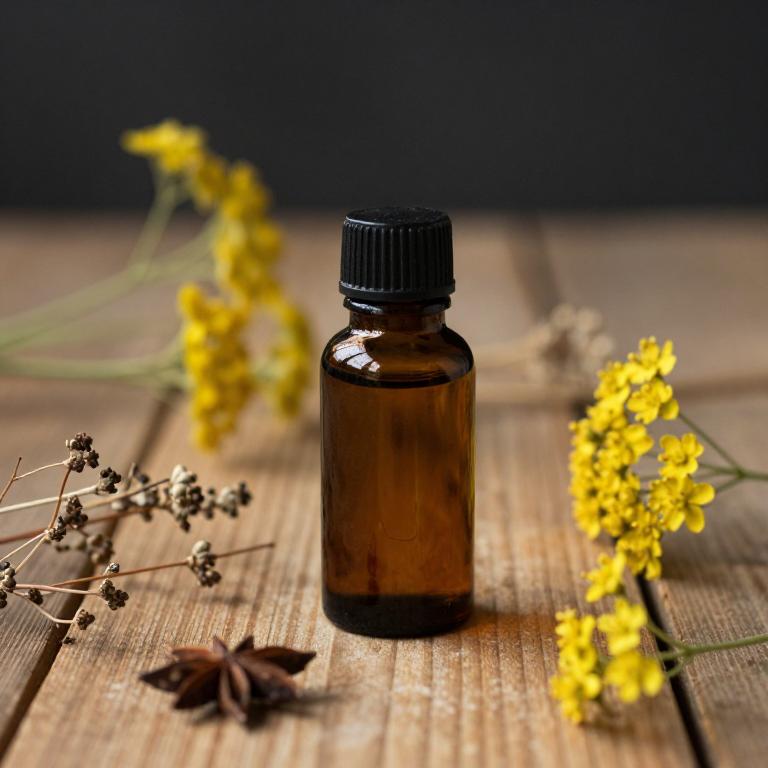
Pimpinella anisum herbal essential oils are used to support respiratory health by helping to alleviate symptoms of congestion, coughing, and bronchitis due to their expectorant and anti-inflammatory properties.
These oils are also commonly utilized in aromatherapy to promote relaxation and reduce stress, thanks to their soothing and calming aromas. Additionally, they may aid in digestion by stimulating the production of digestive enzymes and relieving symptoms of bloating and indigestion. The essential oils can be applied topically for muscle pain relief, as they possess mild analgesic and anti-spasmodic effects.
Overall, their versatile therapeutic properties make them valuable in both aromatic and topical applications for enhancing well-being.
47. Basil (Ocimum basilicum)
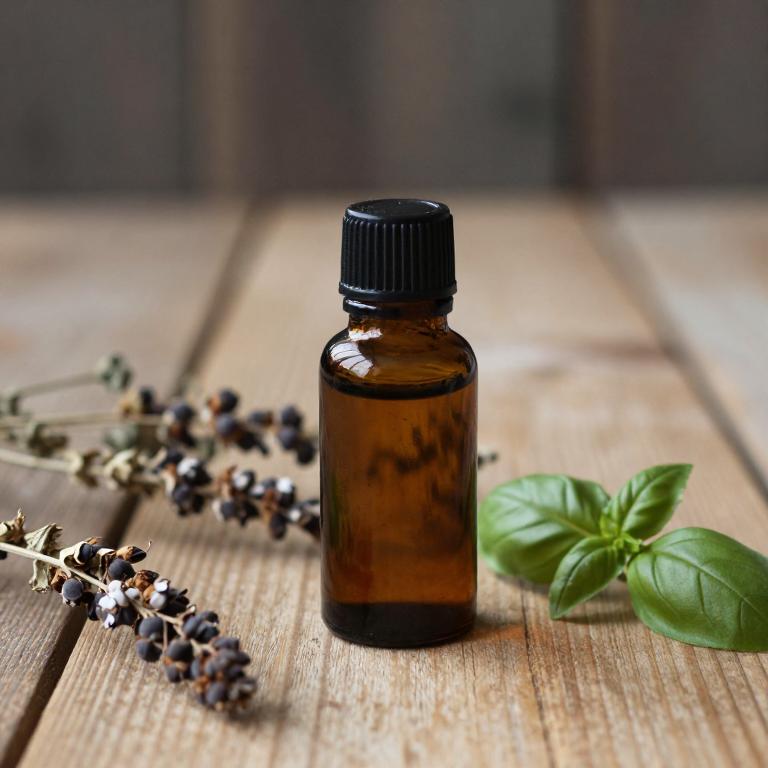
Ocimum basilicum herbal essential oils are used to promote relaxation and reduce stress due to their calming and soothing properties.
These oils are also commonly used in aromatherapy to enhance mood and alleviate symptoms of anxiety and depression. In addition, they have antibacterial and antifungal properties that make them useful for treating skin conditions and infections. Ocimum basilicum essential oils can be applied topically or inhaled to support respiratory health and ease congestion.
Their versatility and therapeutic benefits make them a valuable addition to natural wellness practices.
48. Citron (Citrus aurantium)
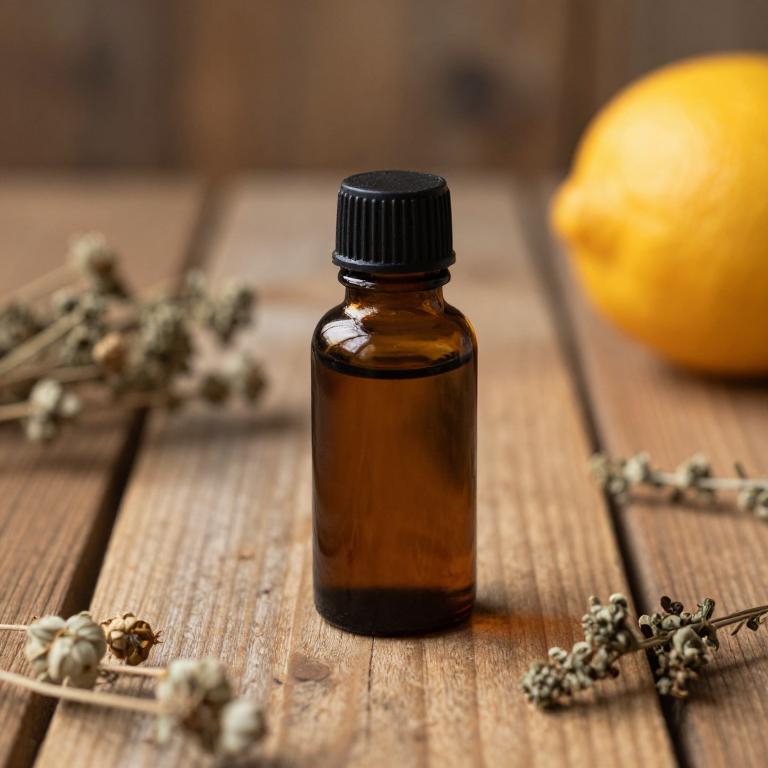
Citrus aurantium herbal essential oils are used to promote emotional well-being and reduce feelings of anxiety and stress.
These oils contain compounds like limonene and linalool, which have been shown to have calming and mood-enhancing properties. They are often diffused in aromatherapy to create a relaxing atmosphere and support mental clarity. Additionally, citrus aurantium essential oils can be applied topically to help alleviate muscle tension and improve circulation.
Their uplifting aroma makes them a popular choice for those seeking natural remedies to enhance their emotional and psychological health.
49. Greek oregano (Satureja hortensis)
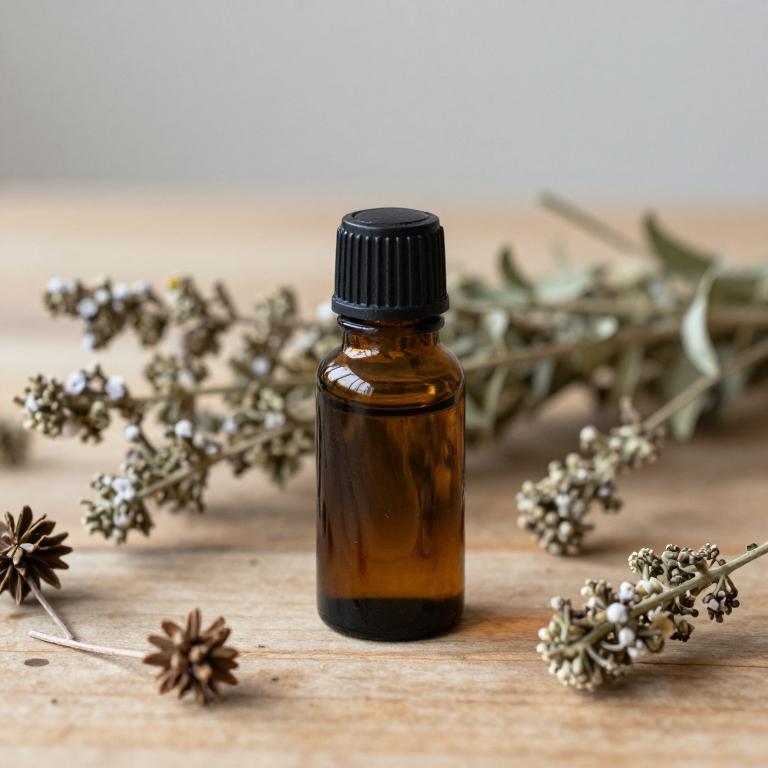
Satureja hortensis herbal essential oils are used to support respiratory health by helping to clear congestion and ease breathing.
Their antiseptic properties make them effective in treating minor skin infections and promoting wound healing. The oils are also valued for their ability to relieve muscle pain and reduce inflammation, making them useful in aromatherapy and massage treatments. Additionally, they are often used in natural remedies to alleviate digestive discomfort and improve overall digestion.
Due to their versatile therapeutic benefits, satureja hortensis essential oils are a popular choice in holistic and alternative medicine practices.
50. Mountain arnica (Arnica montana)
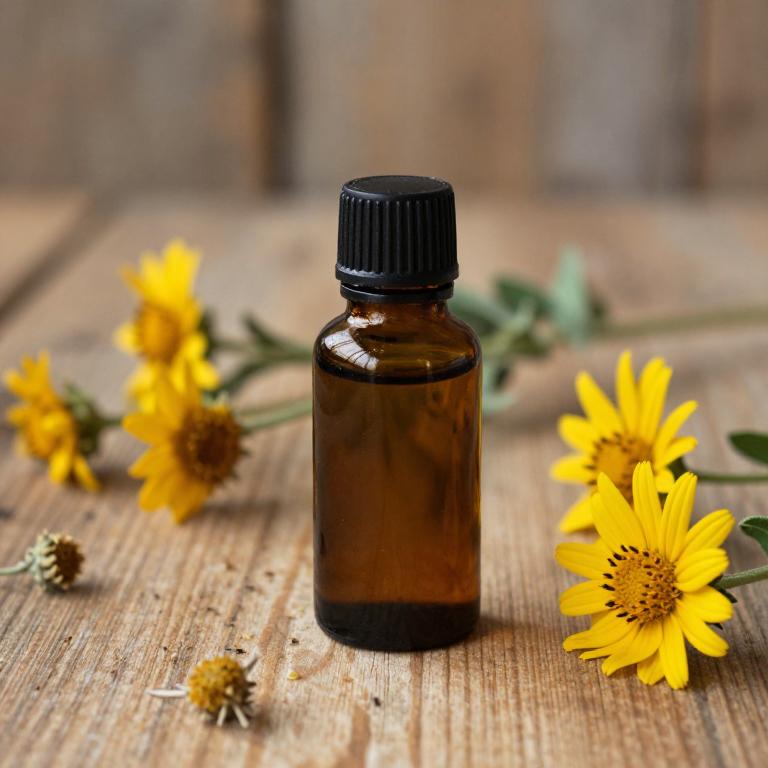
Arnica montana herbal essential oils are used to reduce inflammation and pain, particularly in muscles and joints, due to their potent anti-inflammatory and analgesic properties.
They are commonly applied topically to treat bruises, sprains, and other injuries by promoting blood circulation and accelerating the healing process. These oils are also valued in aromatherapy for their ability to alleviate stress and promote relaxation, making them beneficial for mental well-being. However, they should never be ingested, as they can be toxic when consumed internally.
Their effectiveness is supported by traditional use and modern research, making them a popular choice in natural remedies for various ailments.
51. Catnip (Nepeta cataria)
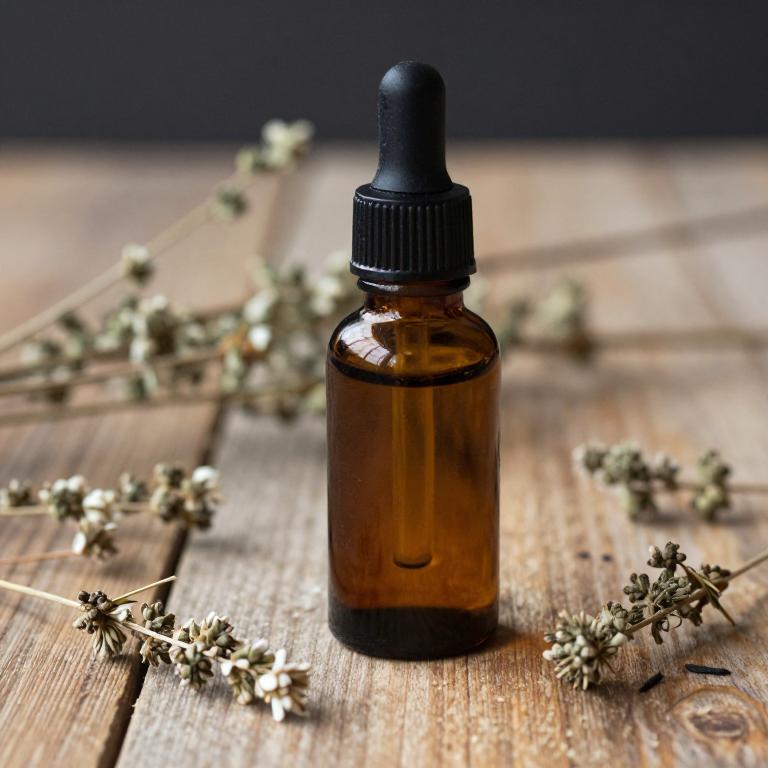
Nepeta cataria herbal essential oils are used to promote relaxation and reduce stress due to their calming and soothing properties.
These oils are commonly employed in aromatherapy to alleviate anxiety and enhance mood by stimulating the limbic system in the brain. They are also used to support sleep quality, making them beneficial for those suffering from insomnia or restless nights. Additionally, nepeta cataria essential oils may help alleviate symptoms of nausea and motion sickness, offering a natural remedy for digestive discomfort.
Their versatility in both emotional and physical wellness makes them a valuable component in holistic health practices.
52. Olibanum (Boswellia carteri)
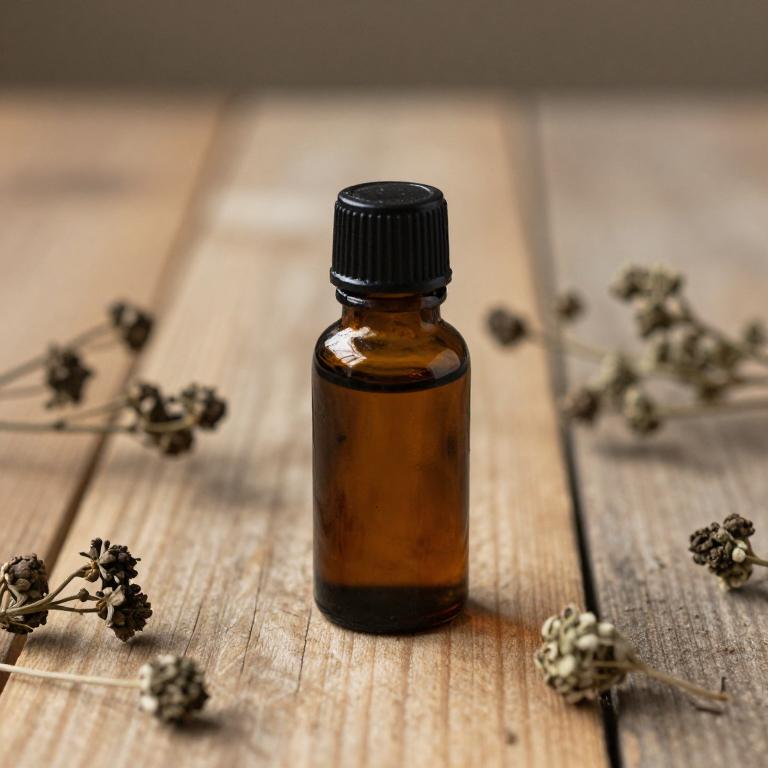
Boswellia carteri herbal essential oils are used to support respiratory health by reducing inflammation and easing symptoms of conditions like asthma and bronchitis.
These oils contain bioactive compounds such as boswellic acids, which have potent anti-inflammatory properties that help soothe irritated airways. They are also valued for their ability to alleviate joint pain and stiffness, making them a popular choice in aromatherapy for arthritis sufferers. The calming and grounding aroma of boswellia carteri essential oils can promote relaxation and reduce stress, enhancing overall well-being.
Due to their natural therapeutic benefits, these oils are widely used in both traditional and modern holistic medicine practices.
53. Lemon grass (Cymbopogon martini)
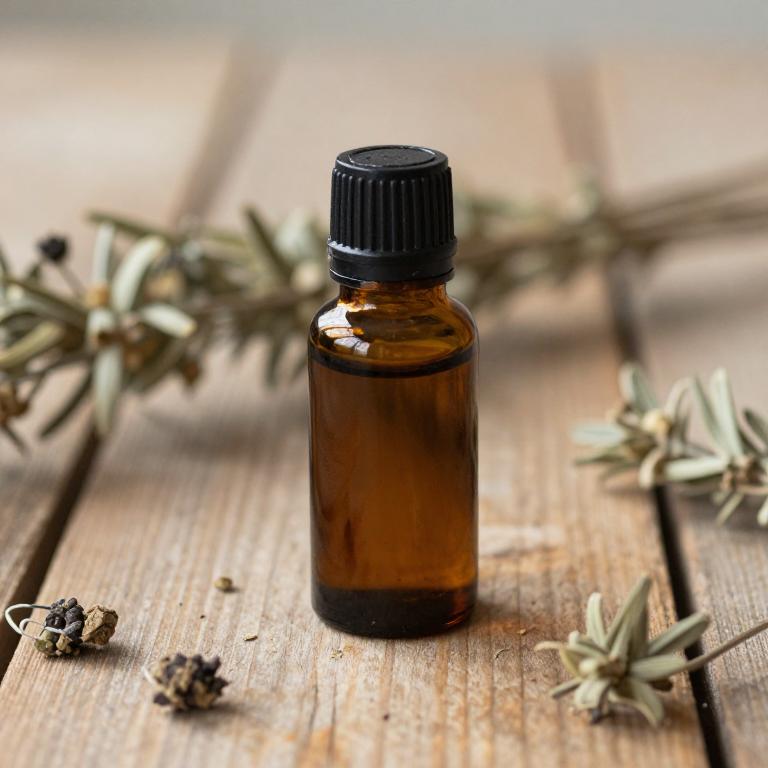
Cymbopogon martini herbal essential oils are used to promote relaxation and reduce stress due to their calming properties.
These oils are commonly incorporated into aromatherapy practices to help alleviate anxiety and improve mood. They are also valued for their potential to support respiratory health by acting as a natural decongestant. Additionally, cymbopogon martini essential oils may aid in improving focus and mental clarity, making them beneficial for cognitive performance.
Their versatility in both traditional and modern wellness applications highlights their significance in natural health and holistic medicine.
54. Camphor tree (Cinnamomum camphora)
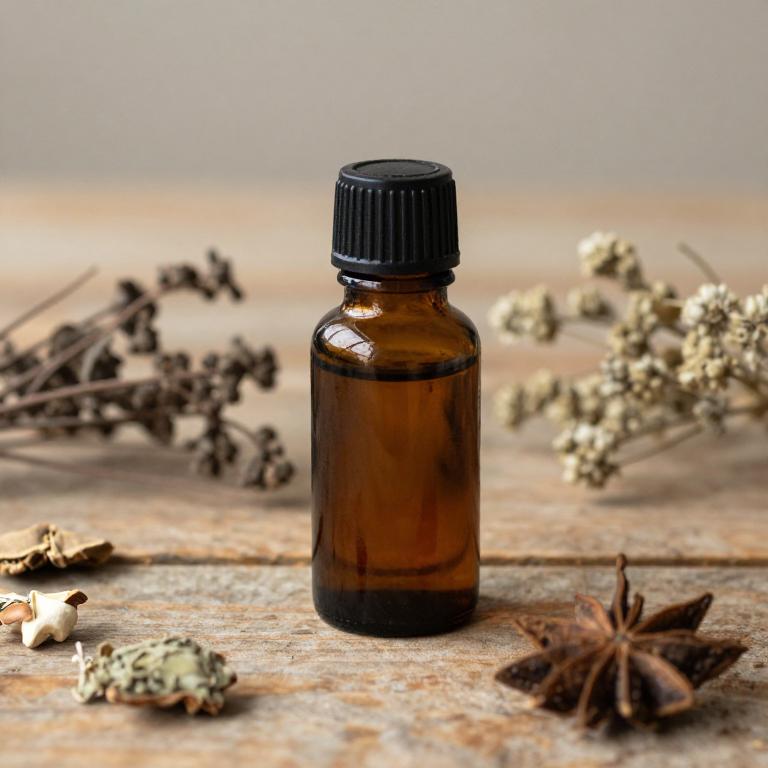
Cinnamomum camphora herbal essential oils are used to promote relaxation and ease tension, making them popular in aromatherapy practices.
These oils are also valued for their ability to support respiratory health by helping to clear congestion and soothe coughs. Their antimicrobial properties make them useful in natural cleaning products and for treating minor skin irritations. Additionally, cinnamomum camphora essential oils are often incorporated into massage oils to enhance circulation and relieve muscle pain.
The calming and invigorating effects of these oils make them a versatile choice for both physical and emotional well-being.
55. Indian frankincense (Boswellia serrata)
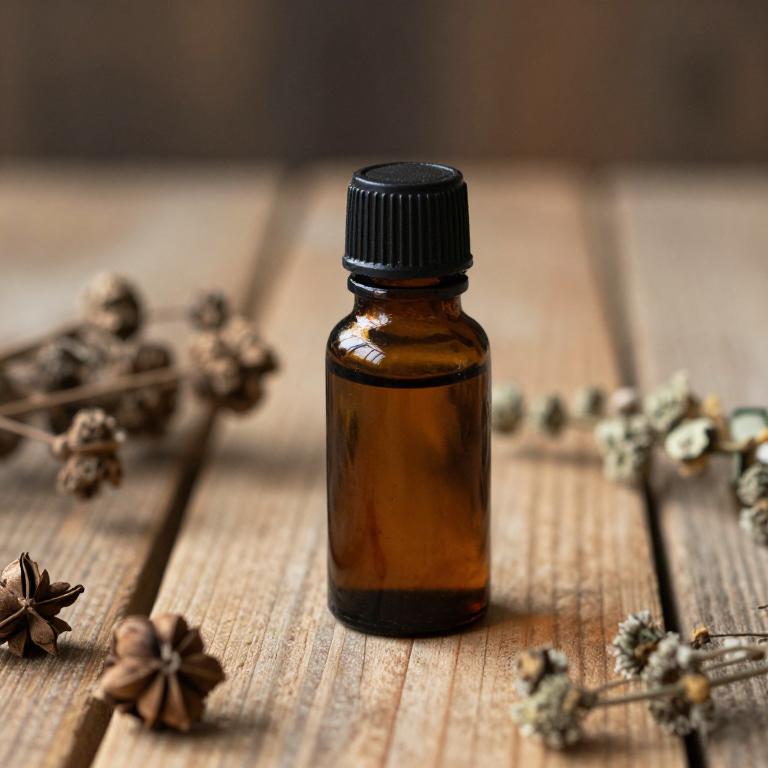
Boswellia serrata herbal essential oils are used to support joint health and reduce inflammation due to their rich content of boswellic acids, which have potent anti-inflammatory properties.
These oils are commonly incorporated into topical treatments for conditions such as arthritis and rheumatism, helping to alleviate pain and improve mobility. The essential oils also possess antioxidant properties that protect cells from oxidative stress, promoting overall wellness. Their natural origin makes them a preferred choice for individuals seeking alternative or complementary therapies.
Additionally, boswellia serrata essential oils may aid in respiratory health by helping to relieve symptoms of asthma and bronchitis, making them versatile in holistic medicine.
56. Golden root (Rhodiola rosea)
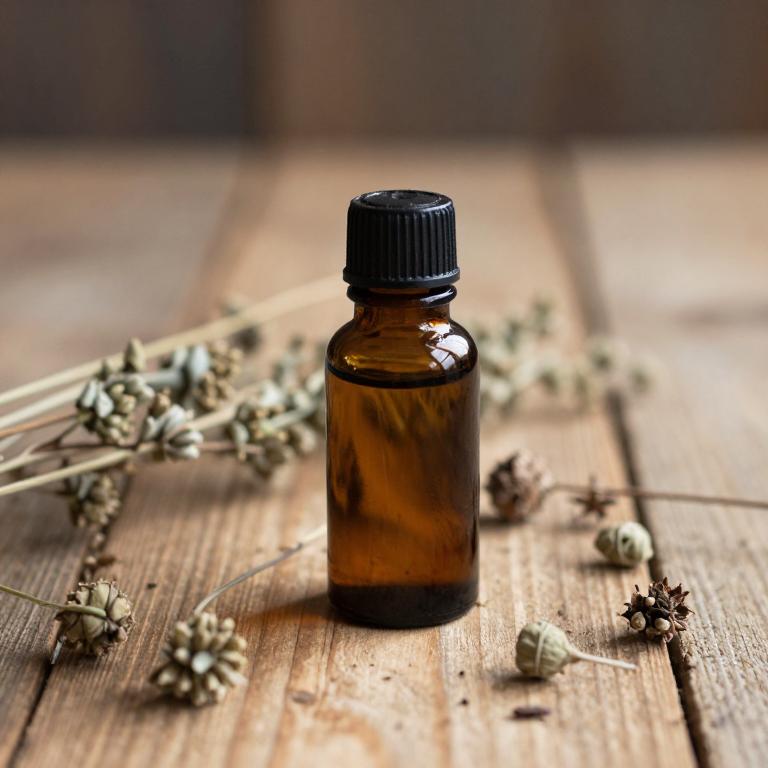
Rhodiola rosea herbal essential oils are used to enhance mental clarity and reduce fatigue by supporting the body's ability to cope with stress.
These oils are known for their adaptogenic properties, which help regulate the body's response to physical and emotional stressors. They are often incorporated into aromatherapy practices to promote relaxation and improve mood, making them beneficial for individuals experiencing anxiety or burnout. Additionally, rhodiola rosea essential oils may support energy levels and cognitive function, making them popular among those seeking natural alternatives to boost vitality.
Their unique combination of bioactive compounds contributes to their effectiveness in promoting overall well-being and resilience.
57. Black elderberry (Sambucus nigra)
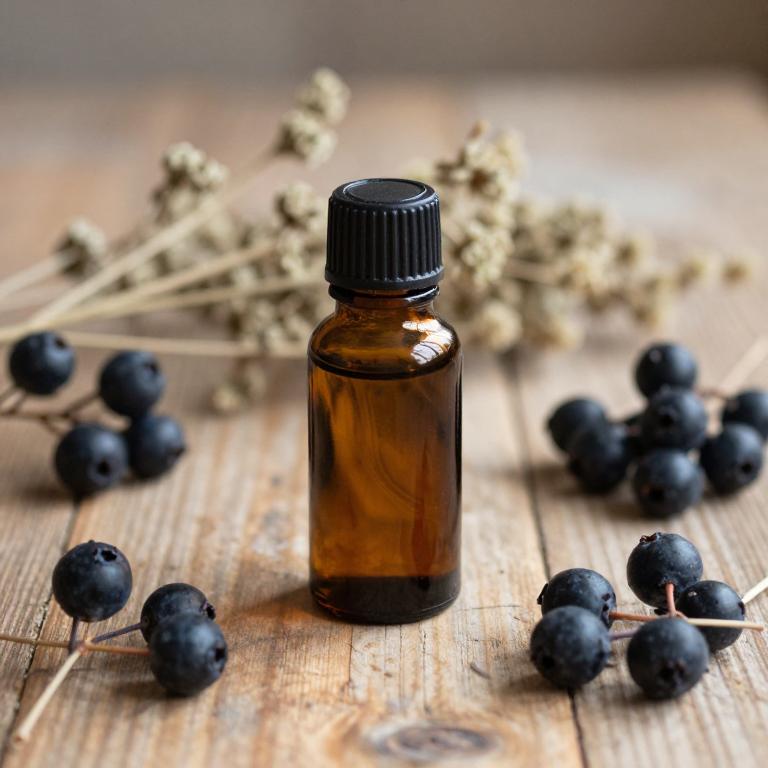
Sambucus nigra herbal essential oils are used to support respiratory health by helping to alleviate symptoms of colds, coughs, and bronchitis due to their antiviral and expectorant properties.
These oils are also valued for their ability to promote skin health, as they contain compounds that may help reduce inflammation and soothe conditions like eczema or minor skin irritations. Additionally, sambucus nigra essential oils are sometimes used in aromatherapy to uplift mood and reduce stress, thanks to their calming and invigorating aroma. Their antimicrobial properties make them useful in natural remedies for preventing or treating minor infections.
Overall, the versatility of sambucus nigra essential oils makes them a popular choice in holistic medicine for their broad range of therapeutic benefits.
58. Centella (Centella asiatica)
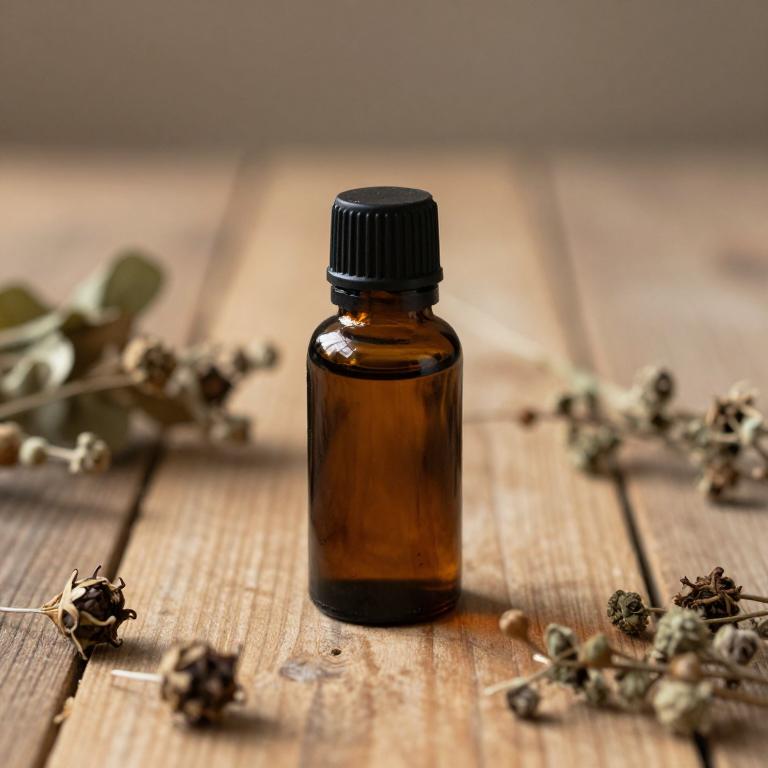
Centella asiatica herbal essential oils are used to promote skin health and wound healing due to their rich content of active compounds like asiatic acid and madecassic acid, which stimulate collagen production and enhance tissue repair.
These oils are also valued for their ability to reduce the appearance of scars, making them a popular ingredient in skincare products aimed at improving skin texture and elasticity. Additionally, they are used in aromatherapy to alleviate stress and anxiety, thanks to their calming and soothing properties. The anti-inflammatory and antioxidant properties of centella asiatica essential oils make them beneficial for treating skin conditions such as eczema and psoriasis.
Overall, their versatility and therapeutic benefits make centella asiatica essential oils a valuable natural remedy in both topical and holistic treatments.
59. Damask rose (Rosa damascena)
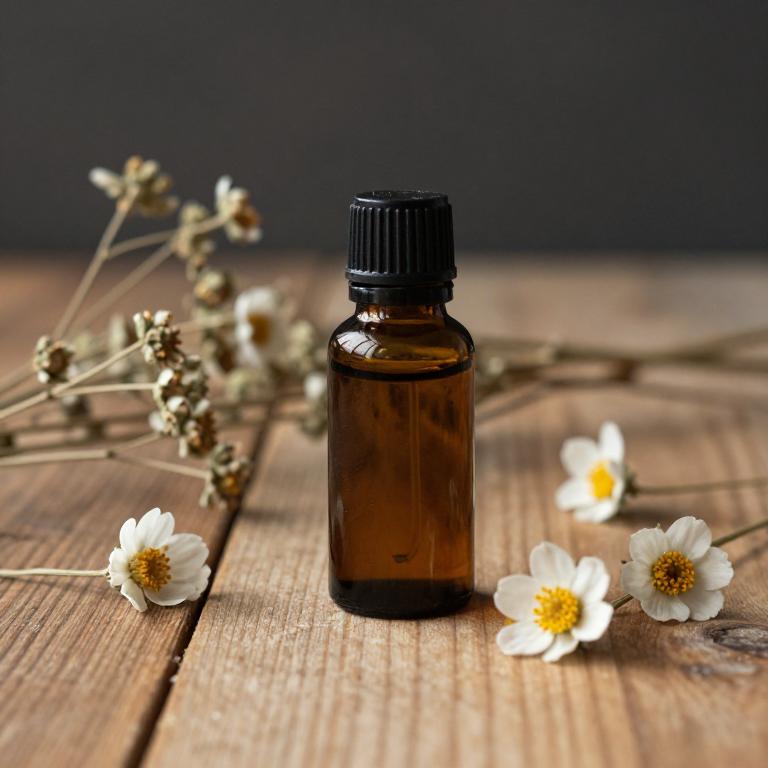
Rosa damascena herbal essential oils are used to promote emotional well-being and reduce stress due to their calming and soothing properties.
These oils are commonly used in aromatherapy to alleviate symptoms of anxiety and depression, helping to balance mood and enhance mental clarity. They are also applied topically to treat skin conditions such as acne and eczema because of their antibacterial and anti-inflammatory effects. Additionally, rosa damascena essential oils are used in skincare products for their ability to nourish and hydrate the skin, contributing to a more radiant complexion.
Their versatility and therapeutic benefits make them a valuable ingredient in both aromatic and topical applications for holistic health and wellness.
60. Kava (Piper methysticum)
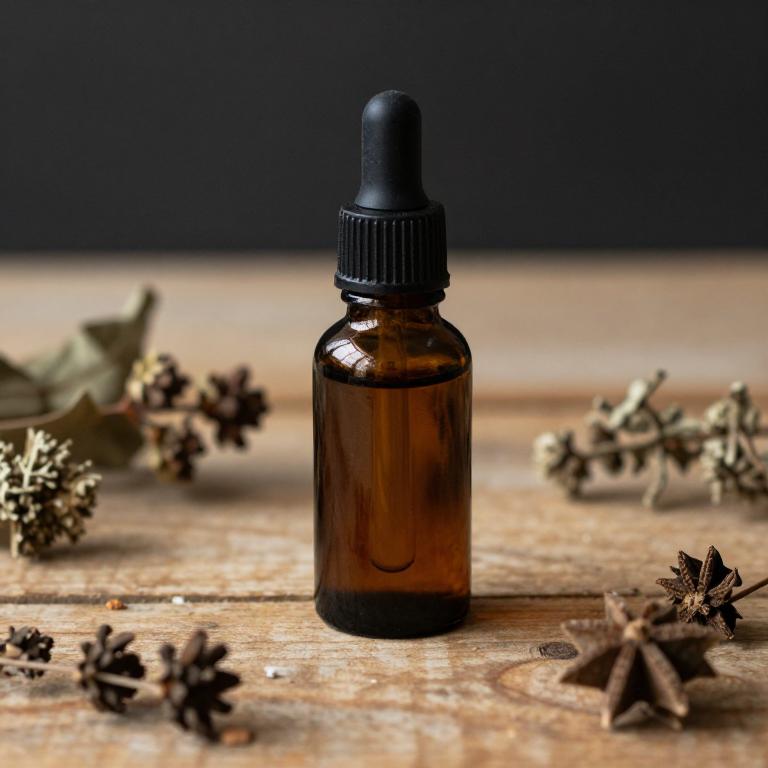
Piper methysticum herbal essential oils are used to promote relaxation and reduce stress by stimulating the parasympathetic nervous system.
These oils are commonly incorporated into aromatherapy practices to help alleviate anxiety and enhance emotional well-being. They are also used in traditional medicine to support respiratory health and ease symptoms of respiratory conditions. The calming properties of these essential oils make them popular in massage therapy and meditation sessions.
Due to their natural and holistic benefits, piper methysticum essential oils are increasingly sought after for their ability to support both mental and physical health.
61. Panax ginseng (Panax ginseng)
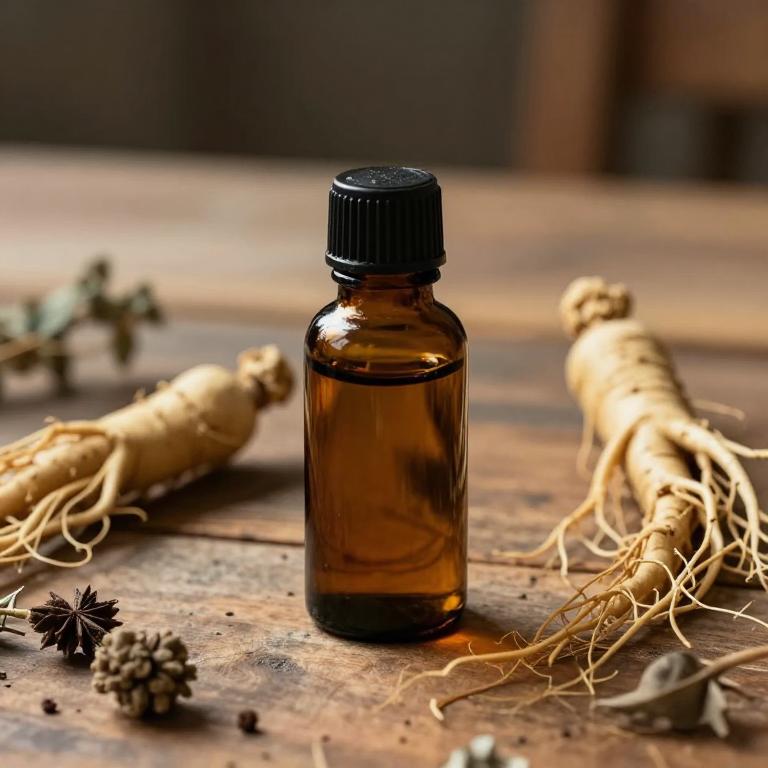
Panax ginseng herbal essential oils are used to enhance physical performance and mental alertness by stimulating the central nervous system and increasing energy levels.
These oils are also utilized in aromatherapy to reduce stress and anxiety, promoting a sense of calm and balance. Their adaptogenic properties help the body resist stress and maintain homeostasis, making them beneficial for those experiencing fatigue or burnout. Additionally, panax ginseng essential oils may support immune function and improve cognitive function, contributing to overall well-being.
Due to their potent therapeutic effects, they are increasingly incorporated into natural health products and wellness routines.
62. Puncture vine (Tribulus terrestris)
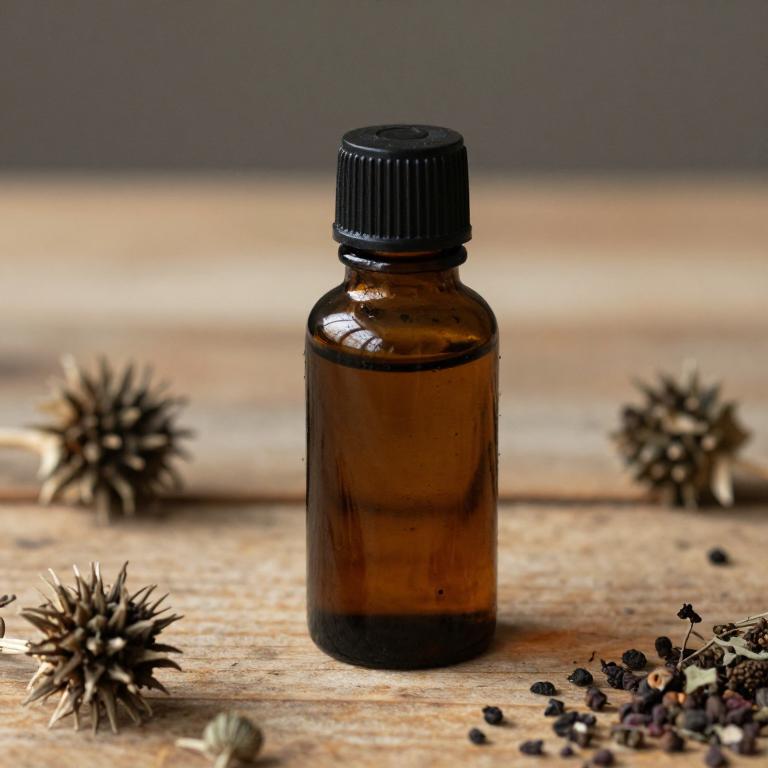
Tribulus terrestris herbal essential oils are used to enhance physical performance and support hormonal balance in the body.
These oils are believed to stimulate the production of testosterone, which can improve muscle growth and energy levels. They are also utilized in aromatherapy to reduce stress and promote mental clarity. Additionally, the essential oils may aid in improving sexual health and libido due to their potential phytohormonal properties.
Because of these benefits, tribulus terrestris essential oils are popular among athletes and individuals seeking natural ways to boost their overall vitality.
63. Cilantro (Coriandrum sativum)
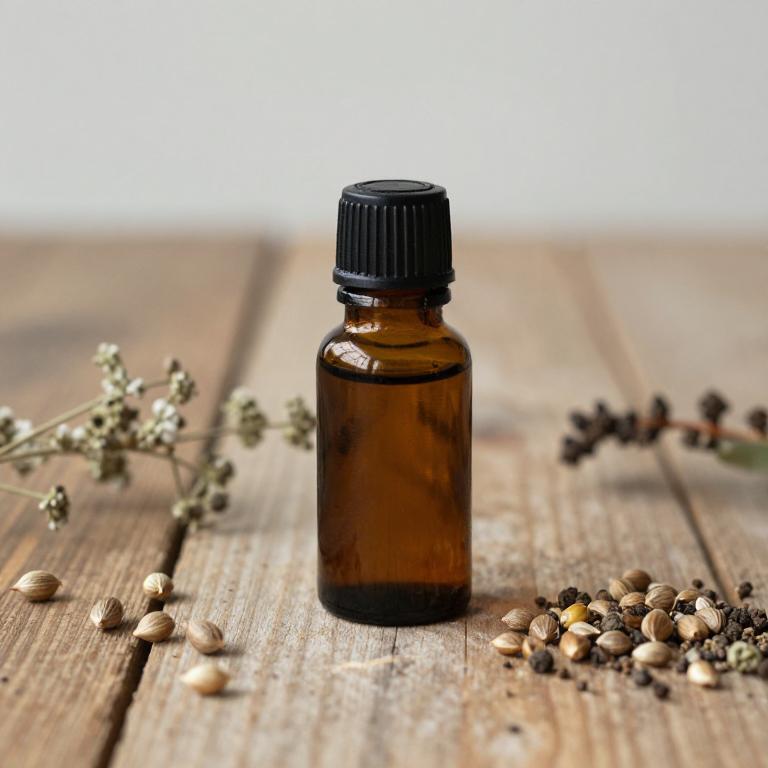
Coriandrum sativum herbal essential oils are used to support digestive health by stimulating the production of digestive enzymes and relieving symptoms of indigestion and bloating.
These oils are also valued for their calming effects, making them useful in aromatherapy to reduce stress and promote relaxation. Additionally, they possess antimicrobial properties that can help in treating minor skin infections and respiratory issues. The essential oils are often incorporated into topical applications for their warming effect, which can help alleviate muscle pain and joint discomfort.
Due to their versatile therapeutic benefits, coriandrum sativum essential oils are widely used in both traditional and modern holistic medicine practices.
64. Tulsi (Ocimum sanctum)
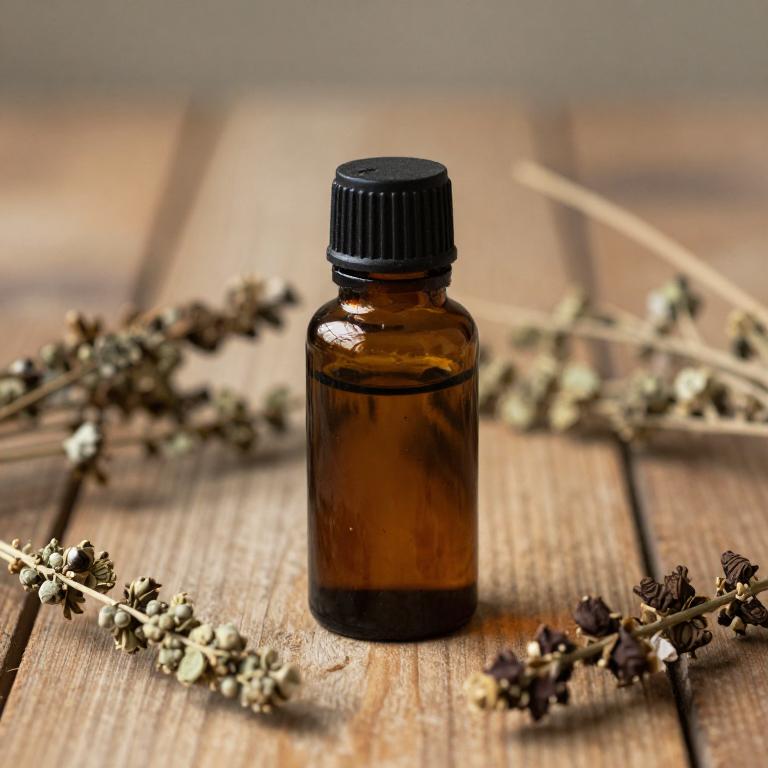
Ocimum sanctum herbal essential oils are used to promote relaxation and reduce stress due to their calming and soothing properties.
These essential oils are also beneficial for respiratory health, as they can help alleviate symptoms of coughs, colds, and congestion. They are commonly used in aromatherapy to enhance mood and improve mental clarity, making them popular in stress relief practices. The anti-inflammatory and antioxidant properties of ocimum sanctum essential oils make them useful in treating skin conditions and supporting immune function.
Overall, their versatility and natural therapeutic benefits make them a valuable addition to holistic health practices.
65. Caraway (Carum carvi)
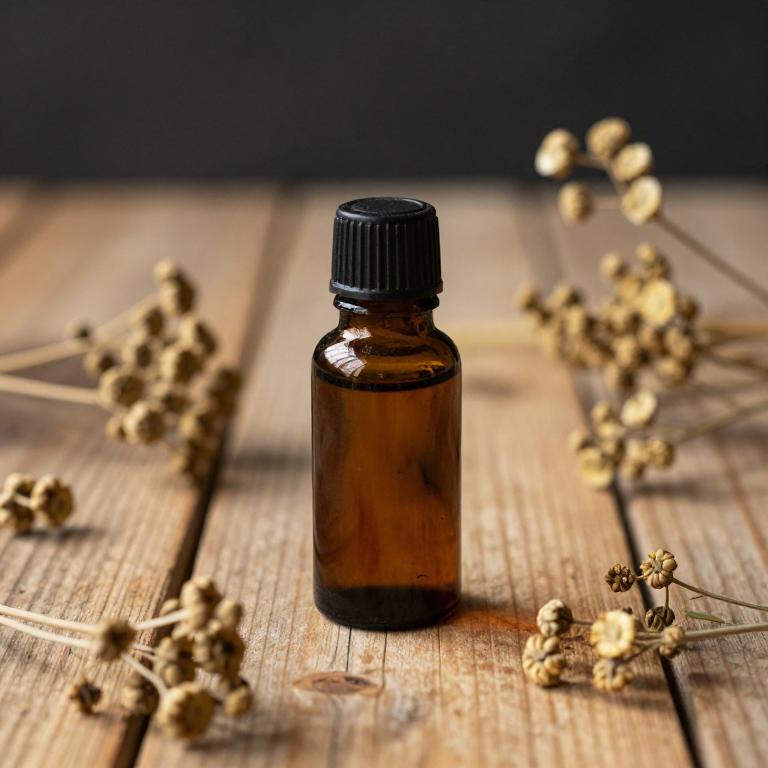
Carum carvi herbal essential oils are used to promote respiratory health by helping to relieve congestion and ease breathing.
These oils are also valued for their calming properties, making them useful in aromatherapy to reduce stress and anxiety. Due to their antispasmodic effects, they can aid in缓解 digestive issues such as bloating and indigestion. Additionally, carum carvi essential oils are often incorporated into skincare products for their potential to soothe skin irritations and promote healing.
Their versatility and natural benefits make them a popular choice in both traditional and modern holistic practices.
66. Wormwood (Artemisia absinthium)
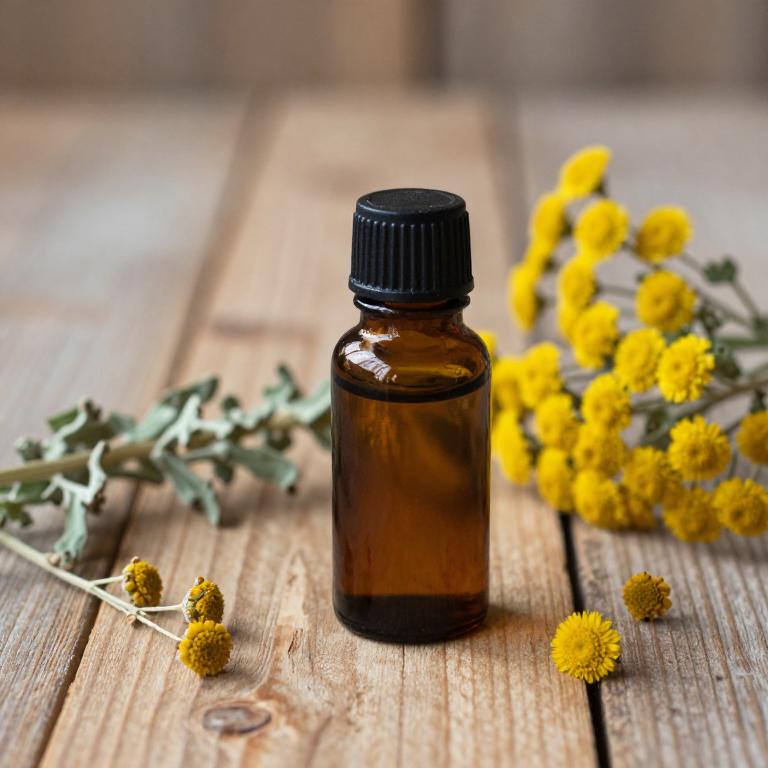
Artemisia absinthium herbal essential oils are used to support digestive health by stimulating bile production and aiding in the relief of digestive discomfort.
These oils are also valued for their calming properties, making them useful in aromatherapy to reduce stress and anxiety. Additionally, they have antimicrobial properties that can help in treating skin infections and fungal conditions. The essential oils are often incorporated into topical applications for their anti-inflammatory effects, which can help with skin irritation and inflammation.
Due to their complex chemical composition, artemisia absinthium essential oils are also used in traditional medicine to address various ailments, though their use should be approached with caution due to potential toxicity.
67. European plum (Prunus domestica)
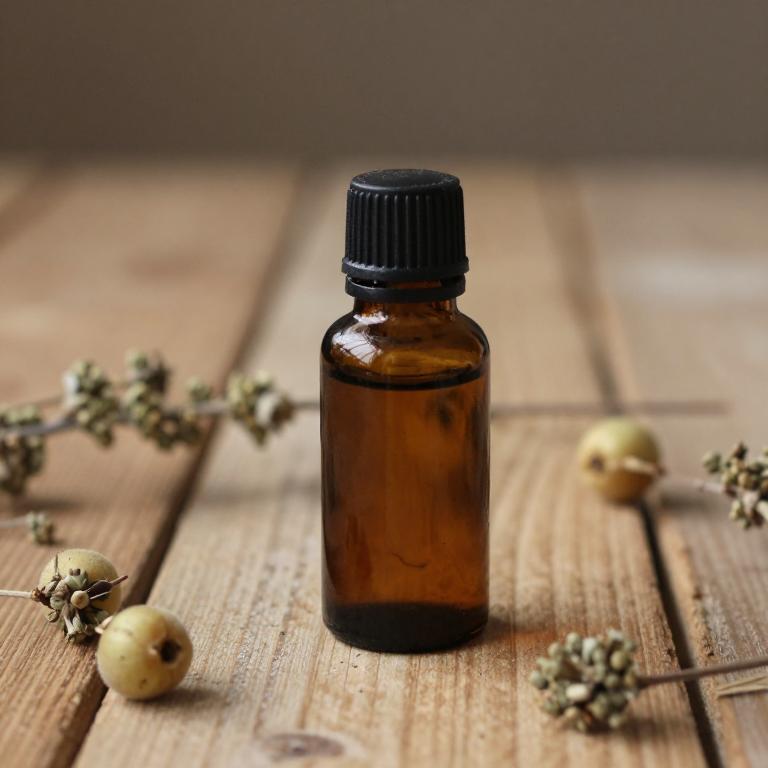
Prunus domestica herbal essential oils are used to promote skin health and treat various dermatological conditions due to their antimicrobial and anti-inflammatory properties.
These essential oils can help reduce acne and other skin infections by inhibiting the growth of harmful bacteria on the skin's surface. Additionally, they are valued for their ability to soothe irritation and redness, making them beneficial for sensitive or inflamed skin. The presence of compounds like flavonoids and phenolic acids contributes to their therapeutic effects.
Because of these properties, prunus domestica essential oils are increasingly incorporated into natural skincare products and aromatherapy treatments.
68. Lemon (Citrus limon)
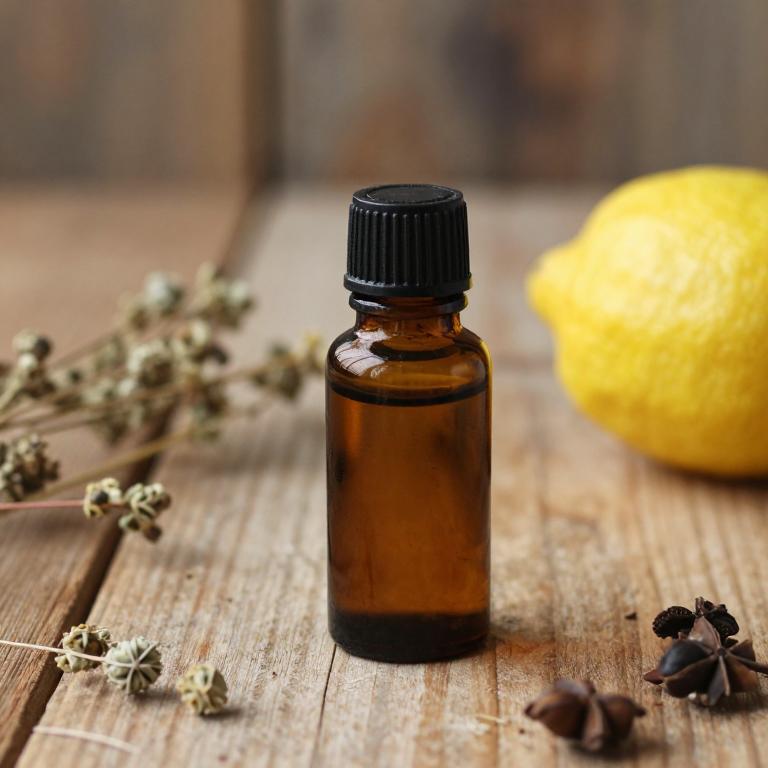
Citrus limon herbal essential oils are used to promote mental clarity and reduce stress due to their uplifting and calming properties.
These oils are commonly diffused in aromatherapy to enhance mood and create a refreshing atmosphere in homes and offices. They are also used topically for their antiseptic and skin-renewing benefits, making them a popular choice for skincare routines. In addition, citrus limon essential oils can support digestion when used in diffusers or diluted in carrier oils.
Their versatility and natural potency make them a valuable addition to both physical and emotional well-being practices.
69. Maypop (Passiflora incarnata)
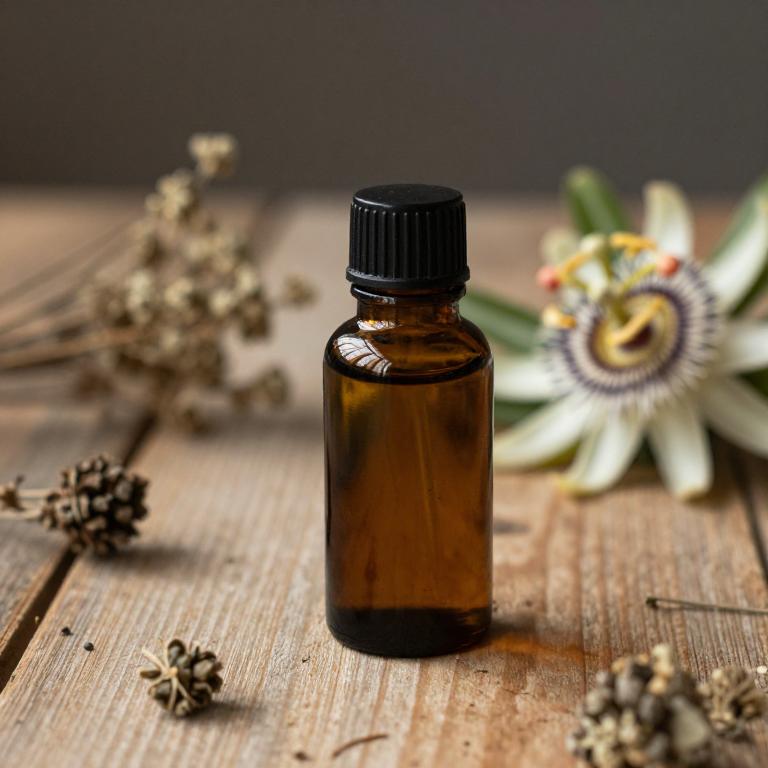
Passiflora incarnata herbal essential oils are used to promote relaxation and reduce anxiety due to their calming properties.
These oils contain compounds like flavonoids and alkaloids that interact with the nervous system to ease tension and improve mood. They are often incorporated into aromatherapy practices to help individuals manage stress and achieve a sense of tranquility. Additionally, passiflora incarnata essential oils may support better sleep by encouraging a more restful state of mind and body.
Their natural sedative effects make them a valuable alternative or complementary therapy for those seeking natural remedies for emotional and psychological well-being.
70. Hemp (Cannabis sativa)
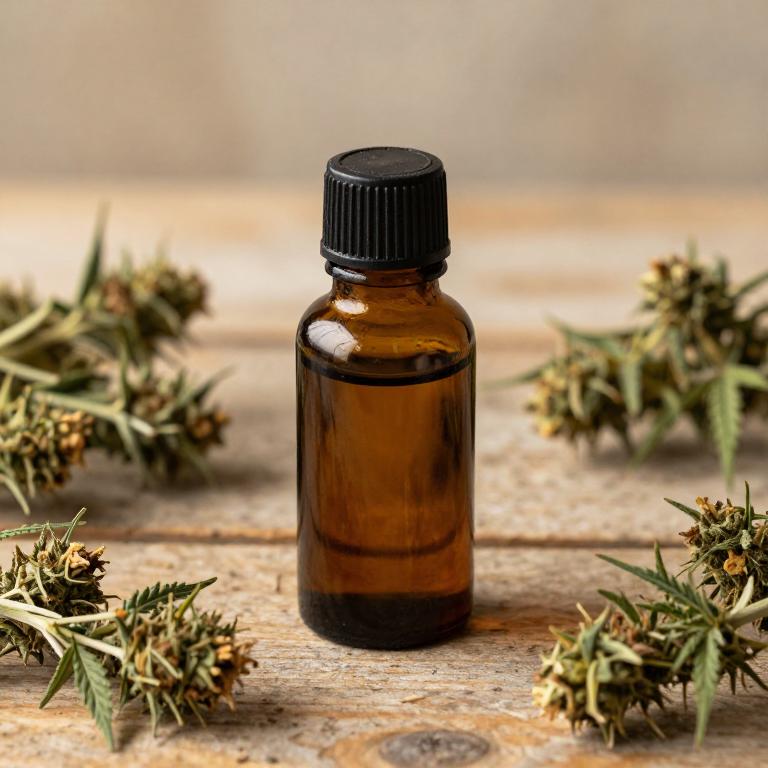
Cannabis sativa herbal essential oils are used to support relaxation and reduce stress by interacting with the body's endocannabinoid system.
These oils are also commonly employed in aromatherapy to promote emotional balance and enhance mood through inhalation. Their natural anti-inflammatory properties make them beneficial for alleviating symptoms of skin conditions and minor aches. Additionally, they are utilized in topical applications to relieve muscle tension and improve circulation.
The versatility of cannabis sativa essential oils stems from their complex chemical profile, which includes terpenes and cannabinoids that contribute to their therapeutic effects.
71. Peperomia plant (Peperomia pellucida)
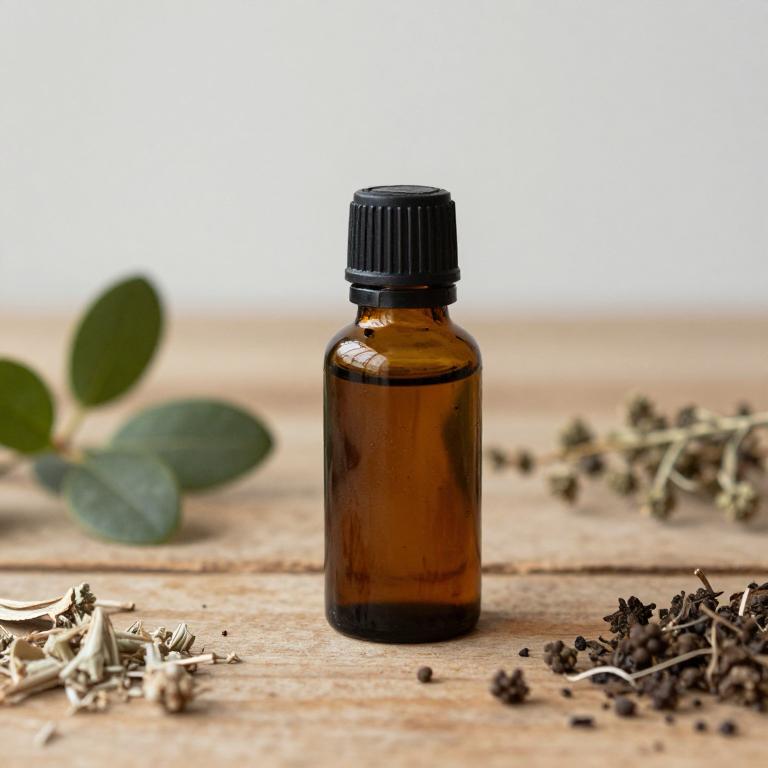
Peperomia pellucida herbal essential oils are used to promote skin health and treat various dermatological conditions due to their antimicrobial and anti-inflammatory properties.
These oils are also valued for their ability to soothe irritated skin and reduce redness, making them beneficial for individuals with eczema or psoriasis. In aromatherapy, the essential oils are utilized to alleviate stress and anxiety, enhancing mental well-being through their calming aroma. Additionally, they are applied topically to aid in wound healing and prevent infections due to their natural antiseptic qualities.
The versatility of peperomia pellucida essential oils makes them a popular choice in both traditional and modern holistic medicine.
72. Dill (Anethum graveolens)
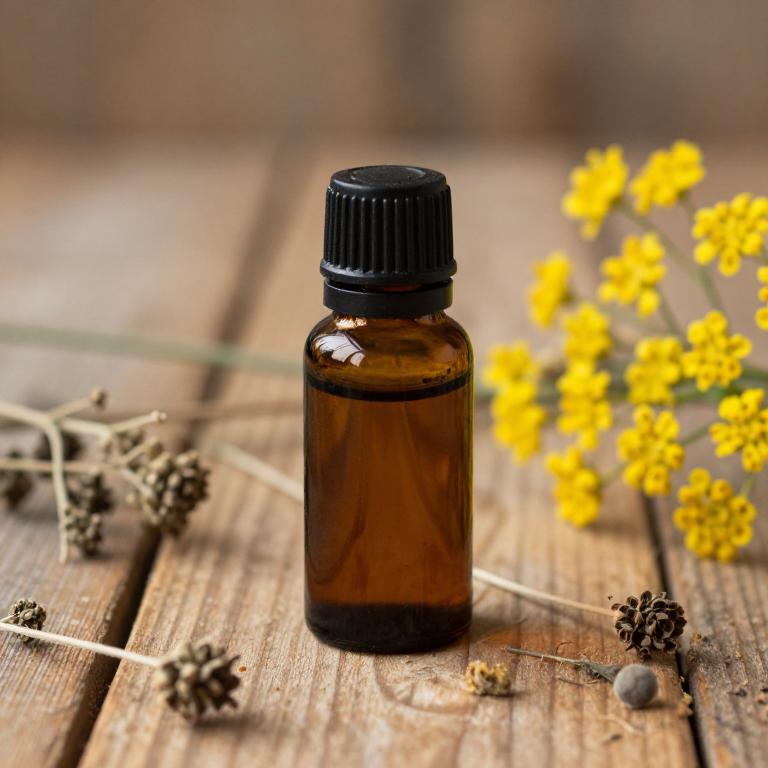
Anethum graveolens herbal essential oils are used to promote digestive health by stimulating the secretion of digestive enzymes and reducing bloating and gas.
These oils are also valued for their calming effects, making them useful in aromatherapy to alleviate stress and anxiety. Their anti-inflammatory properties make them beneficial for relieving muscle pain and reducing inflammation in the body. Additionally, anethum graveolens essential oils are used topically to support skin health by treating minor irritations and promoting a healthy complexion.
Due to their wide range of therapeutic benefits, these oils are a versatile and valuable addition to both aromatherapy and natural medicine practices.
73. Sweet wormwood (Artemisia annua)
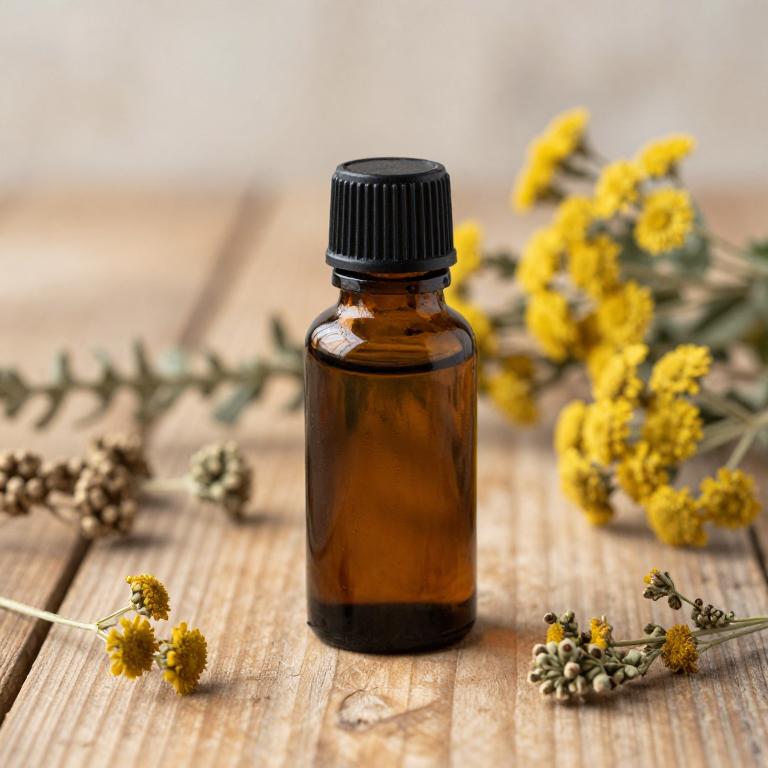
Artemisia annua herbal essential oils are used to support immune function and combat viral infections due to their antiviral and antimicrobial properties.
These oils have been traditionally used in herbal medicine to alleviate symptoms of colds, flu, and other respiratory ailments. Their ability to reduce inflammation and enhance the body's natural defenses makes them valuable in natural health practices. Additionally, artemisia annua essential oils may help in managing fever and improving overall wellness when used in aromatherapy or topical applications.
The historical use of artemisia annua, particularly for its active compound artemisinin, further underscores its significance in both traditional and modern herbal remedies.
74. Garlic (Allium sativum)
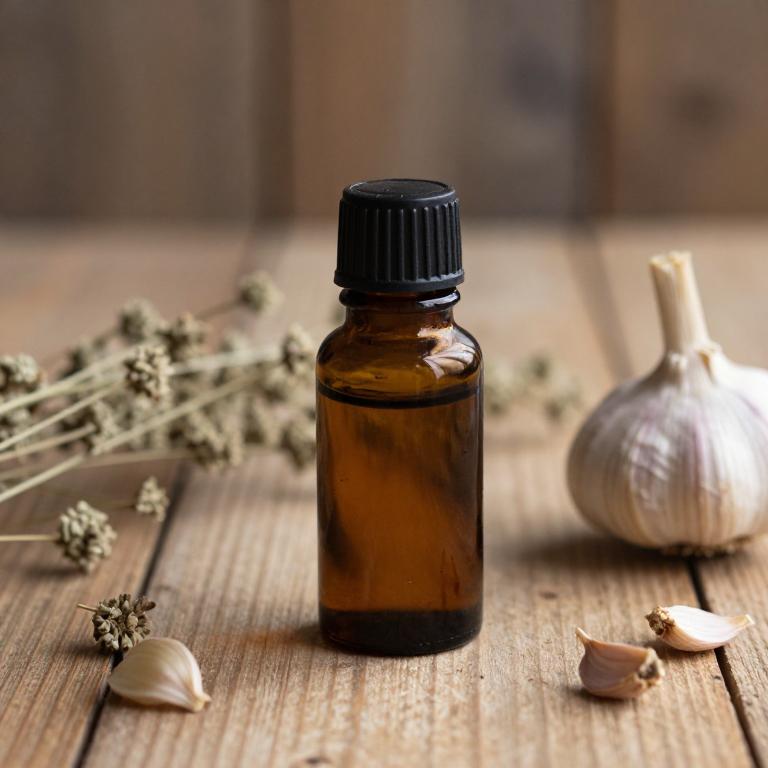
Allium sativum herbal essential oils are used to support respiratory health by helping to alleviate symptoms of congestion and inflammation in the airways.
These oils are also valued for their antimicrobial properties, which can aid in the treatment of infections such as coughs, colds, and even more severe respiratory conditions. Additionally, allium sativum essential oils are known to have a calming effect, making them useful in aromatherapy to reduce stress and promote relaxation. Their ability to act as a natural decongestant makes them beneficial for people suffering from sinusitis or bronchitis.
Overall, the unique combination of therapeutic properties in allium sativum essential oils makes them a versatile and valuable component in both traditional and modern holistic medicine.
75. White cedar (Thuja occidentalis)
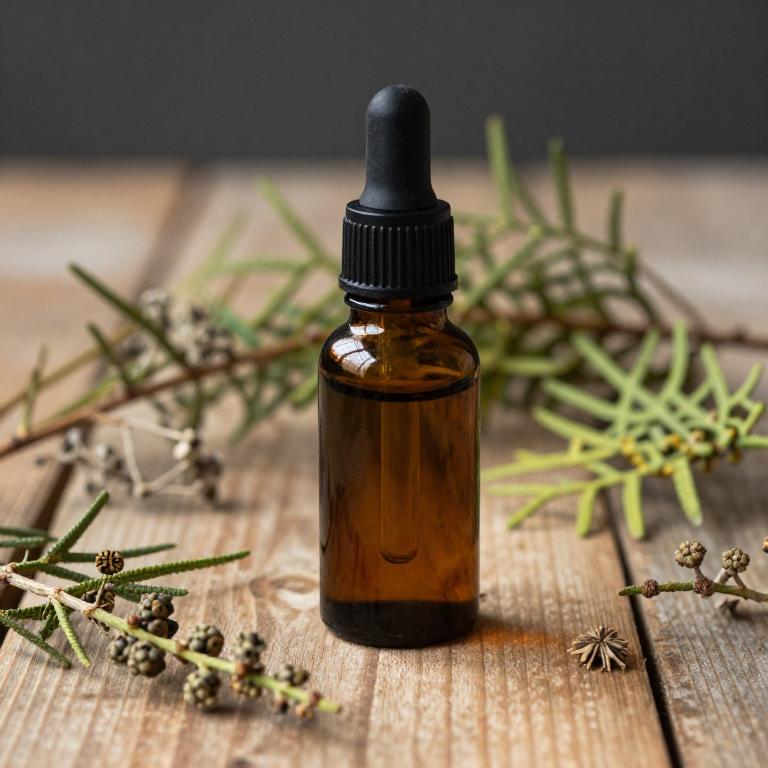
Thuja occidentalis herbal essential oils are used to support respiratory health by helping to relieve symptoms of congestion and inflammation in the airways.
These oils are also valued for their antimicrobial properties, which can help combat infections and promote a cleaner respiratory environment. Additionally, they are commonly used in aromatherapy to reduce stress and enhance mental clarity, making them a popular choice for relaxation and focus. The essential oils derived from thuja occidentalis are also believed to have antifungal and antiviral benefits, contributing to overall immune support.
Due to their versatile applications and therapeutic properties, thuja occidentalis essential oils are increasingly sought after in natural health and wellness practices.
76. Clary sage (Salvia sclarea)
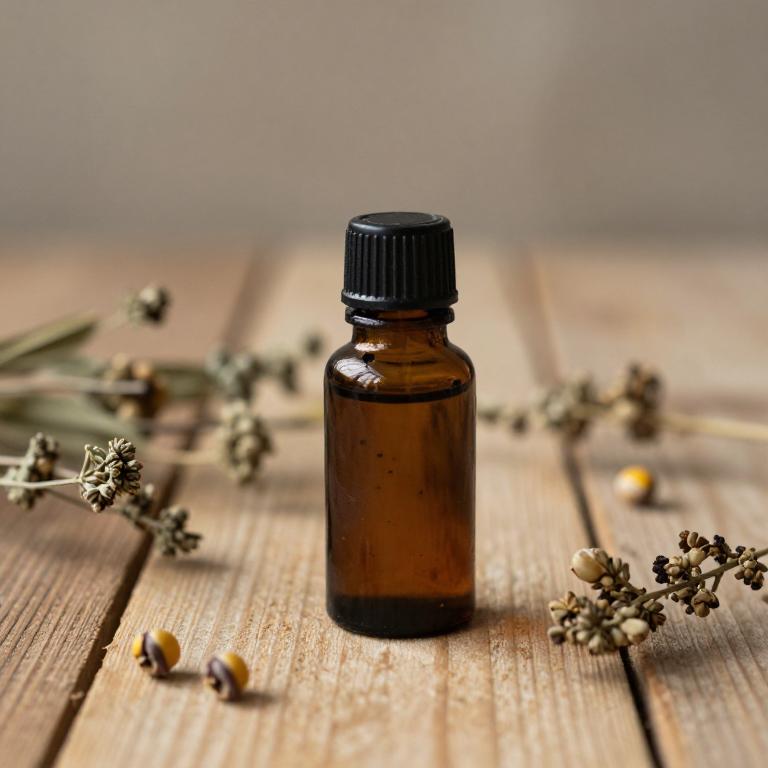
Salvia sclarea herbal essential oils are used to promote relaxation and reduce stress due to their calming and soothing properties.
These oils are also commonly utilized in aromatherapy to enhance mood and alleviate symptoms of anxiety and depression. Their antispasmodic qualities make them effective in relieving digestive discomfort and muscle tension. Additionally, salvia sclarea essential oils have been traditionally used for their potential skin-soothing effects, particularly in treating minor irritations and promoting skin health.
The versatility of these oils makes them a valuable addition to both holistic and conventional wellness practices.
77. Horse radish (Cnidium monnieri)
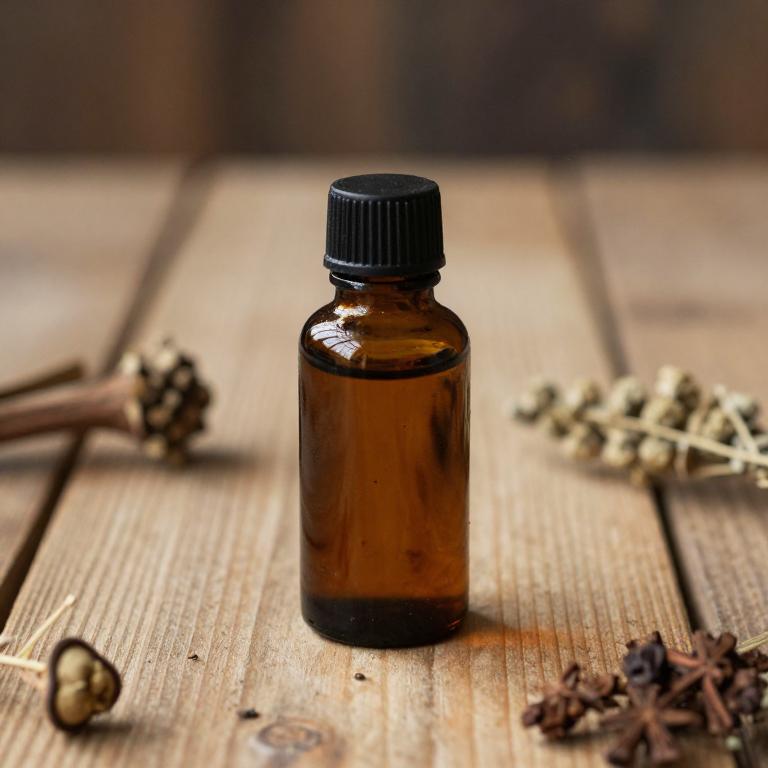
Cnidium monnieri herbal essential oils are used to promote skin health and enhance circulation due to their potent antioxidant and anti-inflammatory properties.
These oils are commonly incorporated into topical formulations to alleviate skin conditions such as eczema and psoriasis by reducing redness and irritation. Additionally, they are valued in aromatherapy for their ability to reduce stress and improve mood through their calming and invigorating aromas. The bioactive compounds in these oils, such as alkaloids and flavonoids, contribute to their efficacy in supporting cellular repair and detoxification processes.
Overall, the unique combination of therapeutic benefits makes cnidium monnieri essential oils a valuable ingredient in both traditional and modern wellness practices.
78. Tree peony (Paeonia suffruticosa)
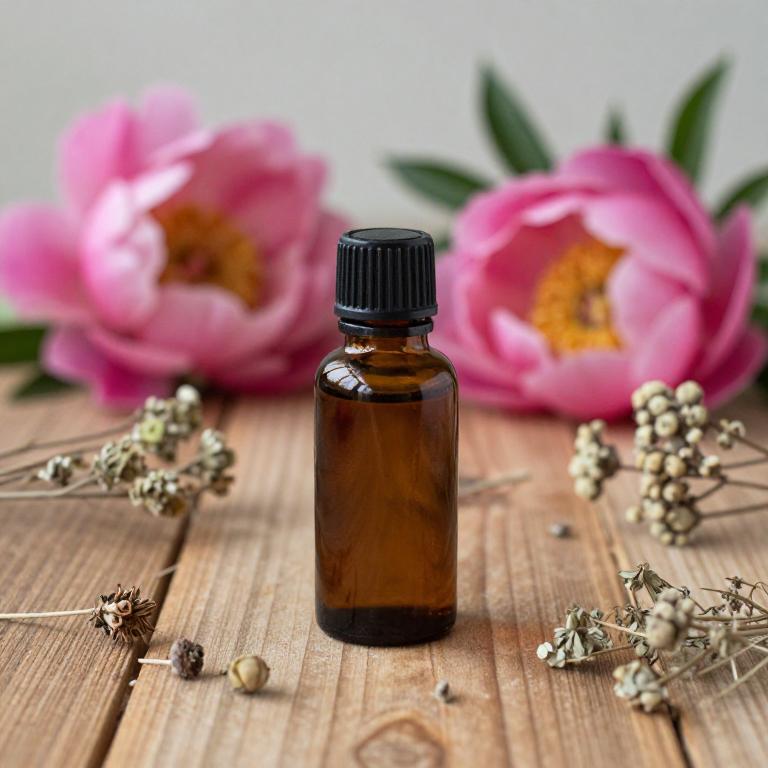
Paeonia suffruticosa herbal essential oils are used to promote emotional well-being and reduce stress due to their calming and uplifting properties.
These oils are also valued for their potential anti-inflammatory and analgesic effects, making them useful in treating minor skin irritations and muscle aches. In aromatherapy, they are often employed to enhance focus and creativity, supporting mental clarity and emotional balance. Their rich aromatic profile makes them a popular choice in diffusers and personal inhalation practices.
Additionally, paeonia suffruticosa essential oils are believed to support respiratory health, helping to ease congestion and improve overall breathing.
79. Tongkat ali (Eurycoma longifolia)
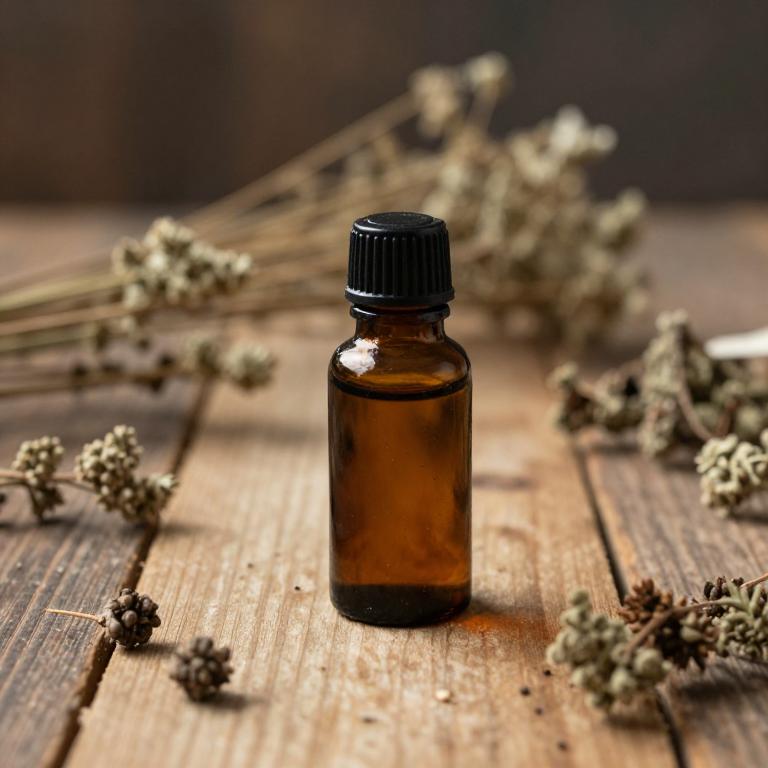
Eurycoma longifolia herbal essential oils are used to enhance vitality and support immune function due to their rich content of bioactive compounds like alkaloids and flavonoids.
These oils are commonly incorporated into aromatherapy practices to promote mental clarity and reduce stress, thanks to their uplifting and invigorating properties. They are also utilized in traditional medicine to aid in the treatment of respiratory infections and to boost overall energy levels. The antimicrobial and anti-inflammatory effects of the oils make them valuable in skincare products for improving skin health and reducing inflammation.
Because of these diverse benefits, eurycoma longifolia essential oils are increasingly recognized as a natural remedy for enhancing both physical and mental well-being.
80. Sutherlandia frutescens
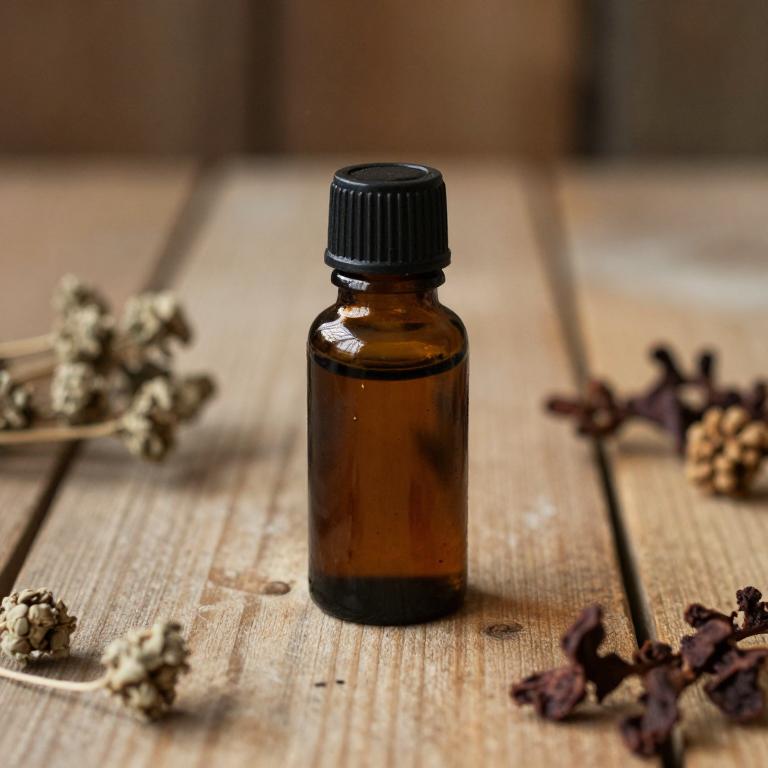
Sutherlandia frutescens herbal essential oils are used to support immune system function and promote overall wellness.
These oils are believed to have adaptogenic properties that help the body manage stress and enhance resilience. They are often utilized in aromatherapy to reduce anxiety and improve mood due to their calming effects. Additionally, sutherlandia frutescens essential oils may aid in reducing inflammation and supporting cellular health.
Their traditional use in African herbal medicine highlights their potential as a natural remedy for various health concerns.
81. Sunflower (Helianthus annuus)
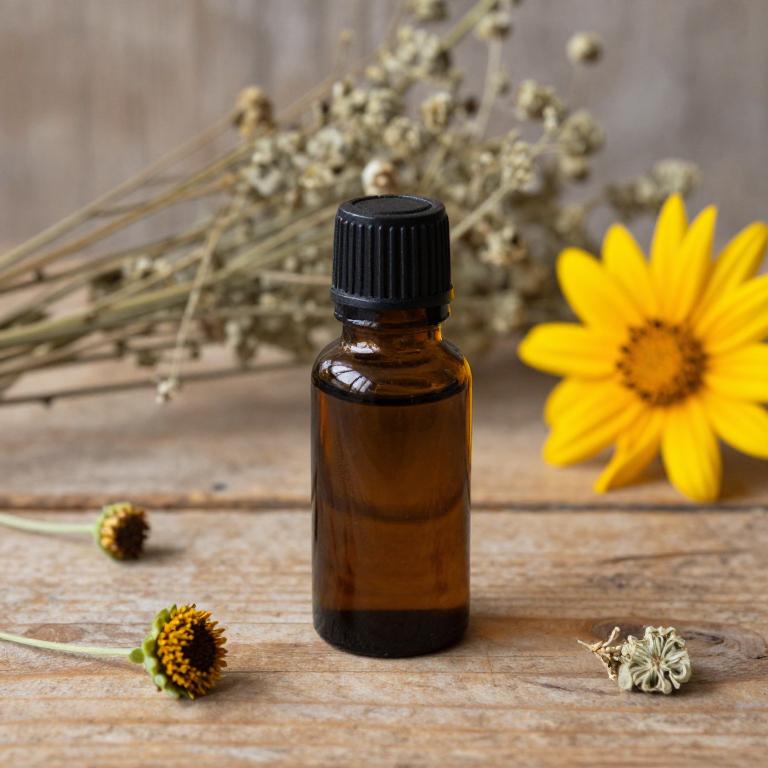
Helianthus annuus herbal essential oils are used to promote emotional well-being and reduce stress due to their calming and uplifting properties.
These oils are often diffused in aromatherapy to enhance mood and create a sense of relaxation, making them ideal for use in meditation or before bedtime. They are also applied topically to alleviate muscle tension and support skin health, thanks to their anti-inflammatory and antioxidant benefits. The warming and stimulating effects of helianthus annuus essential oils can help improve circulation and energize the body.
Overall, these oils are valued for their versatility in both mental and physical wellness practices.
82. Eucalyptus citriodora
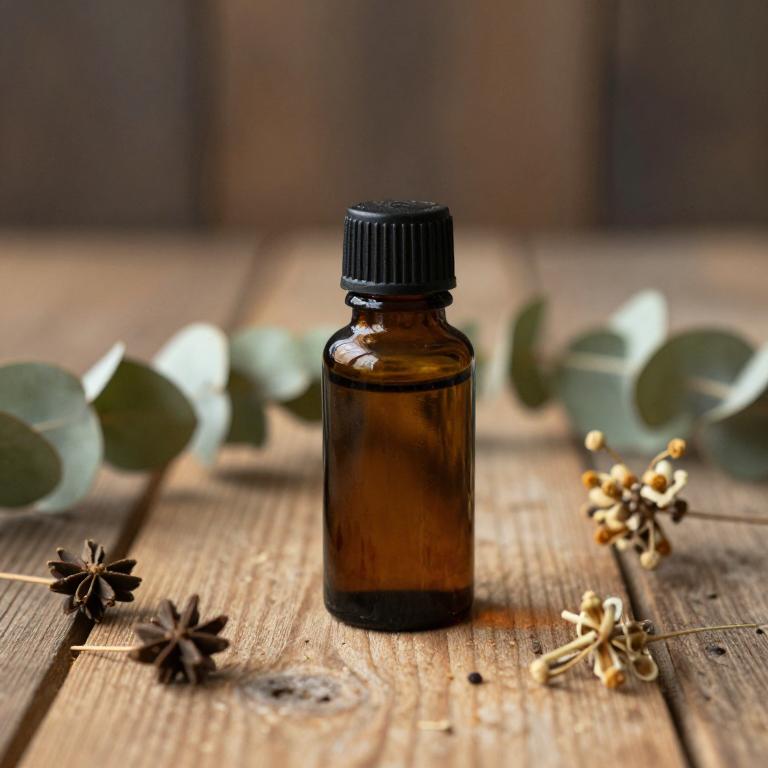
Eucalyptus citriodora herbal essential oils are used to support respiratory health due to their potent antimicrobial and anti-inflammatory properties.
These oils help alleviate symptoms of colds, coughs, and bronchitis by loosening mucus and reducing congestion in the airways. They are also commonly used in aromatherapy to promote mental clarity and reduce stress, thanks to their invigorating and uplifting aroma. Additionally, the essential oil's natural antiseptic qualities make it useful for treating minor skin infections and insect bites.
Because of its versatile therapeutic benefits, eucalyptus citriodora essential oil is a popular choice in both aromatherapy and natural medicine practices.
83. Geranium (Pelargonium graveolens)
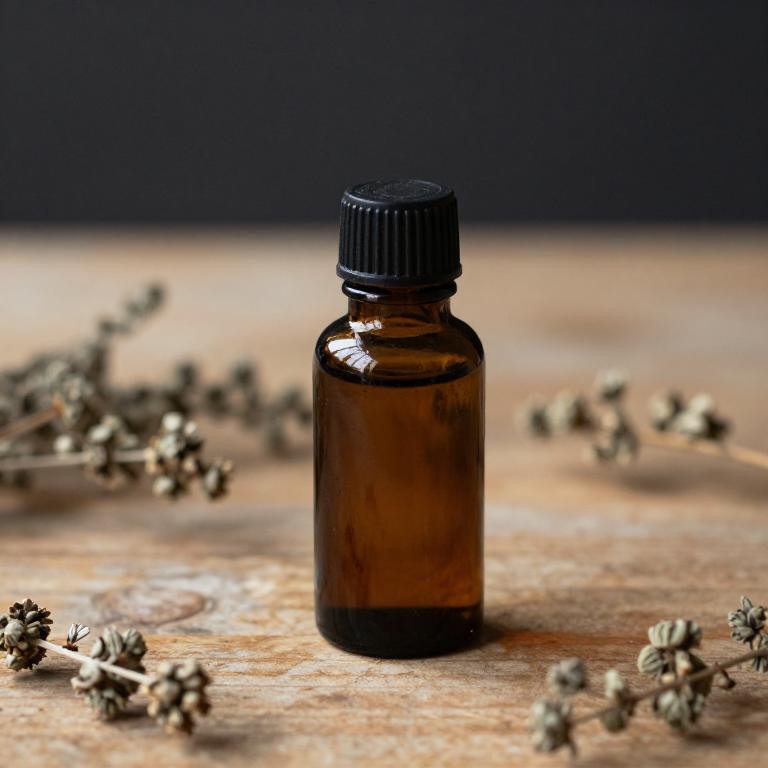
Pelargonium graveolens herbal essential oils are used to promote emotional balance and reduce stress due to their calming and uplifting properties.
These oils are commonly used in aromatherapy to help alleviate symptoms of anxiety and depression by stimulating the central nervous system and enhancing mood. They are also valued for their antibacterial and antifungal qualities, making them effective in treating skin conditions and infections. Additionally, pelargonium graveolens essential oils can support respiratory health by helping to clear congestion and ease breathing.
Their versatility and potent therapeutic effects make them a popular choice in both traditional and modern holistic practices.
84. Italian cypress (Cupressus sempervirens)
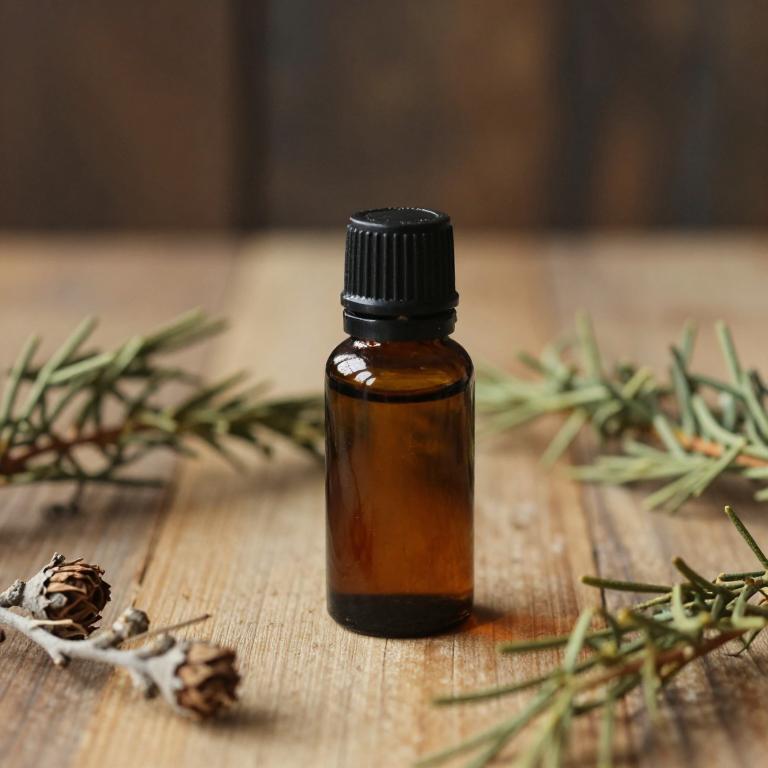
Cupressus sempervirens herbal essential oils are used to promote relaxation and reduce stress due to their calming and soothing properties.
These oils are often utilized in aromatherapy to help alleviate anxiety and improve mood by stimulating the limbic system, which is responsible for emotional regulation. They are also valued for their ability to support respiratory health, making them beneficial for treating congestion and easing breathing difficulties. Additionally, cupressus sempervirens essential oils are applied topically to enhance circulation and relieve muscle tension, making them a popular choice in massage therapy.
Their versatility and therapeutic benefits make them a valuable addition to natural wellness practices.
85. Pomegranate (Punica granatum)
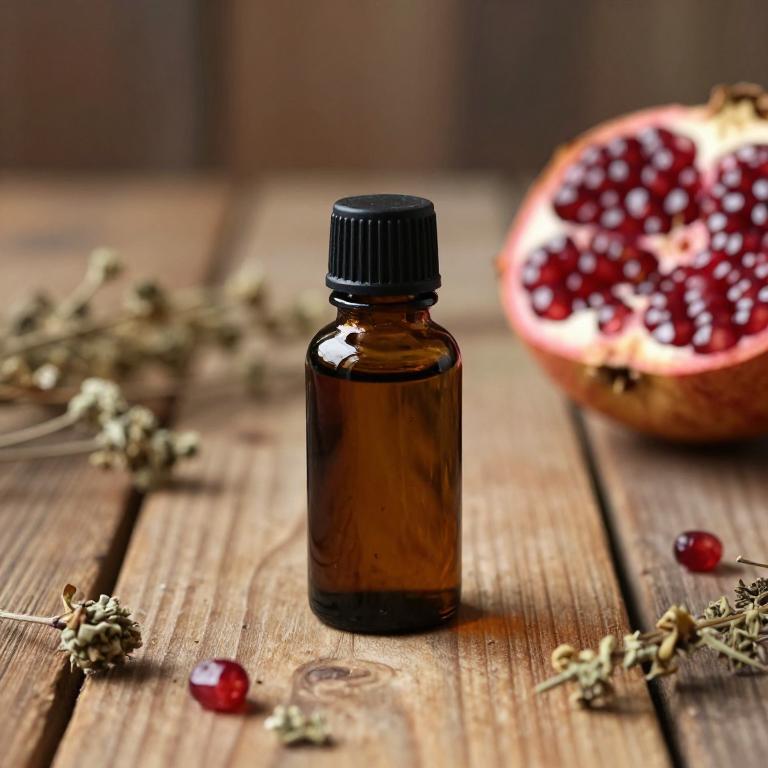
Punica granatum herbal essential oils are used to promote skin health and reduce inflammation due to their high concentration of antioxidants and anti-inflammatory compounds.
These oils are commonly incorporated into skincare products to help treat acne, eczema, and other skin conditions by soothing irritation and balancing skin pH. They are also utilized in aromatherapy to alleviate stress and anxiety, thanks to their calming and uplifting properties. Additionally, punica granatum essential oils may support respiratory health when diffused, helping to clear airways and ease breathing.
Their versatility in both topical and aromatic applications makes them a valuable ingredient in natural remedies and holistic wellness practices.
86. Wheat (Triticum aestivum)
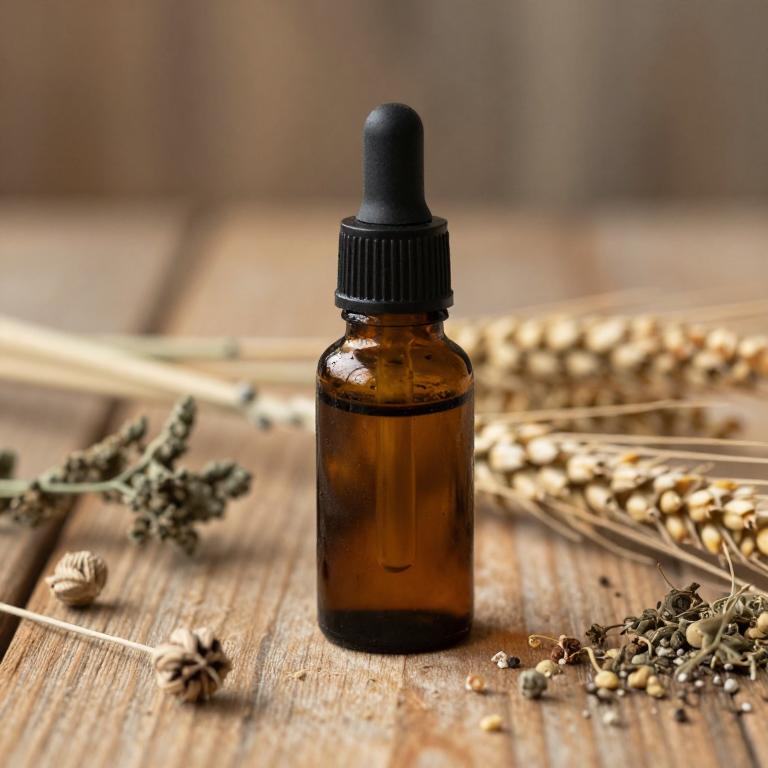
Triticum aestivum herbal essential oils are used to promote relaxation and reduce stress by stimulating the nervous system and inducing a calming effect.
These oils are also utilized in aromatherapy to enhance mental clarity and improve mood, making them beneficial for individuals experiencing anxiety or mental fatigue. Their anti-inflammatory properties make them suitable for topical application to alleviate muscle pain and joint discomfort. Additionally, triticum aestivum essential oils can support respiratory health by helping to clear congestion and ease breathing.
Overall, these oils are valued for their versatility and therapeutic benefits, making them a popular choice in natural wellness practices.
87. Sweet almond (Prunus dulcis)
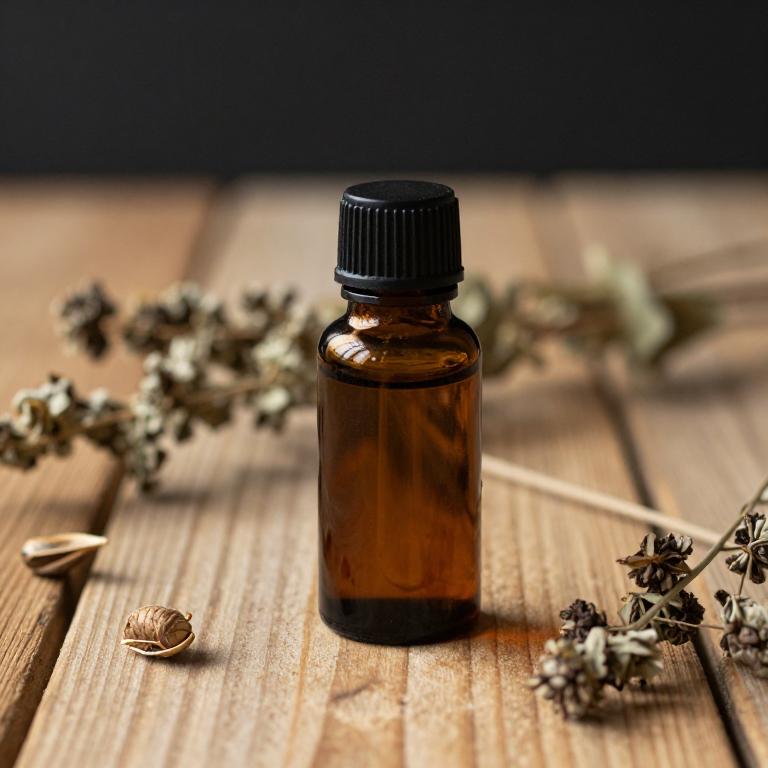
Prunus dulcis herbal essential oils are used to promote emotional well-being and reduce stress due to their calming and soothing properties.
These essential oils are often utilized in aromatherapy to help alleviate anxiety and enhance relaxation, making them popular in spa and wellness settings. They can also support respiratory health when diffused or inhaled, helping to ease congestion and improve breathing. Additionally, prunus dulcis essential oils may aid in skin care by providing antimicrobial and antioxidant benefits, contributing to healthy skin maintenance.
Their versatility and natural therapeutic properties make them a valuable component in both aromatherapy and holistic health practices.
88. Love-in-a-mist (Peucedanum ostruthium)
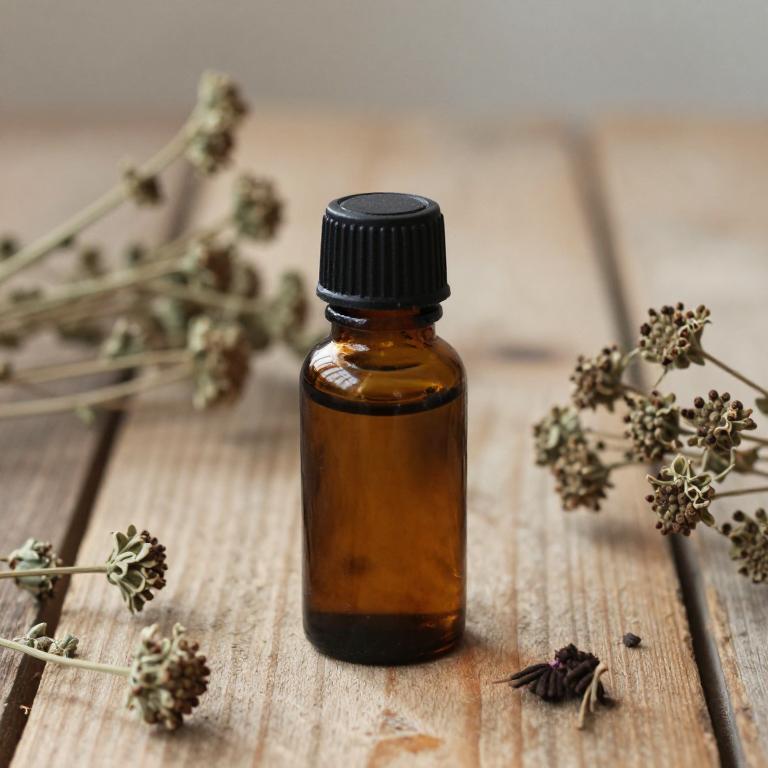
Peucedanum ostruthium herbal essential oils are used to support respiratory health by helping to alleviate symptoms of congestion and coughing.
These oils contain compounds that have natural expectorant properties, which can aid in the removal of mucus from the airways. They are also valued for their calming effects, making them useful in reducing stress and promoting relaxation. Additionally, the essential oils may have antimicrobial benefits, supporting immune function and helping to prevent infections.
Due to their therapeutic properties, peucedanum ostruthium essential oils are often incorporated into aromatherapy and natural remedies for holistic wellness.
89. Artichoke (Cynara scolymus)
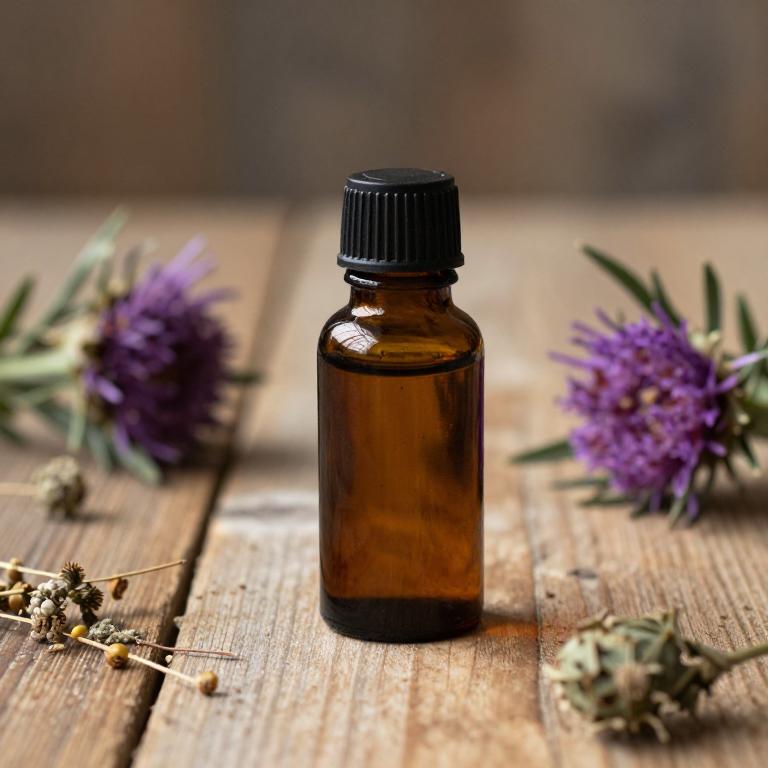
Cynara scolymus herbal essential oils are used to promote digestive health by stimulating bile production and aiding in the breakdown of fats.
They are also valued for their potential to support liver function, helping the body detoxify more efficiently. These oils may help alleviate symptoms of digestive disorders such as bloating and indigestion due to their carminative properties. Additionally, they are sometimes used in aromatherapy to reduce stress and promote a sense of calm.
Their versatility makes them a valuable component in both internal and external applications within holistic health practices.
90. Horse chestnut (Aesculus hippocastanum)
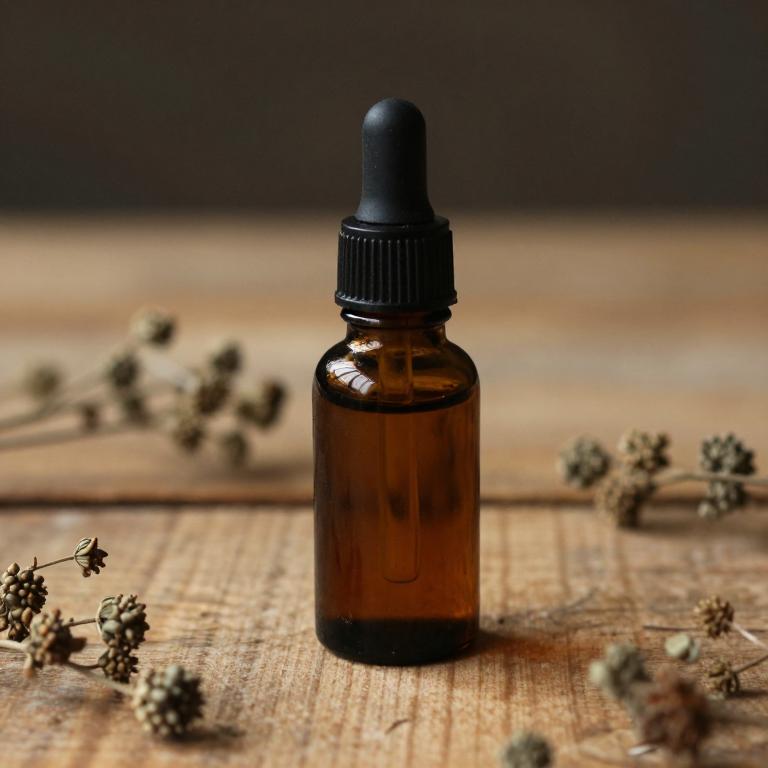
Aesculus hippocastanum herbal essential oils are used to support cardiovascular health by promoting circulation and reducing inflammation in blood vessels.
These oils contain compounds such as saponins and flavonoids, which may help strengthen capillary walls and improve blood flow. They are also utilized in aromatherapy to alleviate symptoms of hypertension and reduce stress-related tension in the body. Additionally, the essential oils are applied topically to relieve muscle pain and joint stiffness due to their anti-inflammatory properties.
Overall, their use is rooted in traditional herbal medicine and modern research that highlights their potential benefits for both circulatory and musculoskeletal wellness.
91. Pyrethrum (Anthemis nobilis)
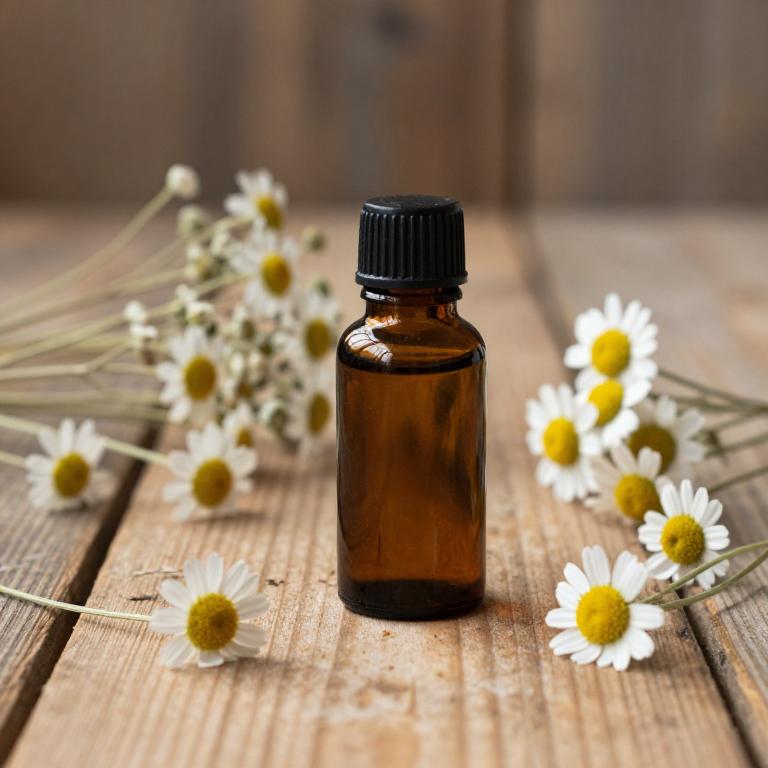
Anthemis nobilis herbal essential oils are used to promote relaxation and reduce anxiety due to their calming and soothing properties.
These oils are often utilized in aromatherapy to help ease stress and improve mood, making them beneficial for individuals experiencing emotional distress. They can also be applied topically to alleviate muscle tension and headaches, offering a natural remedy for physical discomfort. The essential oil's mild and pleasant scent makes it suitable for use in diffusers, massage blends, and personal care products.
Overall, anthemis nobilis essential oils are valued for their ability to support both mental and physical well-being through their therapeutic effects.
92. Sacred lotus (Nelumbo nucifera)
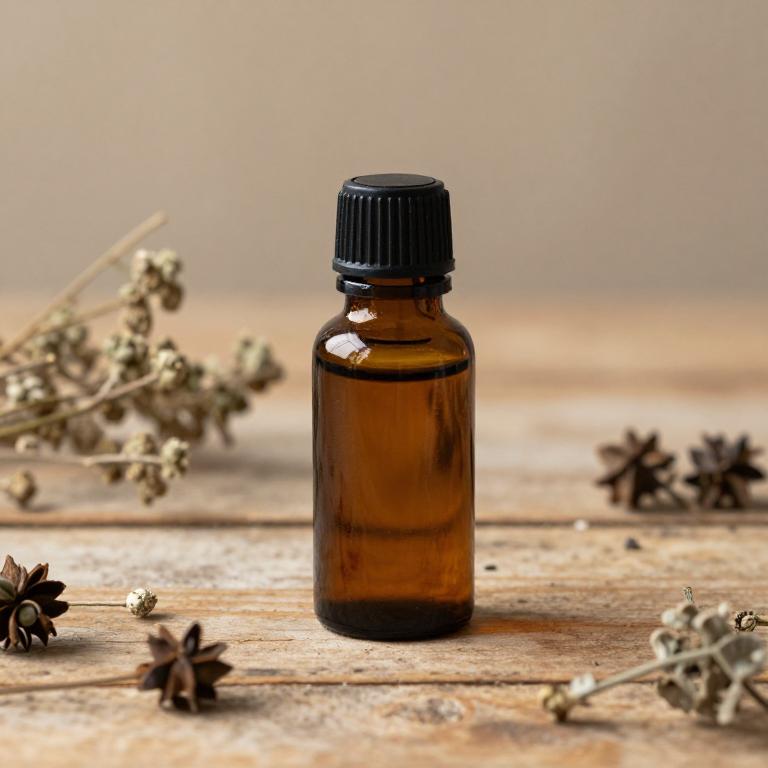
Nelumbo nucifera herbal essential oils are used to promote relaxation and reduce stress due to their calming and soothing properties.
These oils are often incorporated into aromatherapy practices to help ease anxiety and improve mood by stimulating the parasympathetic nervous system. They are also valued for their antimicrobial and anti-inflammatory benefits, making them useful in skincare and natural remedies for treating skin conditions. In traditional medicine, these oils are believed to enhance mental clarity and support overall well-being.
Their versatility in both aromatherapy and topical applications makes them a popular choice for holistic health practices.
93. Chinese peony (Paeonia lactiflora)
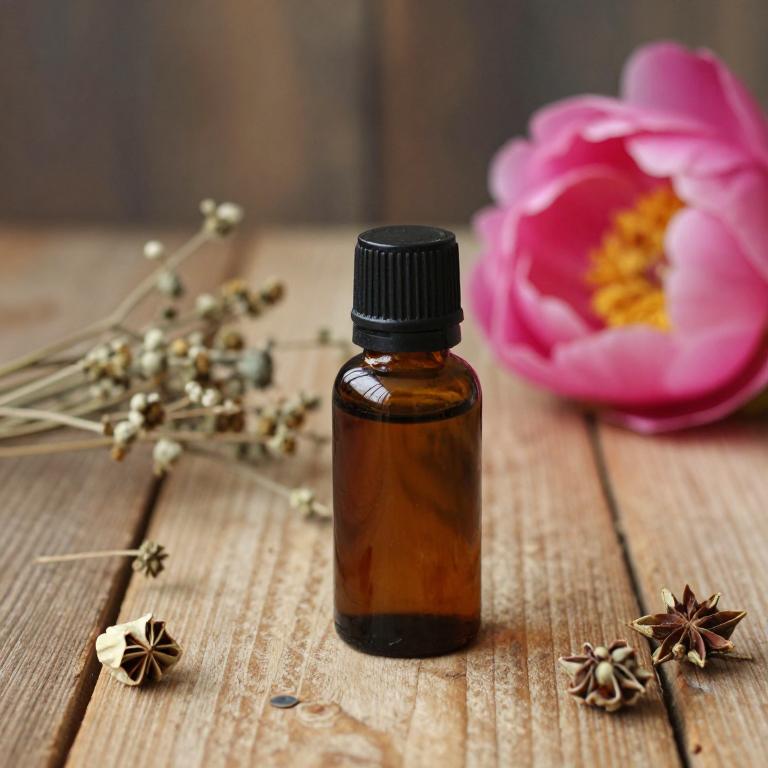
Paeonia lactiflora herbal essential oils are used to promote relaxation and reduce stress due to their calming and sedative properties.
These essential oils are also valued for their ability to support respiratory health by helping to ease symptoms of congestion and coughing. In aromatherapy, they are often utilized to enhance mood and create a sense of tranquility, making them ideal for use in meditation or bedtime routines. Additionally, paeonia lactiflora essential oils may have anti-inflammatory effects, which can aid in alleviating symptoms of skin conditions and inflammation.
Their versatility in both aromatic and topical applications makes them a valuable component in natural wellness practices.
94. Common mallow (Symphytum officinale)
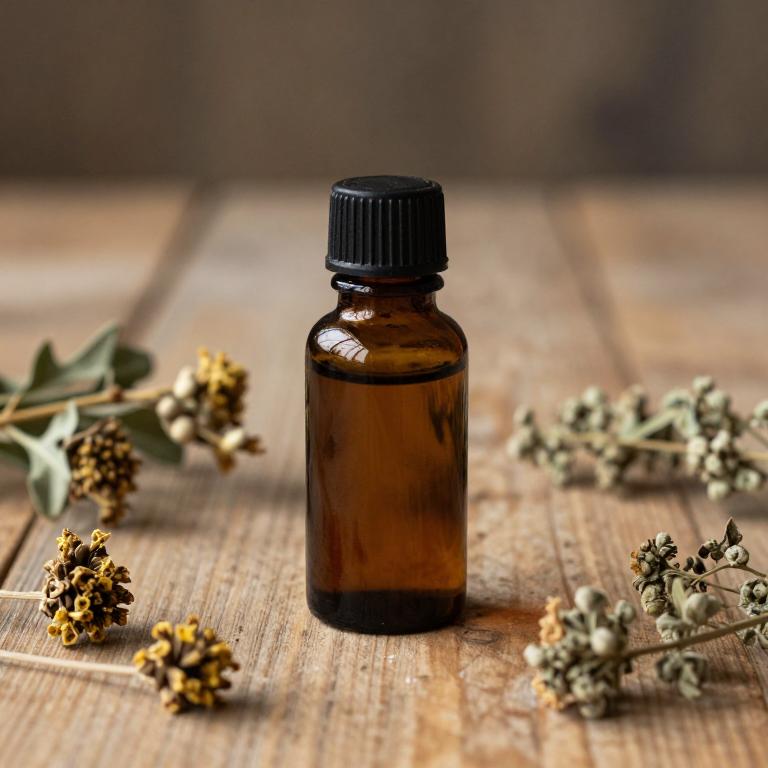
Symphytum officinale herbal essential oils are used to promote wound healing and reduce inflammation due to their rich content of bioactive compounds like saponins and alkaloids.
These oils are commonly applied topically to treat bruises, sprains, and other soft tissue injuries, as they help stimulate cellular regeneration and enhance tissue repair. Their anti-inflammatory properties make them beneficial for alleviating pain and swelling associated with musculoskeletal conditions. Additionally, symphytum officinale essential oils are valued in aromatherapy for their calming effects, which can help reduce stress and improve overall well-being.
However, their use should be cautious, as they may cause skin irritation in some individuals, necessitating proper dilution and patch testing.
95. Sabal palmetto
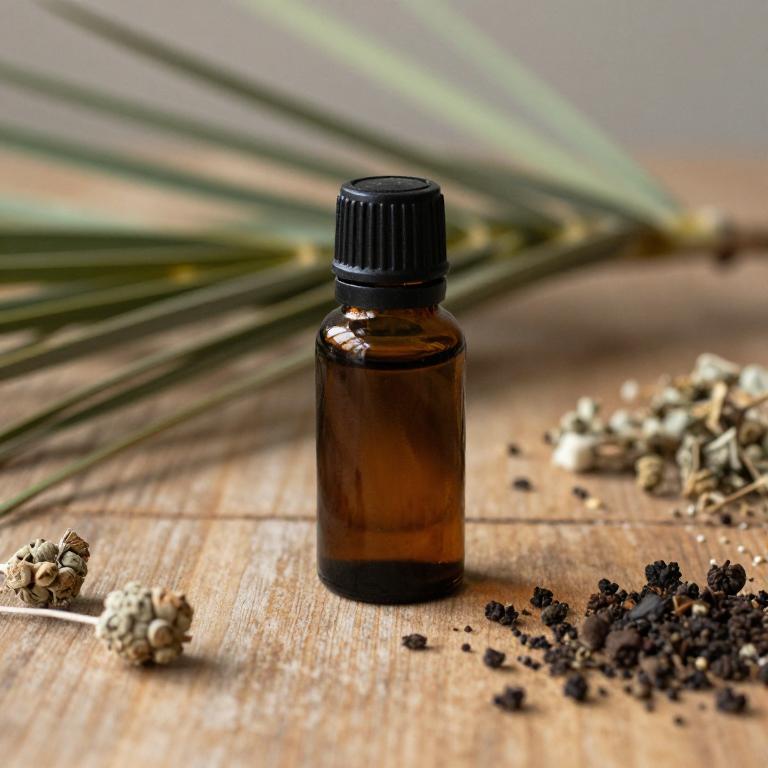
Sabal palmetto herbal essential oils are used to support prostate health and reduce symptoms of benign prostatic hyperplasia (BPH) due to their anti-inflammatory and antifungal properties.
These oils contain compounds that may help regulate hormone levels and reduce swelling in the prostate gland, making them a popular natural remedy for men's health issues. Additionally, they are valued for their ability to promote skin healing and reduce inflammation, making them useful in topical applications for skin conditions. The essential oils are also believed to enhance circulation and support the immune system, contributing to overall wellness.
Their versatility and potential therapeutic benefits make sabal palmetto a valuable ingredient in both traditional and modern herbal medicine.
96. Sabal serrulata
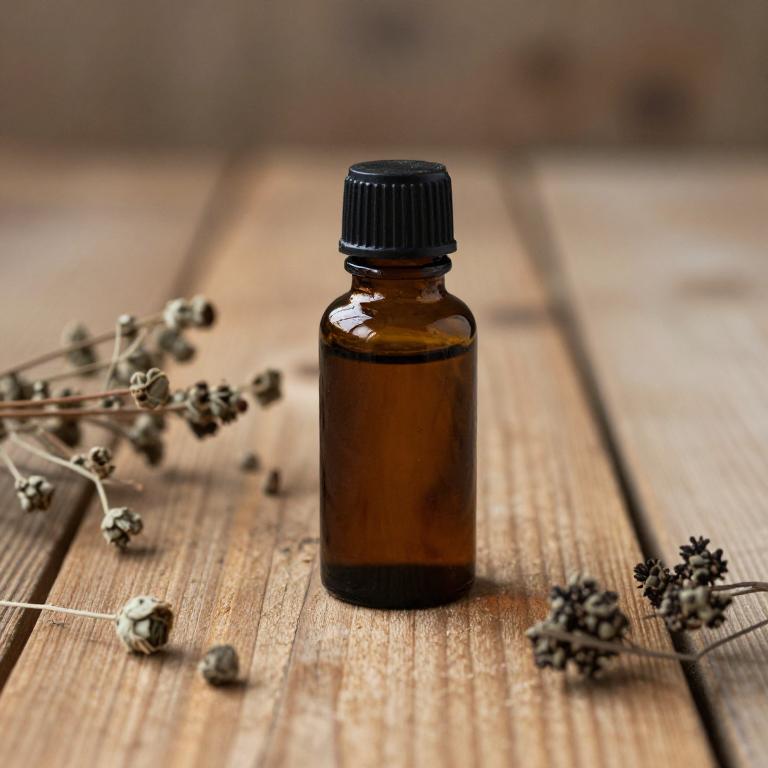
Sabal serrulata herbal essential oils are used to support hormonal balance and alleviate symptoms associated with menopause, such as hot flashes and mood swings.
These oils are valued for their potential to regulate estrogen levels, making them a popular choice in natural remedies for women's health. The essential oils derived from Sabal serrulata are also believed to promote skin health and may be used topically for conditions like eczema or psoriasis. Their anti-inflammatory and antioxidant properties contribute to their effectiveness in reducing inflammation and supporting overall wellness.
Due to these benefits, Sabal serrulata essential oils are increasingly sought after in both aromatherapy and alternative medicine practices.
97. Ashwagandha (Withania somnifera)
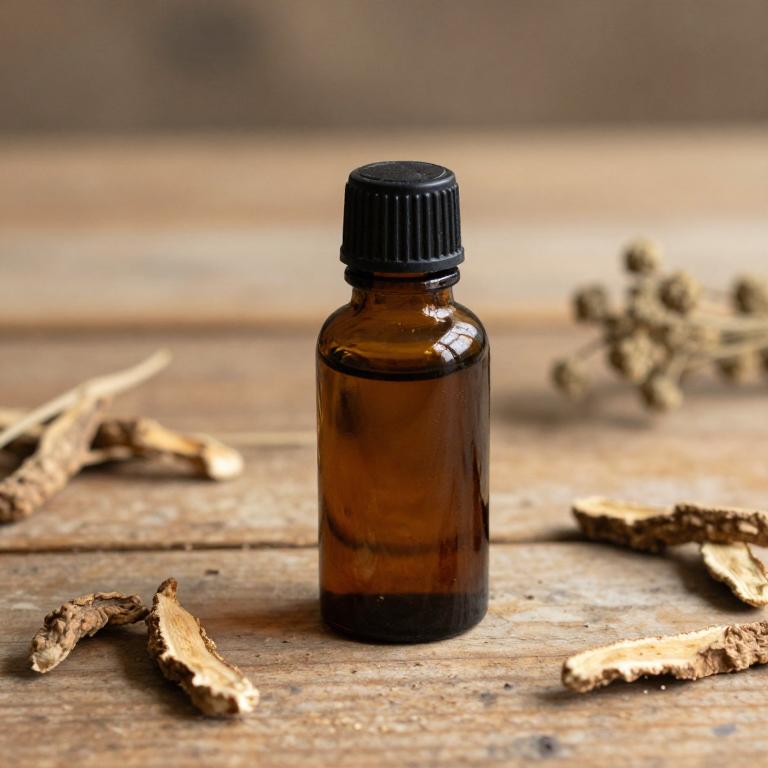
Withania somnifera herbal essential oils are used to promote relaxation and reduce stress due to their adaptogenic properties that help the body manage stress more effectively.
These oils are also valued for their potential to enhance mental clarity and support cognitive function, making them popular in aromatherapy practices. Additionally, they are used to alleviate symptoms of anxiety and insomnia by calming the nervous system and promoting a sense of well-being. The presence of bioactive compounds like alkaloids and withanolides contributes to their therapeutic effects.
Overall, the use of Withania somnifera essential oils is supported by traditional medicine and growing scientific interest in their holistic health benefits.
98. Heartworts (Leonurus cardiaca)
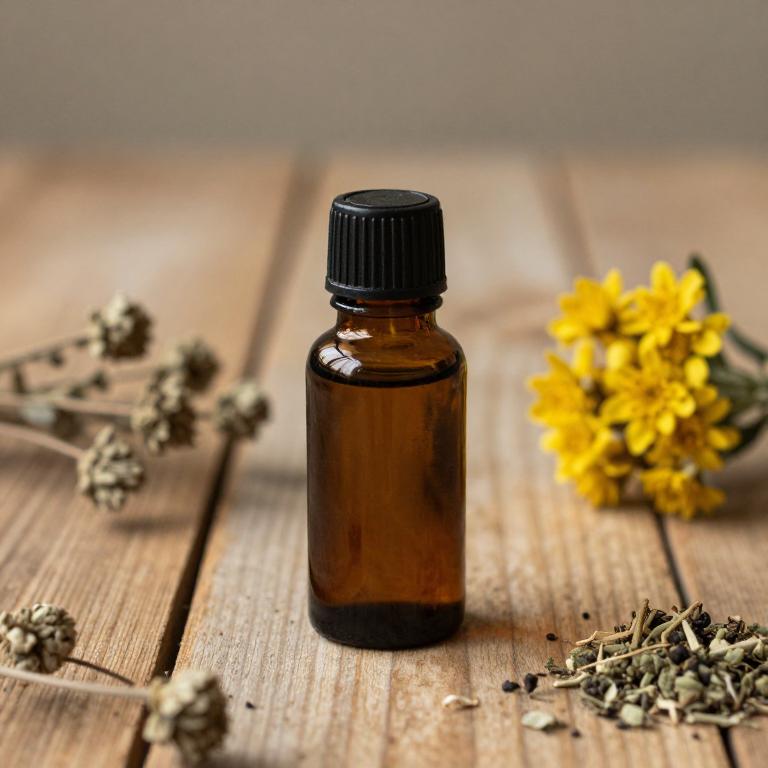
Leonurus cardiaca herbal essential oils are used to support cardiovascular health due to their potent antioxidant and anti-inflammatory properties.
These oils have been traditionally valued for their ability to promote circulation and may help in reducing symptoms associated with heart conditions. The active compounds in the oil, such as flavonoids and phenolic acids, contribute to its cardiovascular benefits by improving blood flow and reducing oxidative stress. Additionally, the essential oil is believed to have calming effects, which can aid in stress-related heart issues.
Because of these properties, leonurus cardiaca essential oils are often incorporated into aromatherapy and natural remedies for holistic heart care.
99. Maca (Lepidium meyenii)
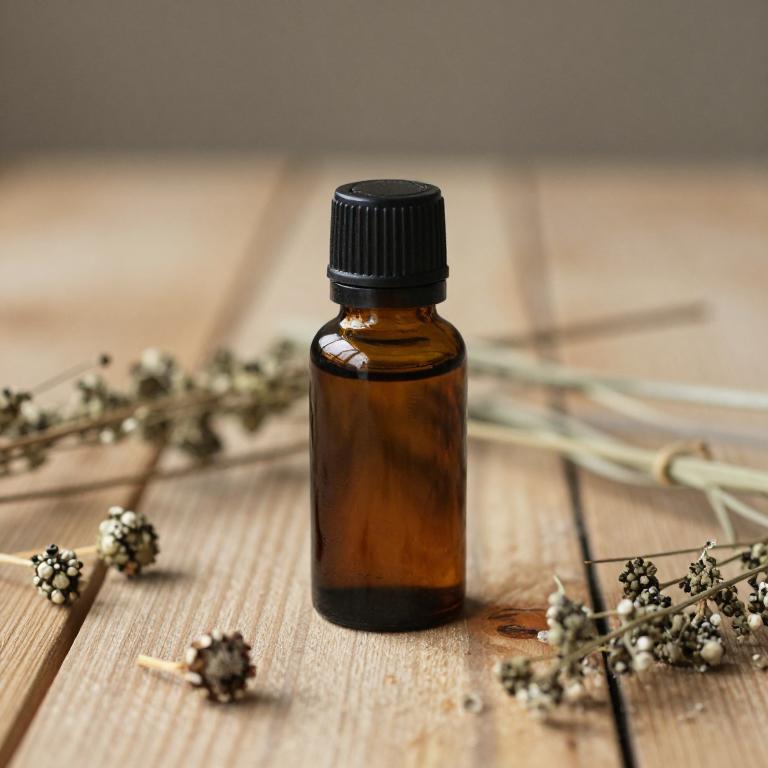
Lepidium meyenii herbal essential oils are used to promote digestive health and reduce gastrointestinal discomfort.
These oils contain compounds that may help soothe inflammation in the digestive tract and support the natural function of the gut. They are also valued for their potential antimicrobial properties, which can help combat harmful bacteria in the intestines. Additionally, the essential oils are sometimes used in aromatherapy to alleviate stress and promote a sense of calm.
Their unique combination of therapeutic benefits makes them a valuable natural remedy in holistic health practices.
100. Cyperus rotundus
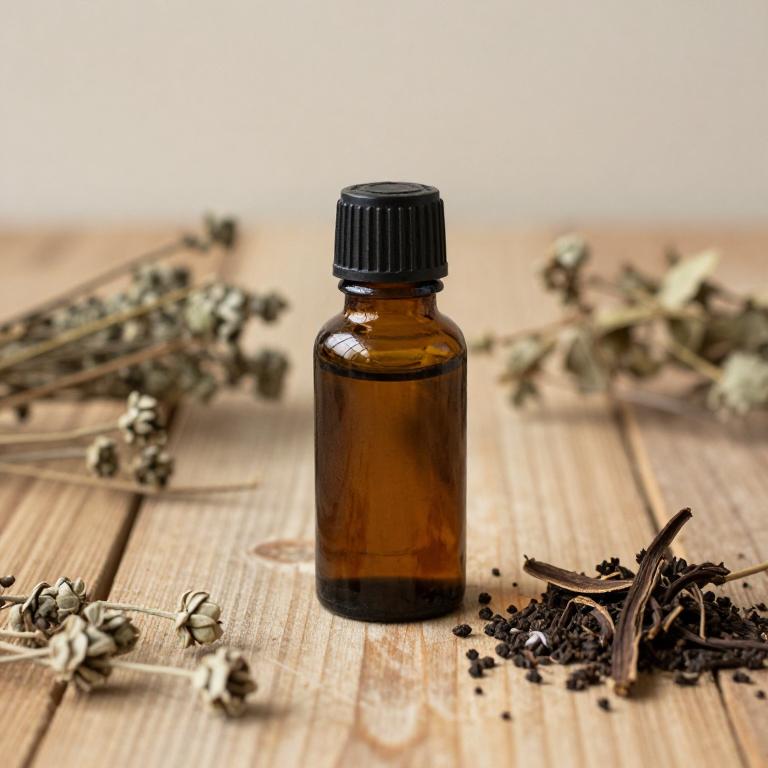
Cyperus rotundus herbal essential oils are used to promote emotional balance and reduce stress by stimulating the nervous system and enhancing mental clarity.
These oils are also valued for their anti-inflammatory and antimicrobial properties, making them effective in supporting skin health and treating minor infections. They are commonly used in aromatherapy to alleviate symptoms of anxiety and depression, offering a natural alternative to conventional treatments. Additionally, cyperus rotundus essential oils can aid in digestive health by stimulating the production of digestive enzymes and improving gut function.
Due to their versatility and therapeutic benefits, these oils are widely incorporated into holistic wellness practices and natural remedies.